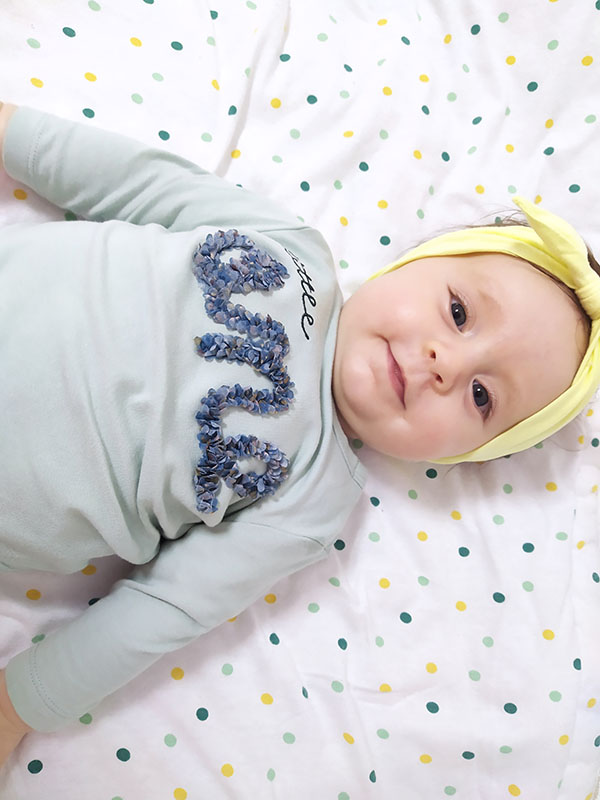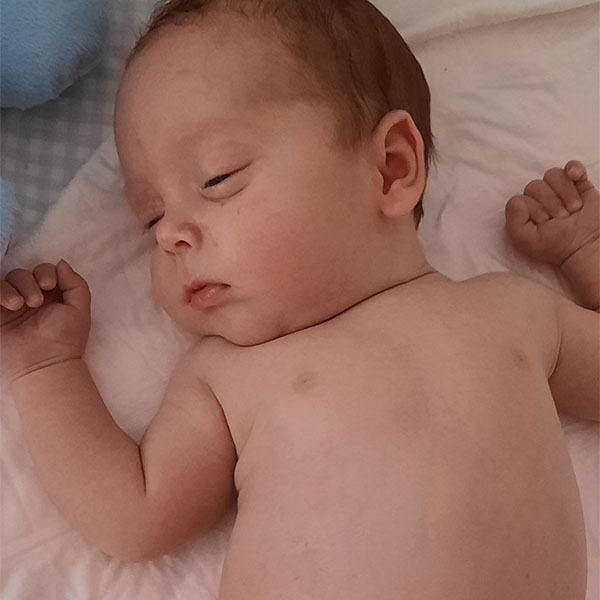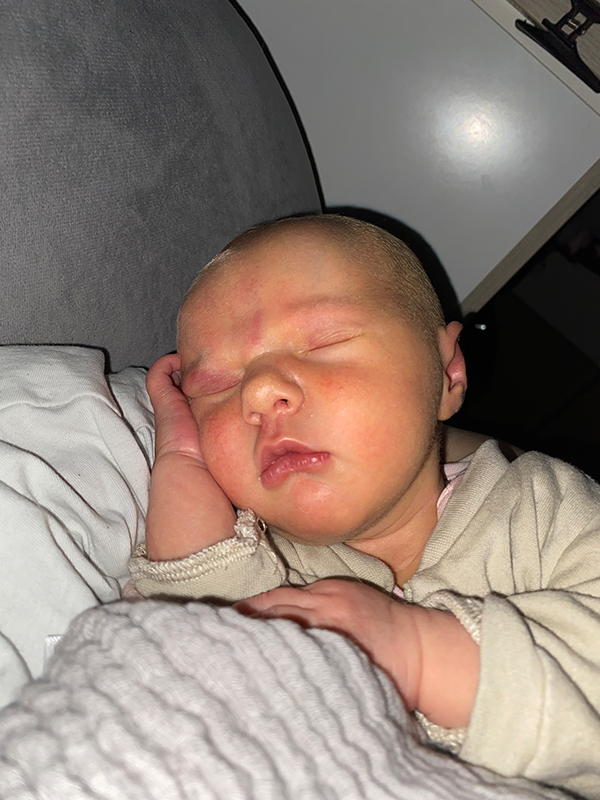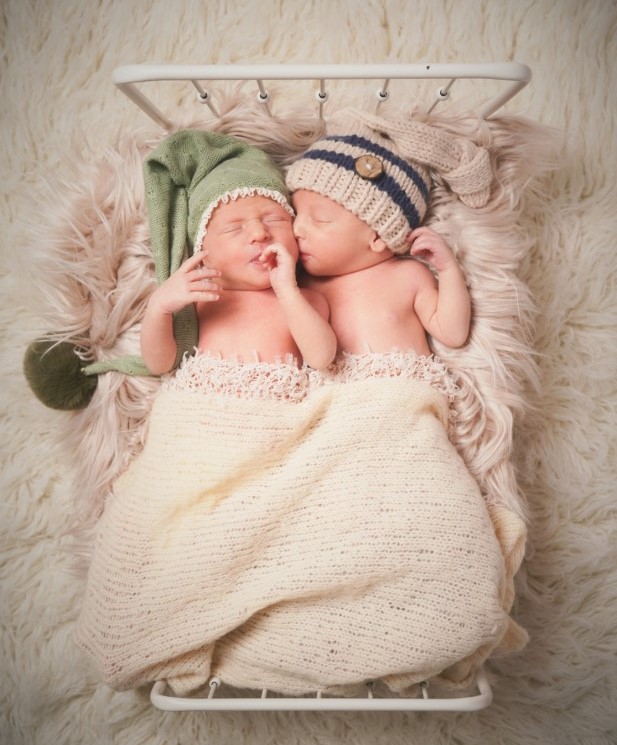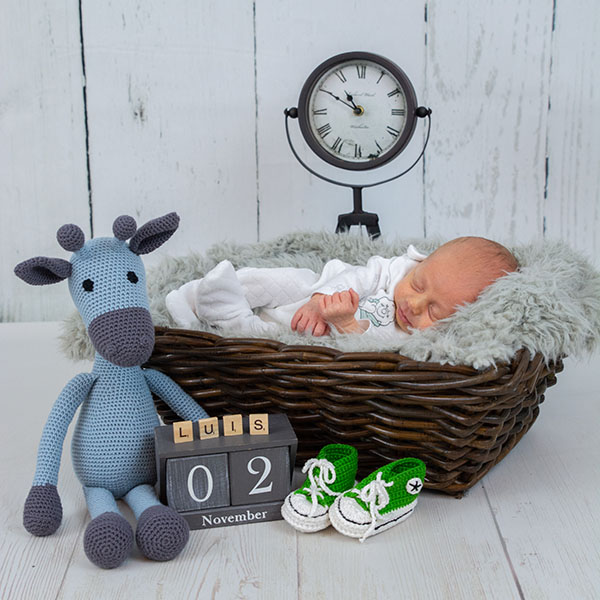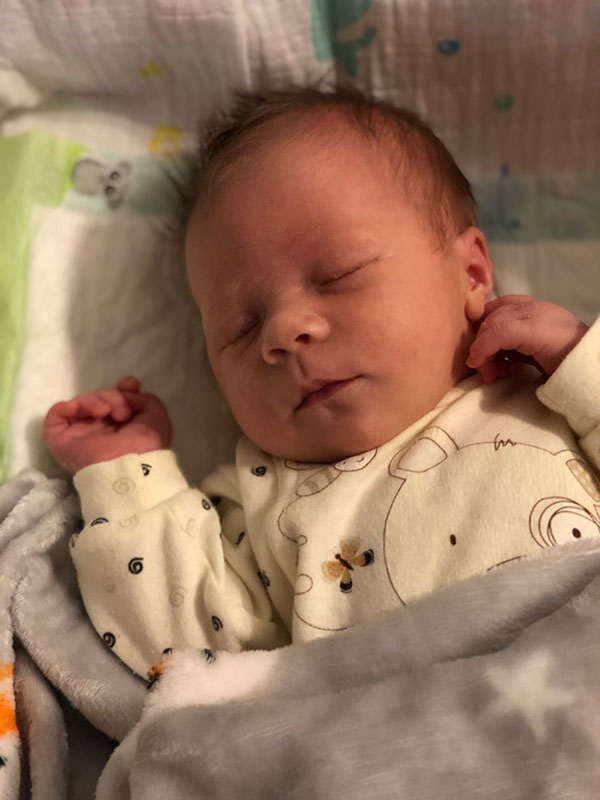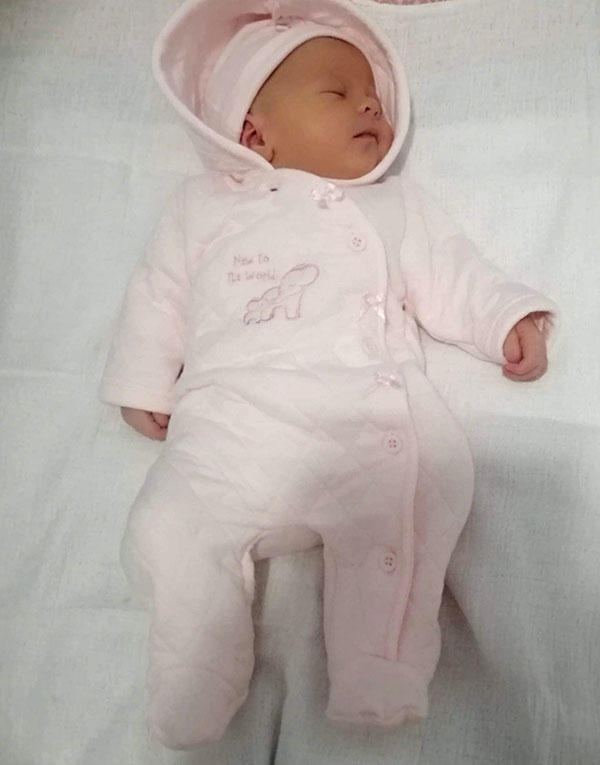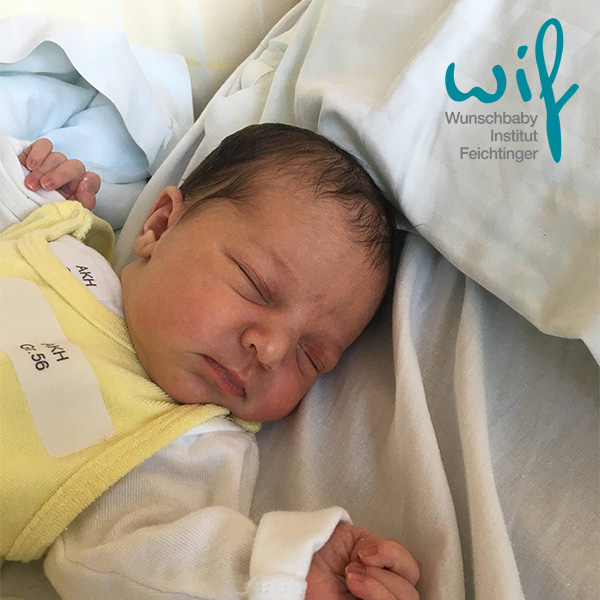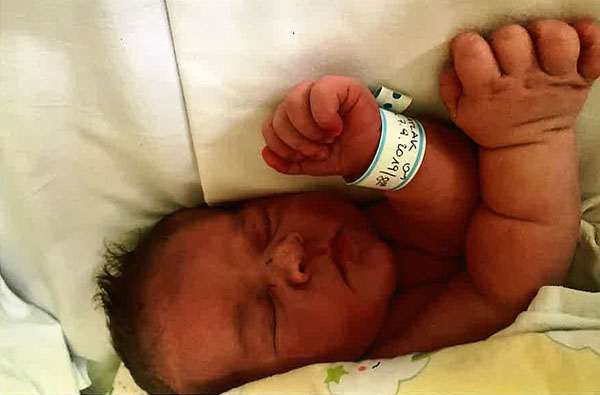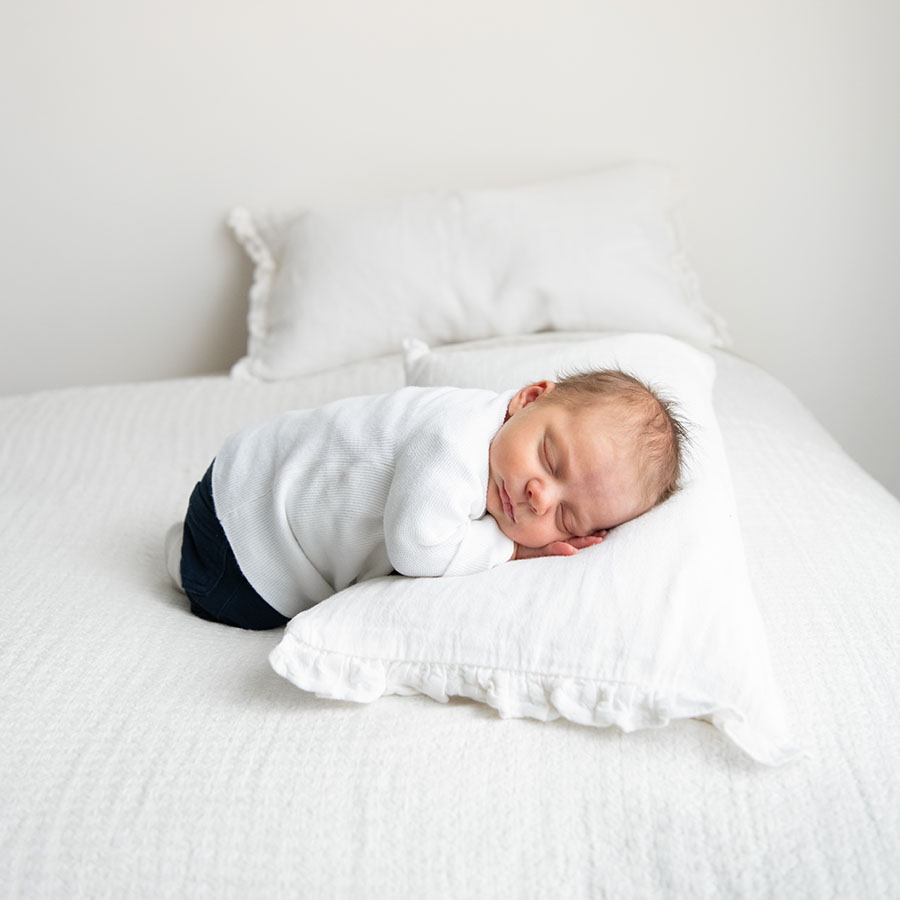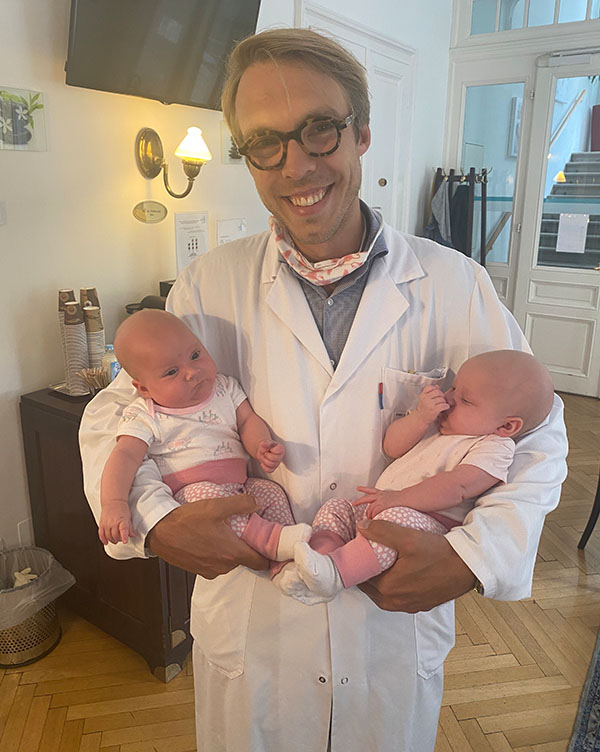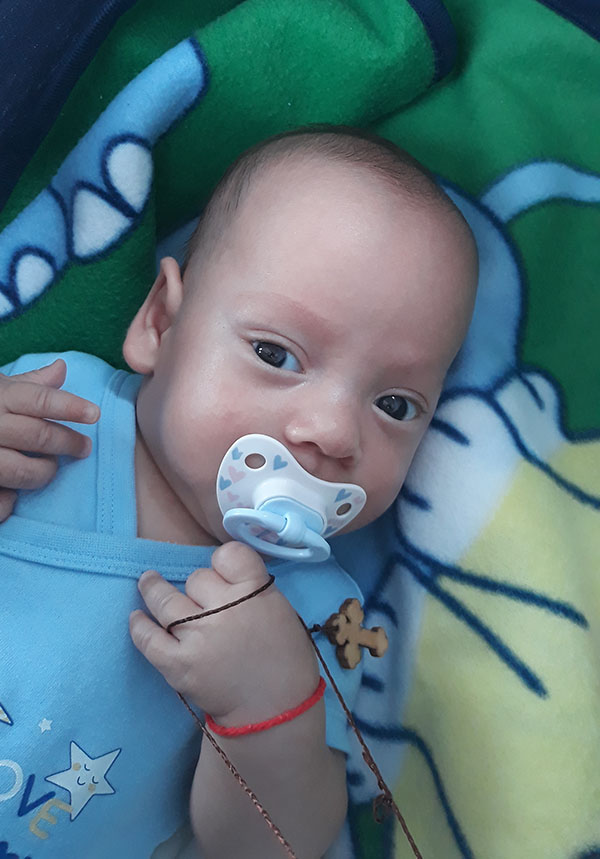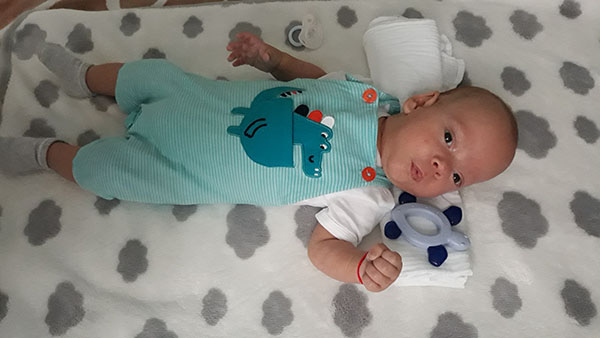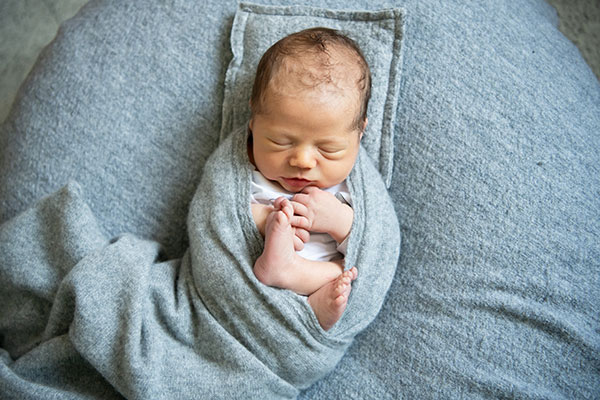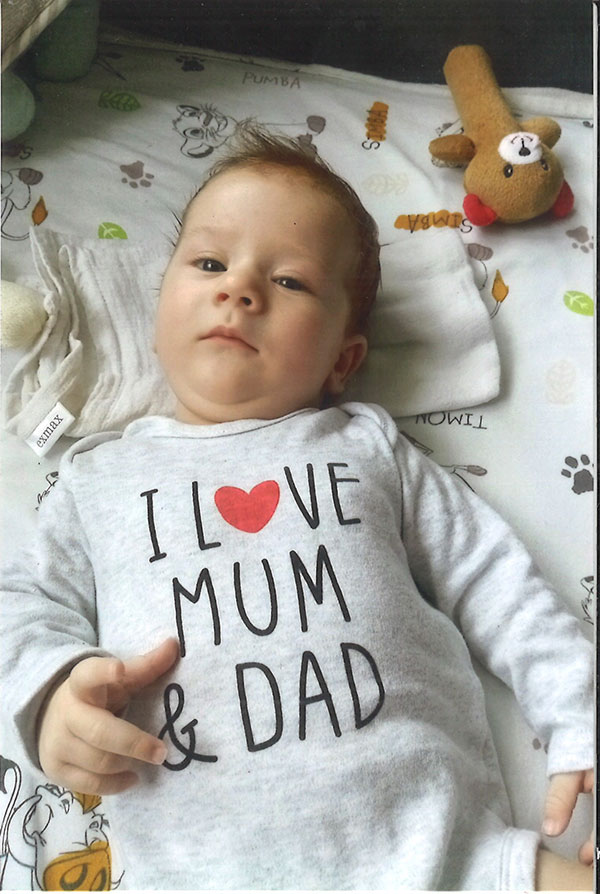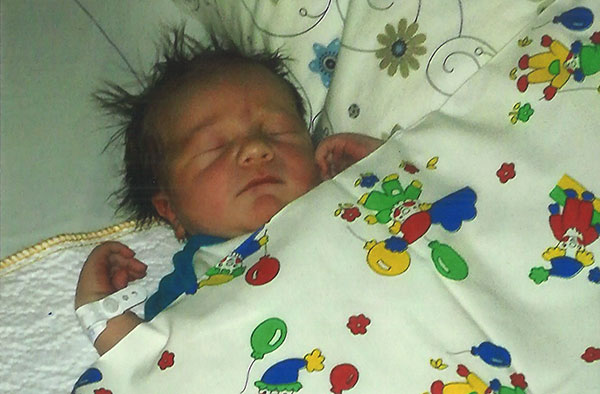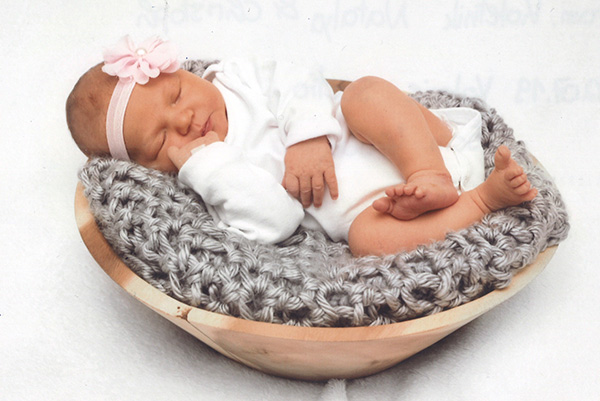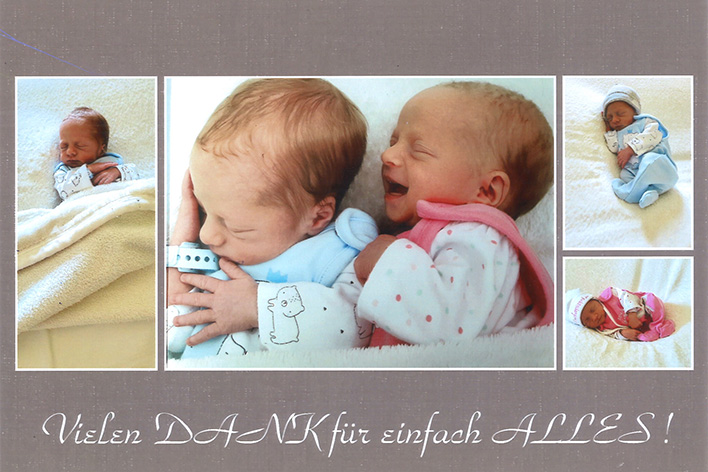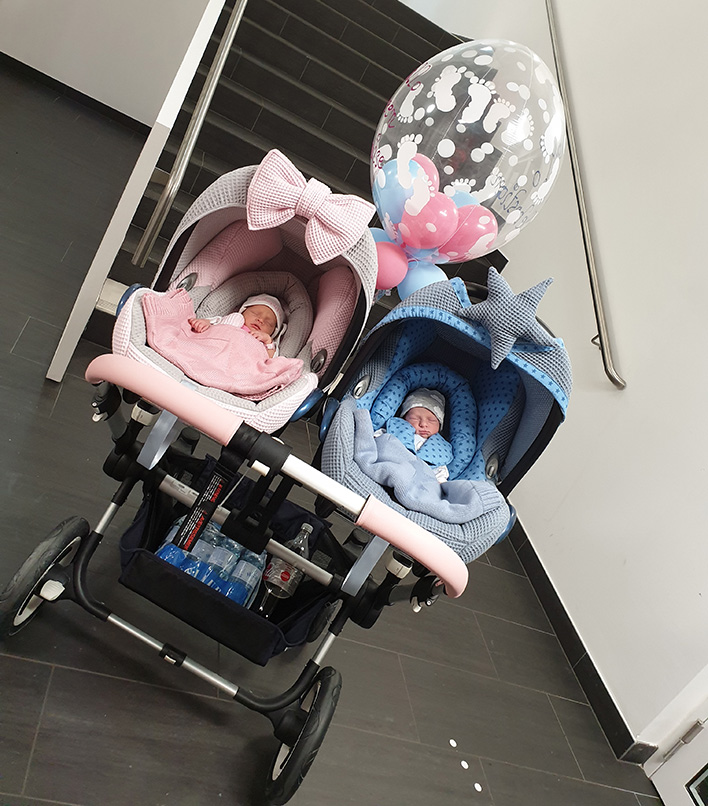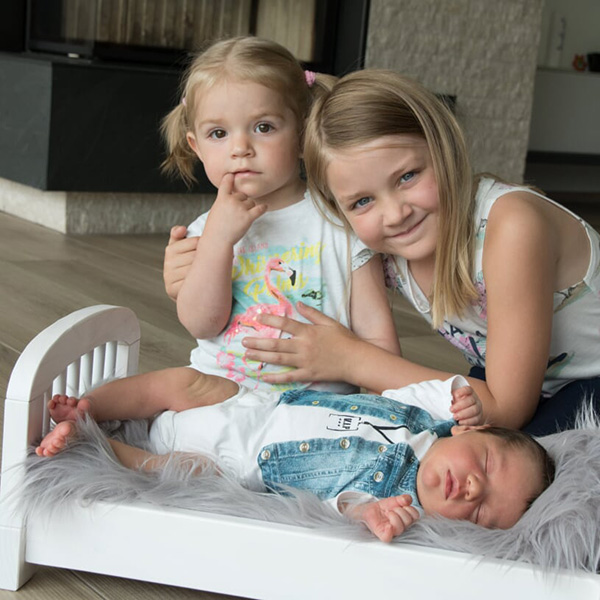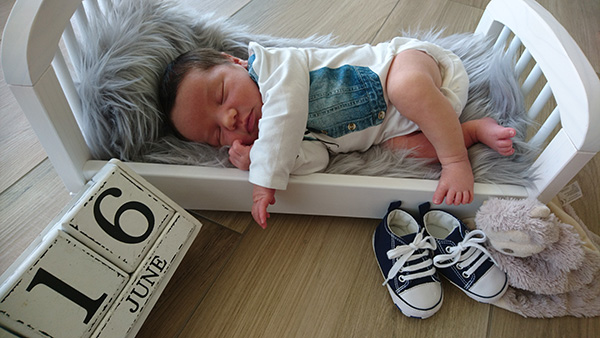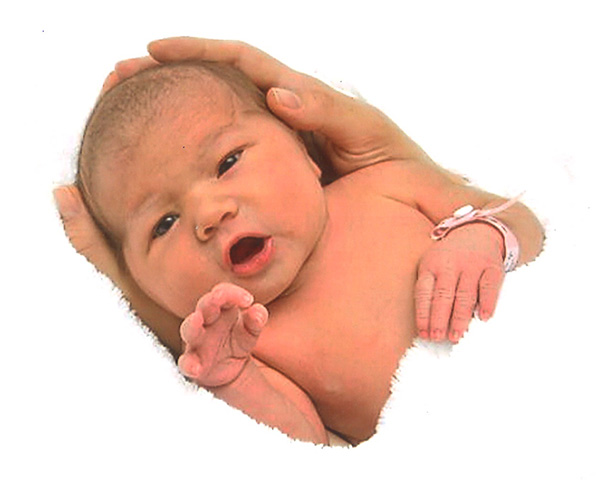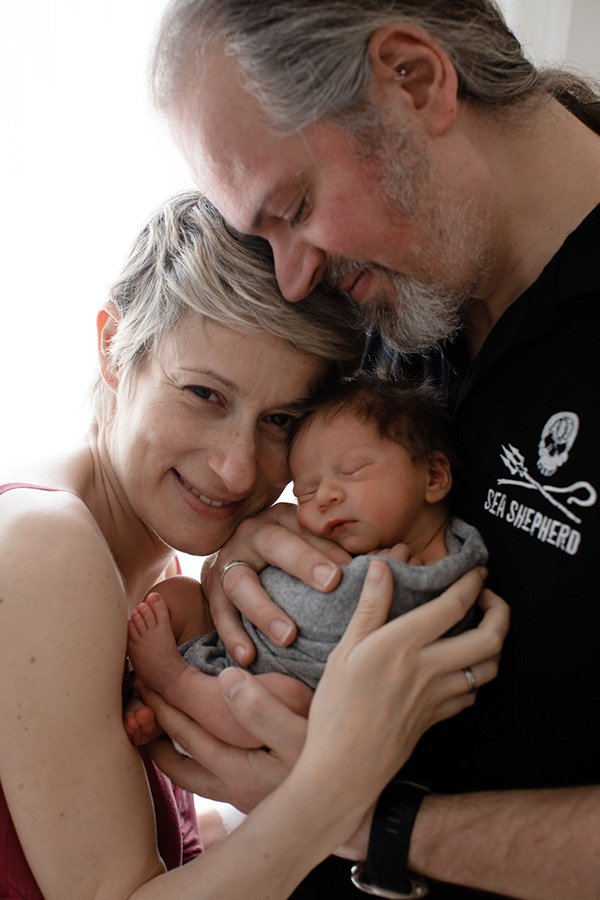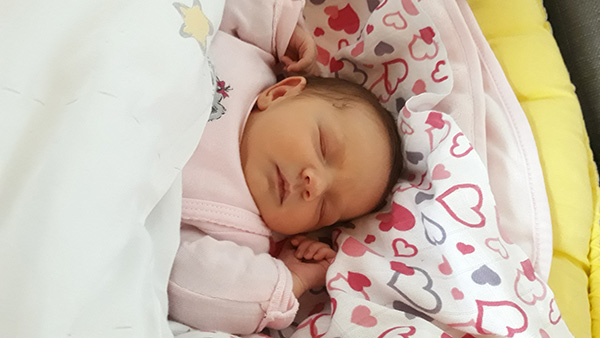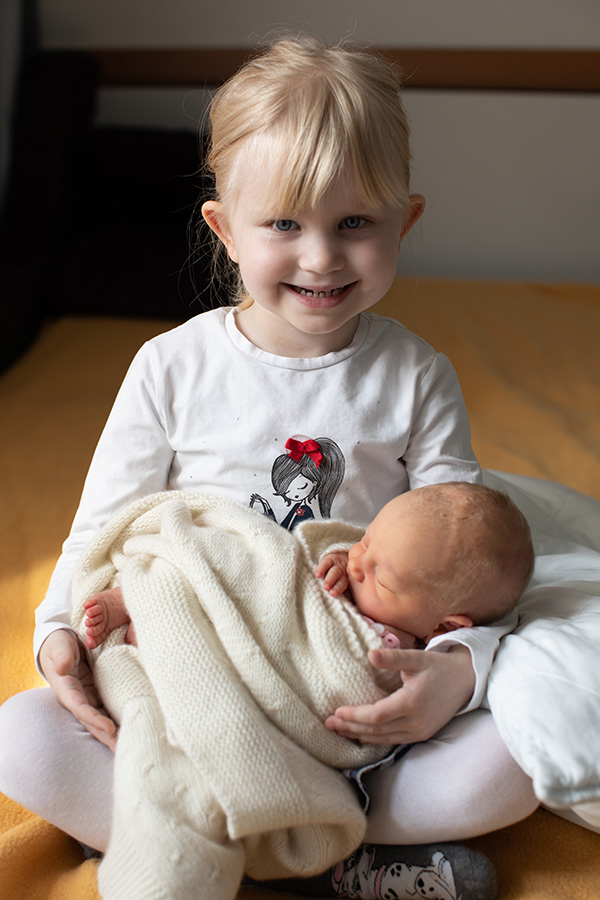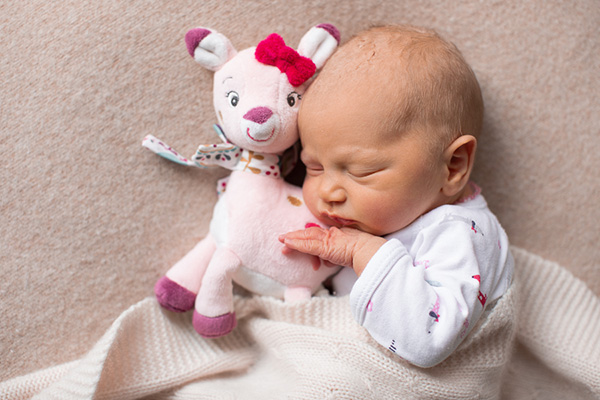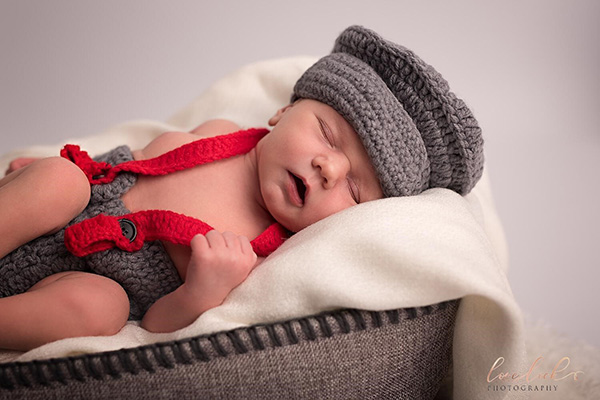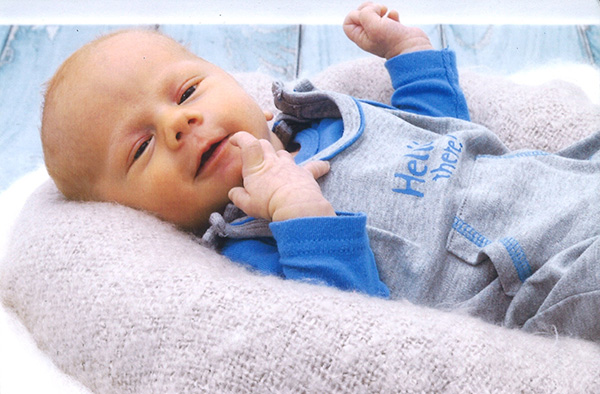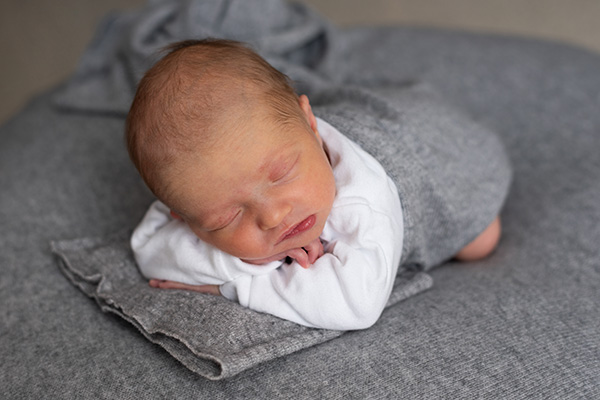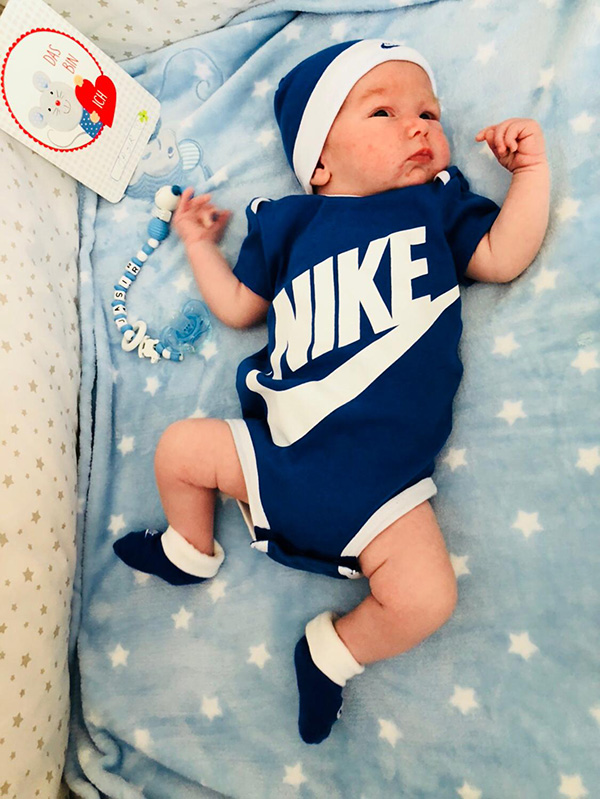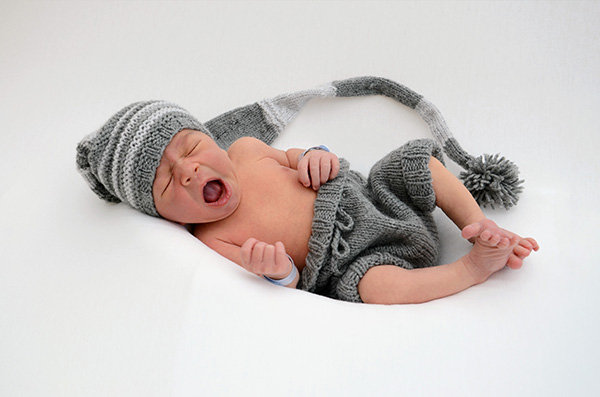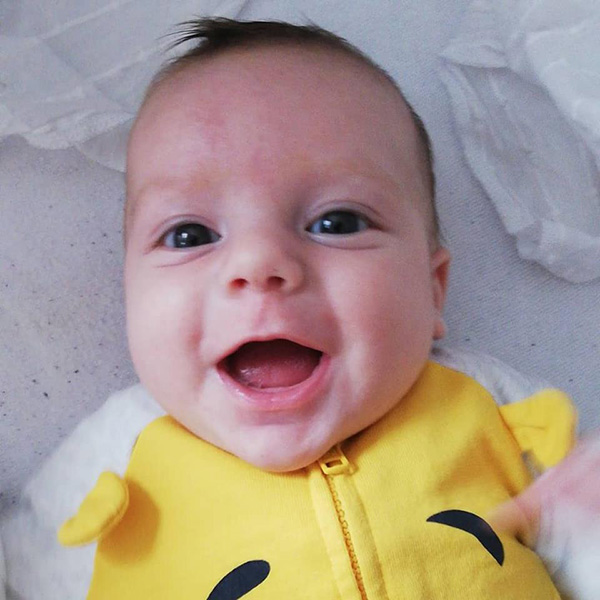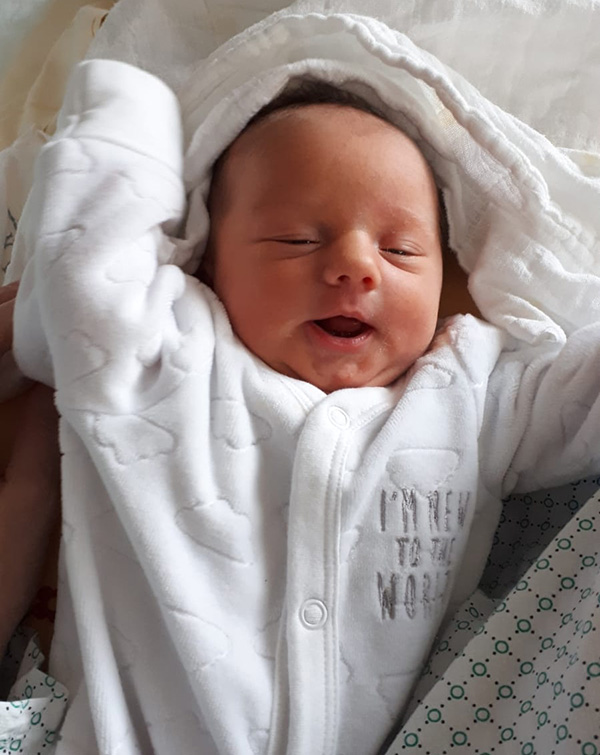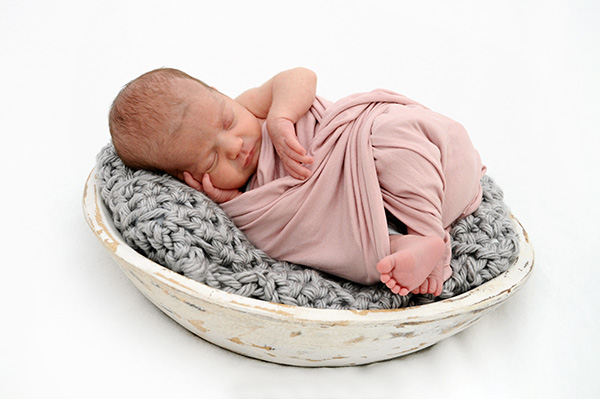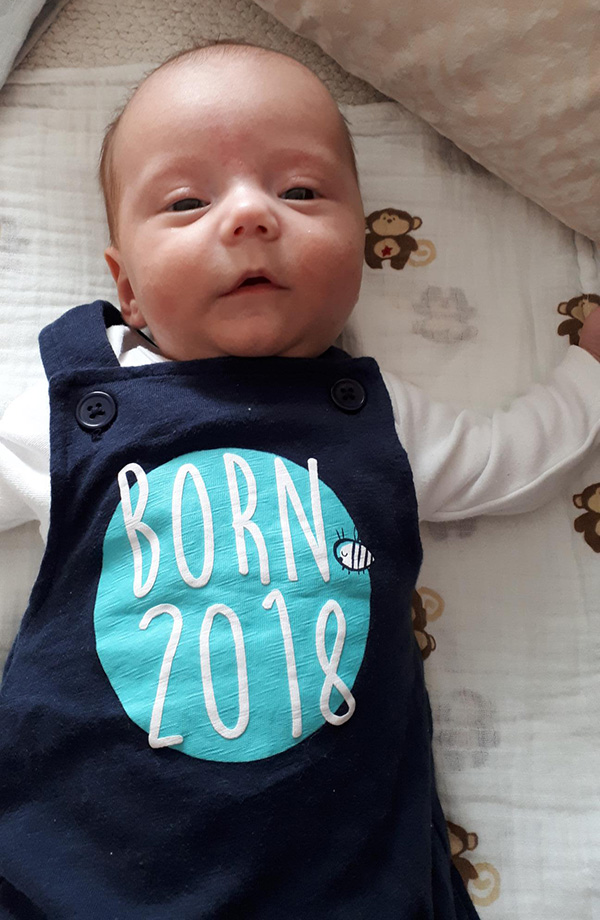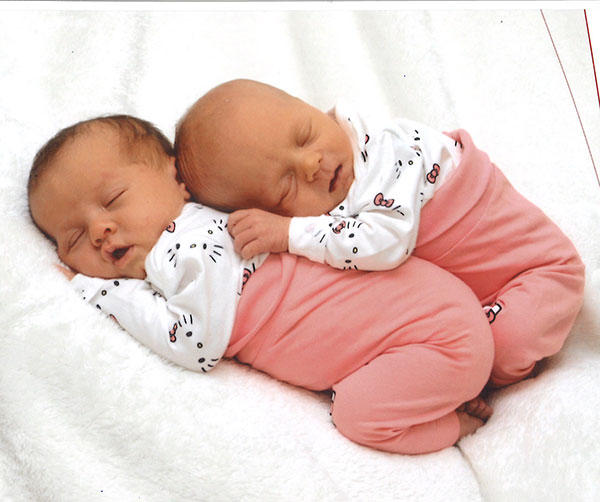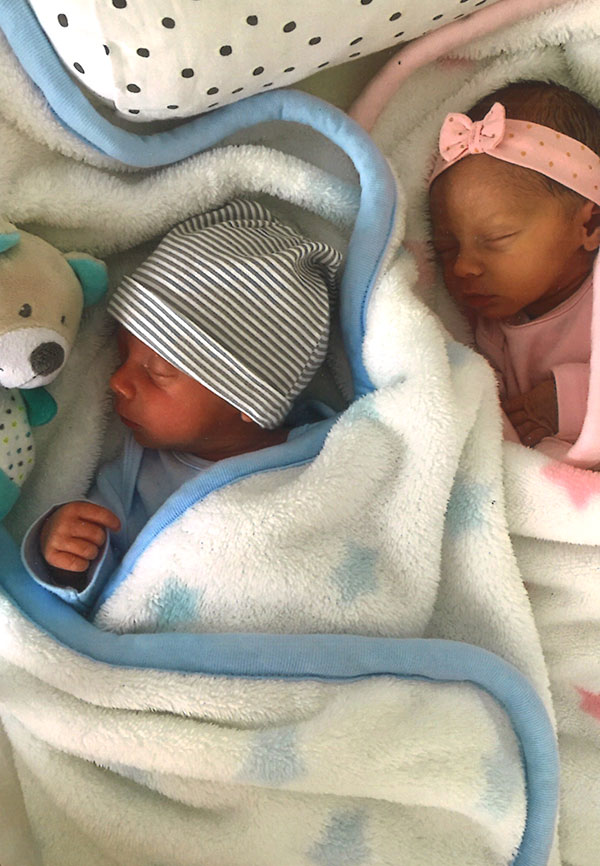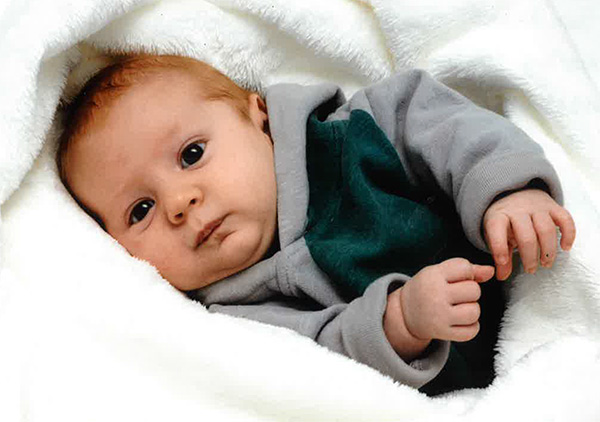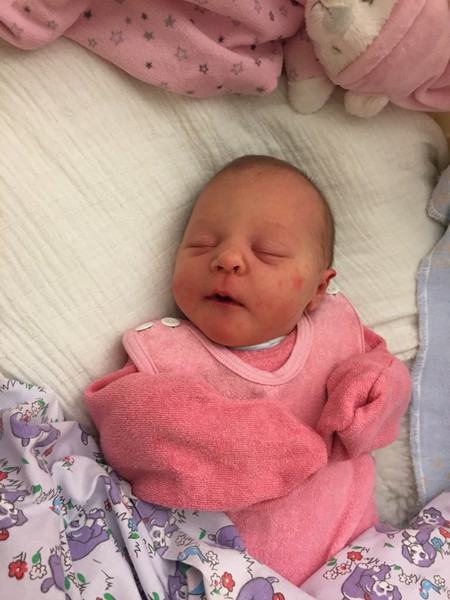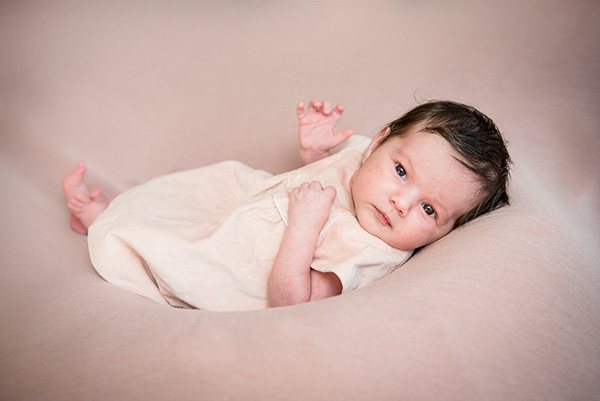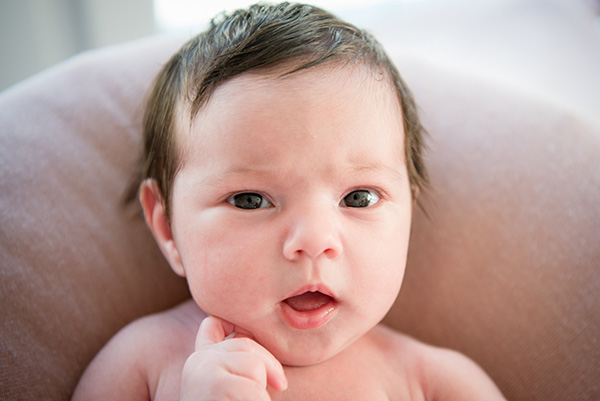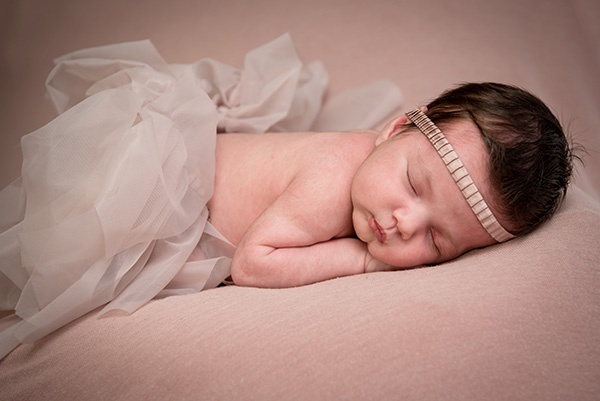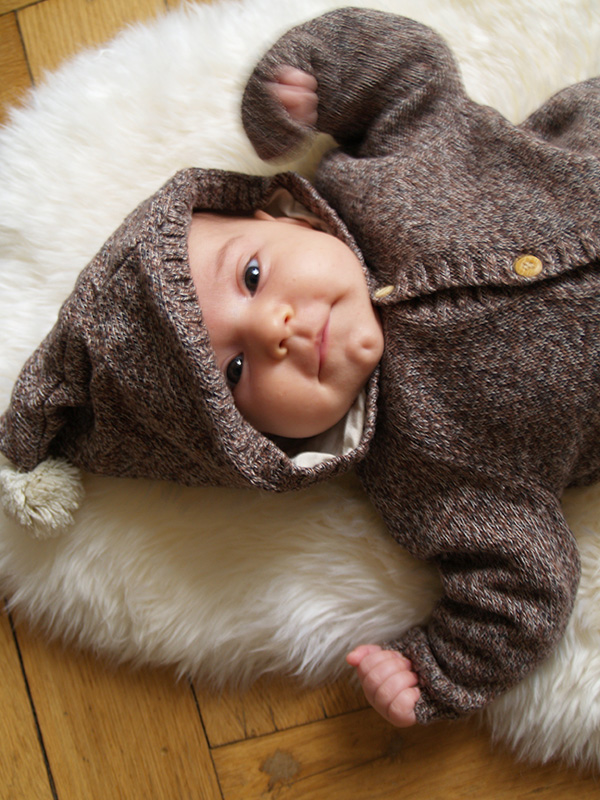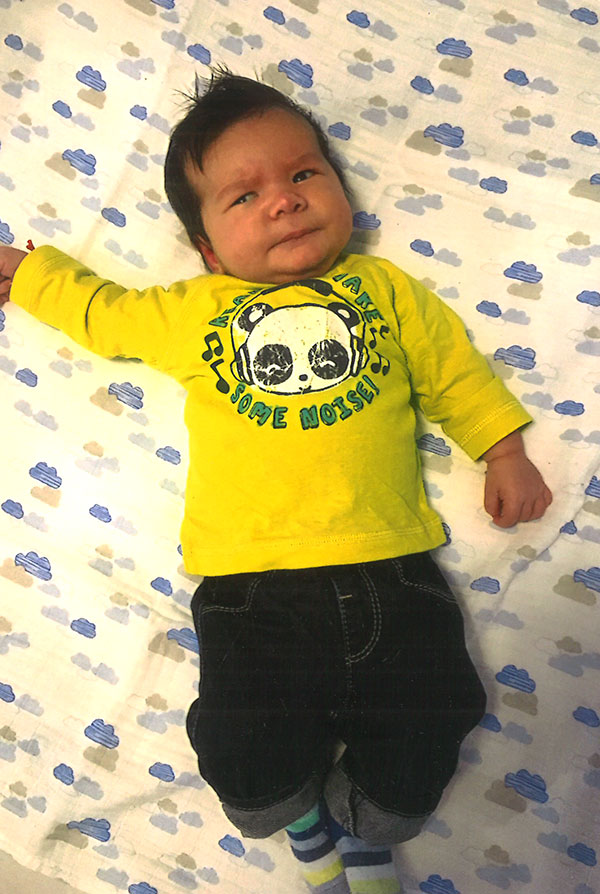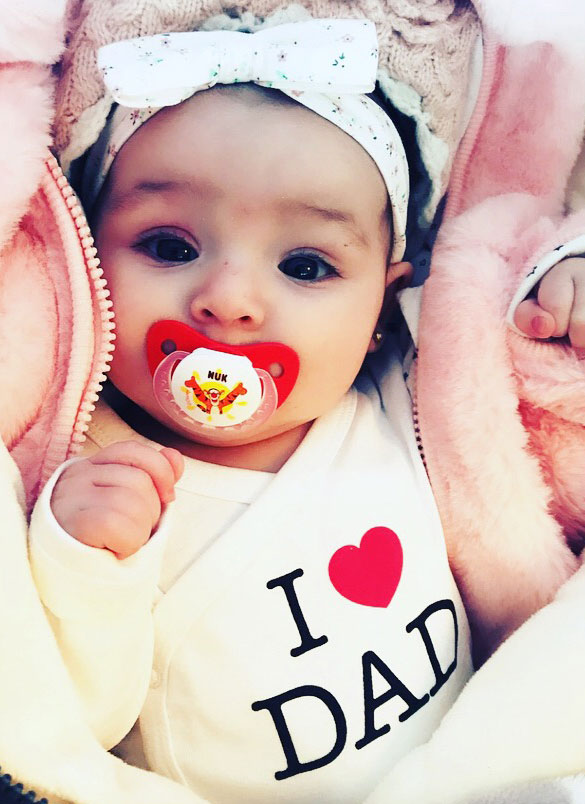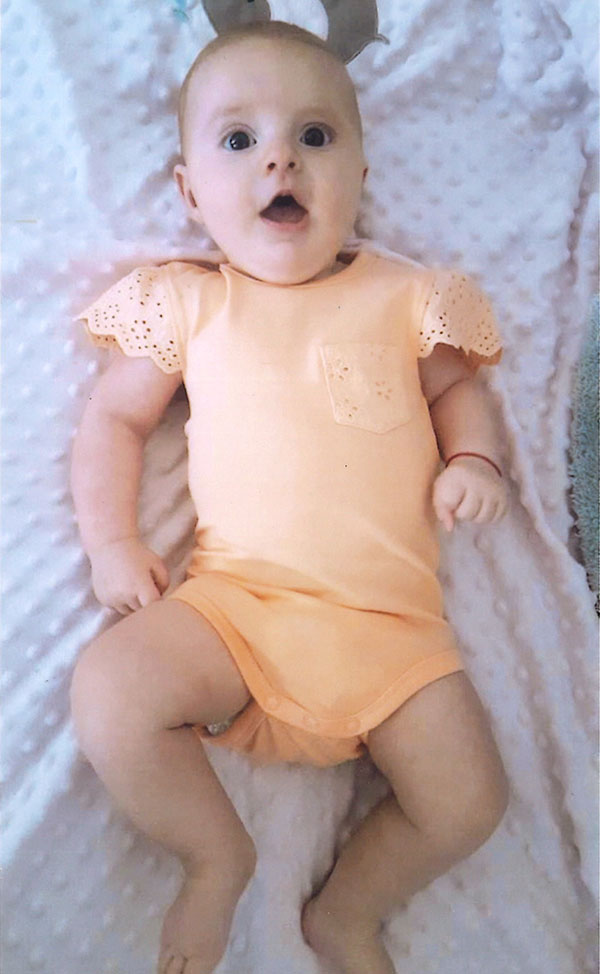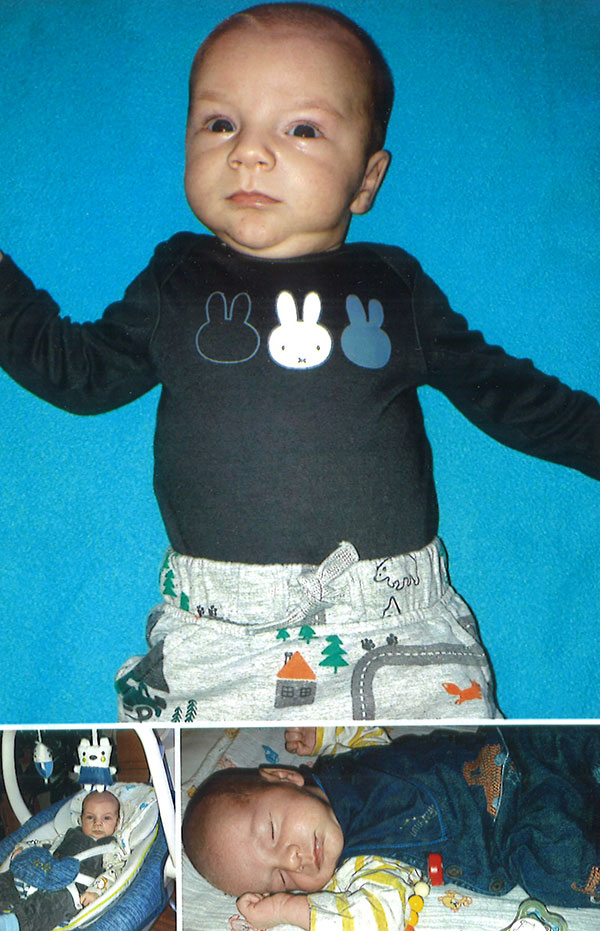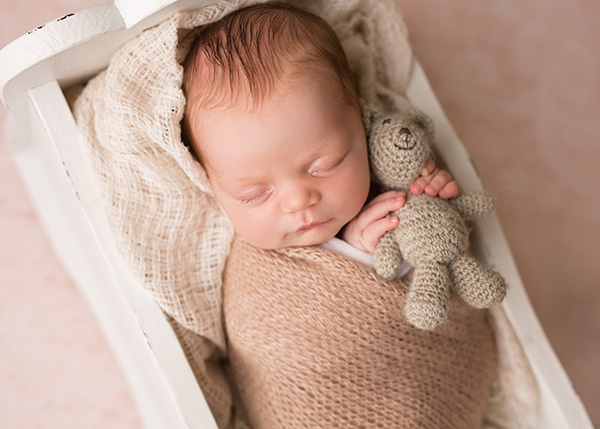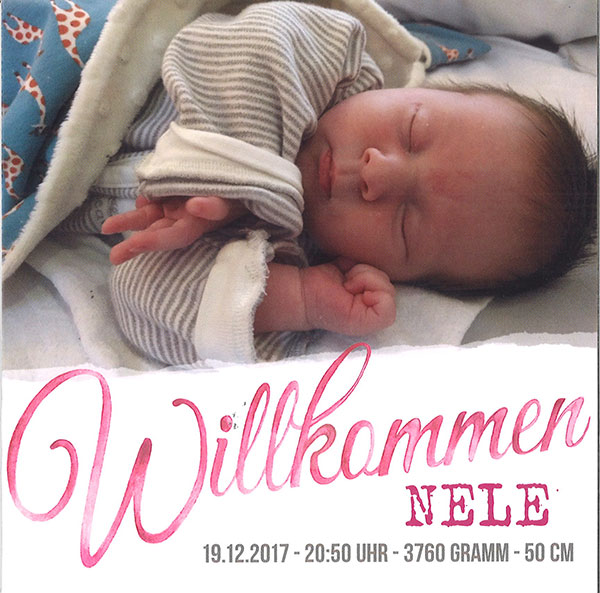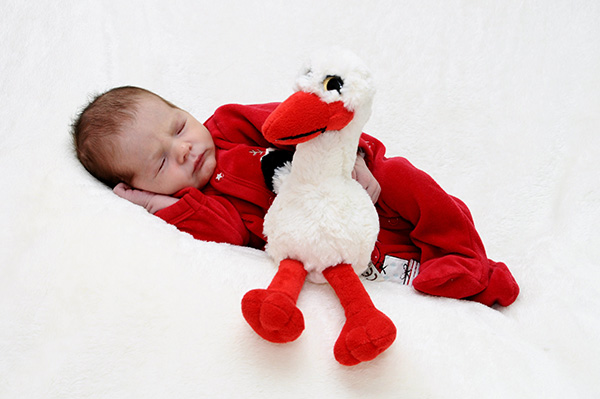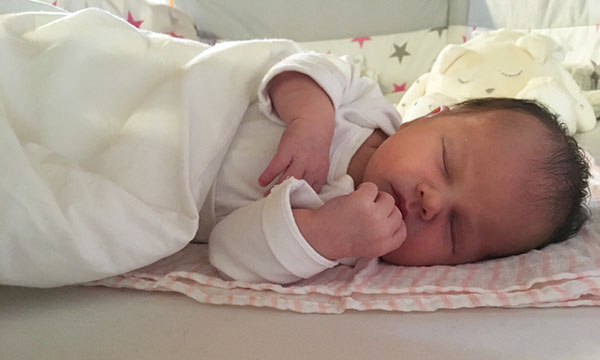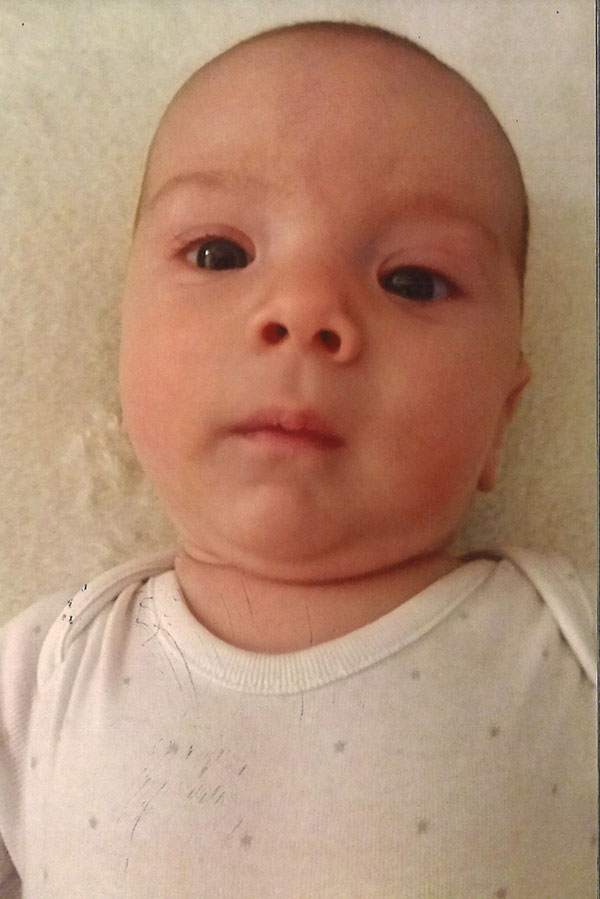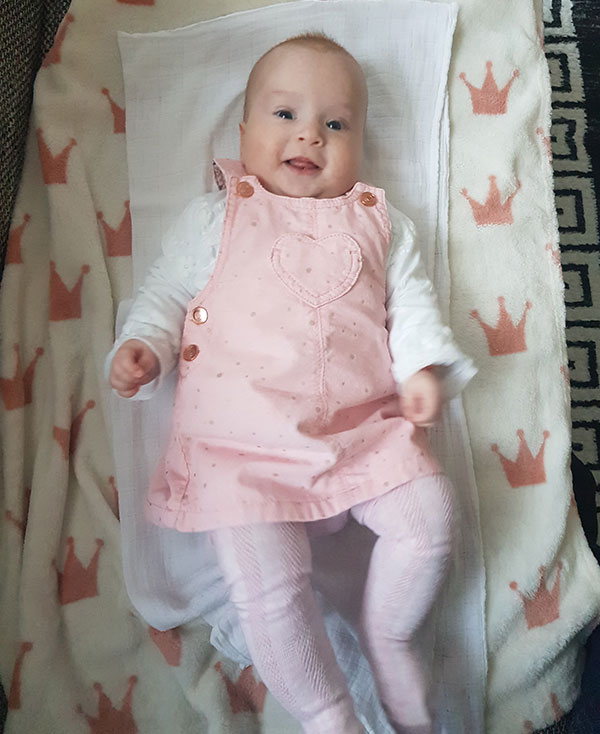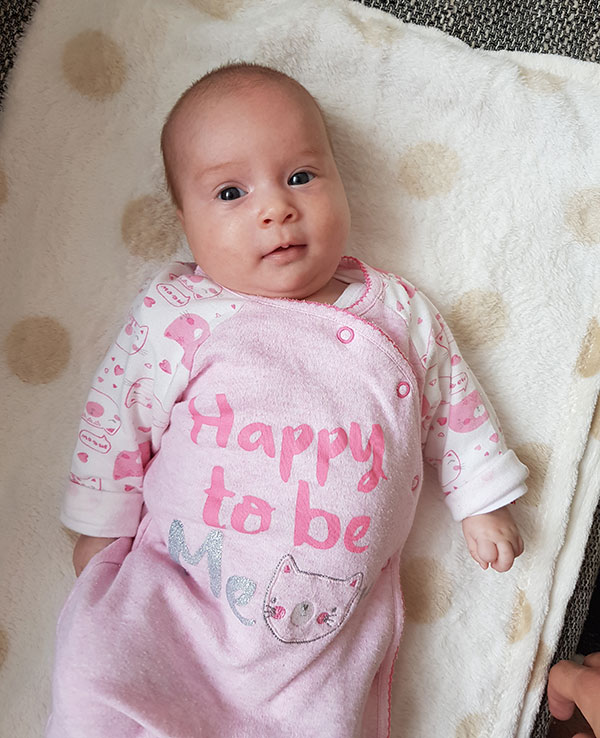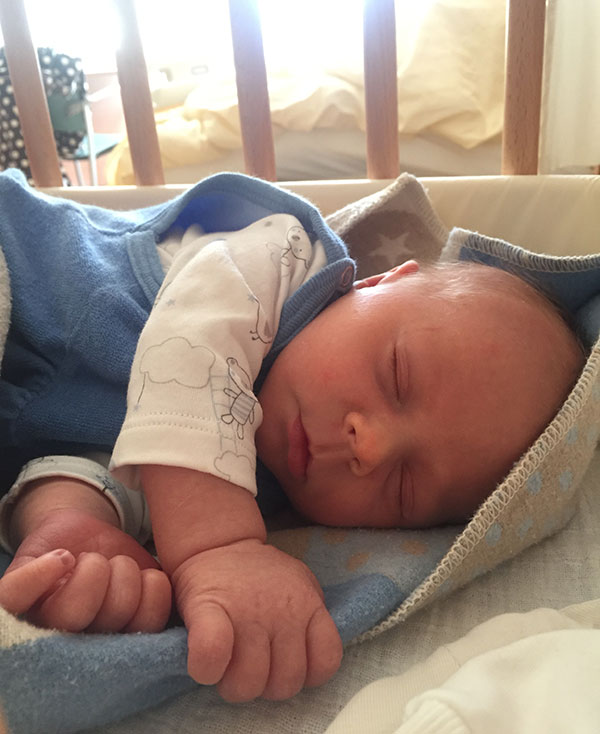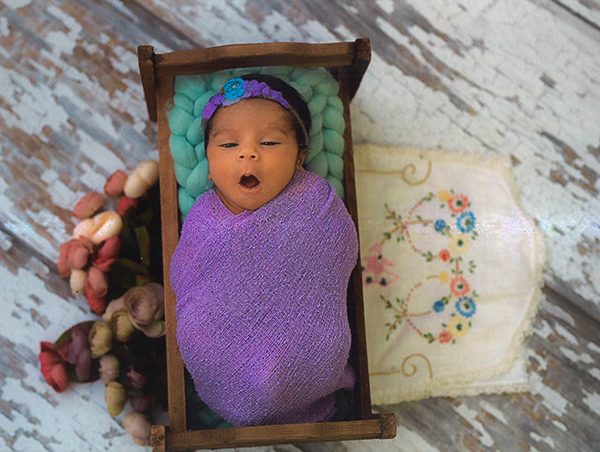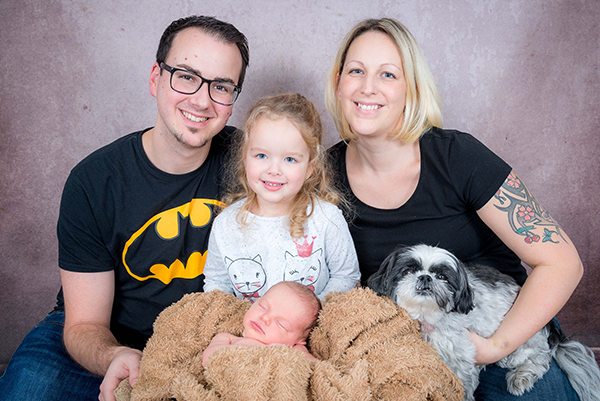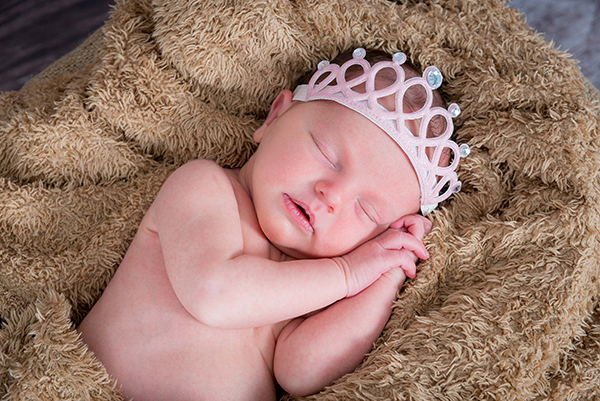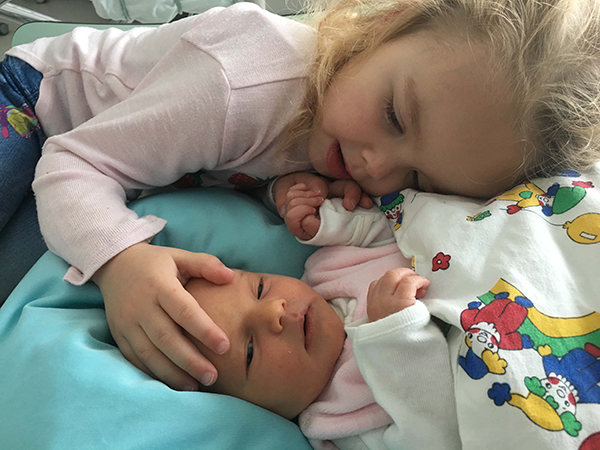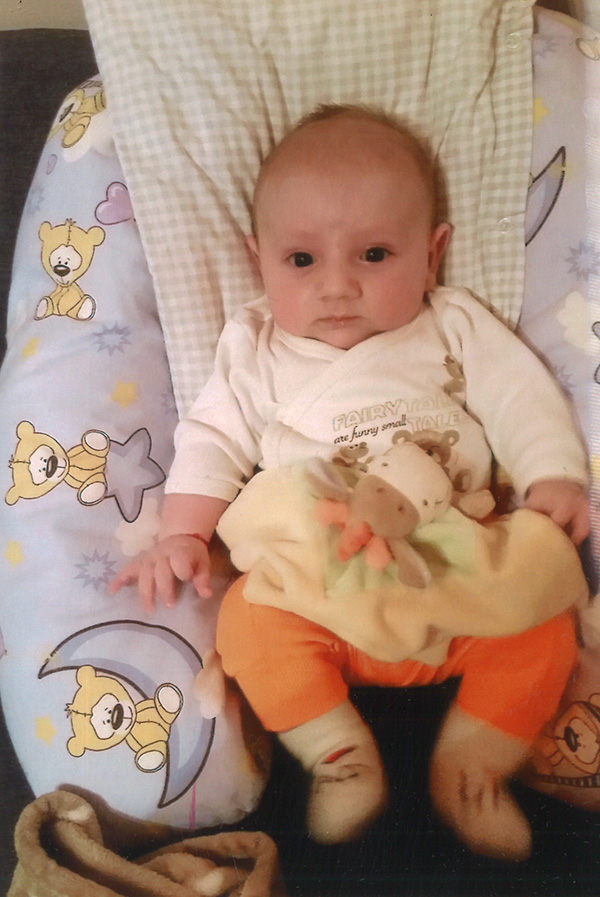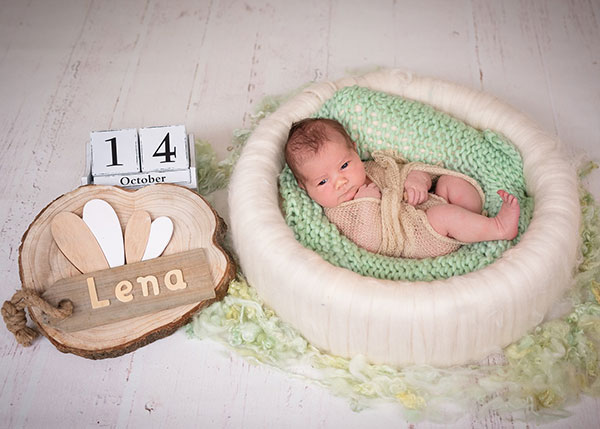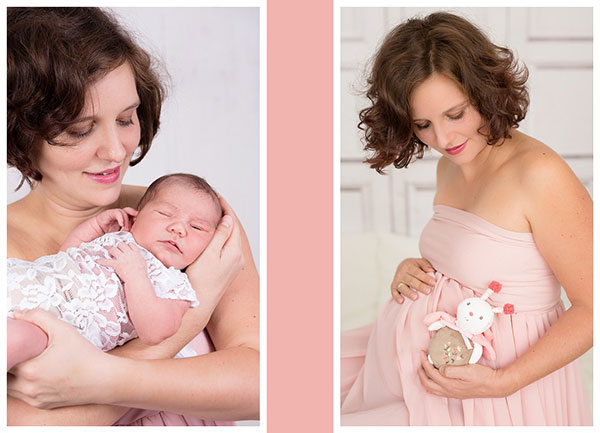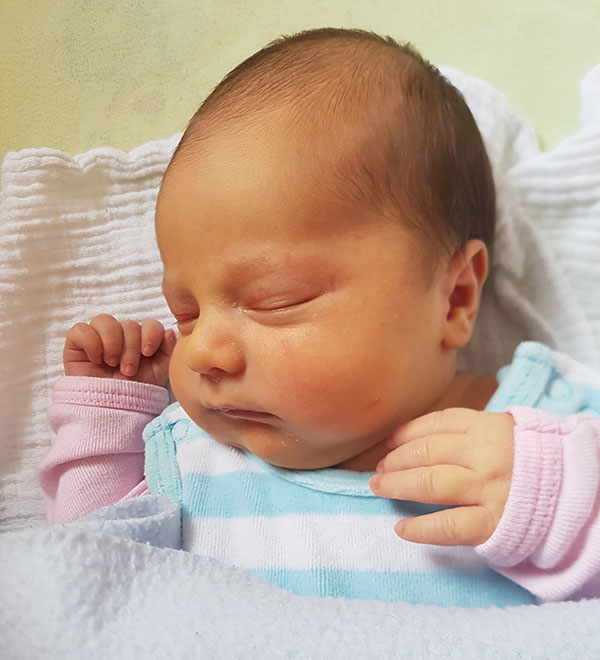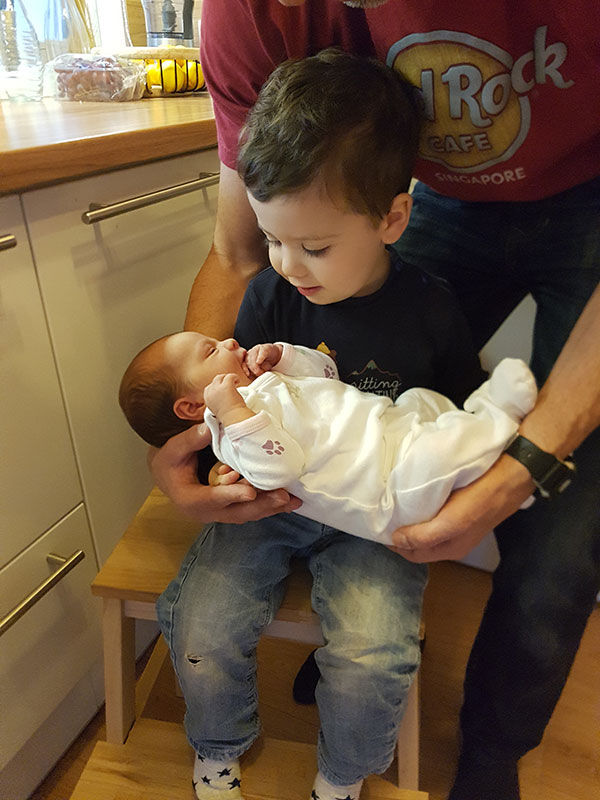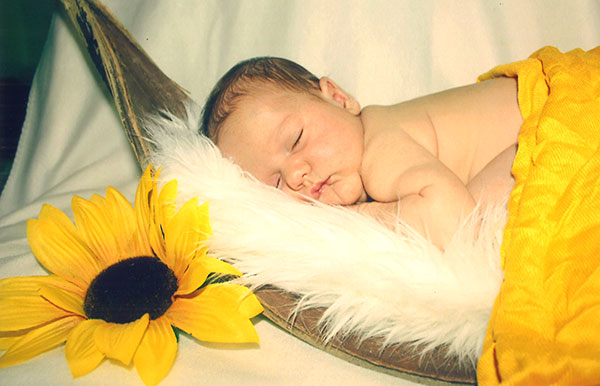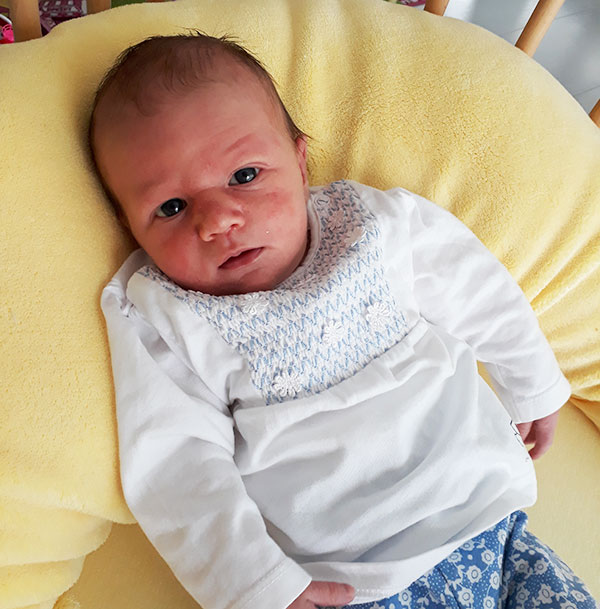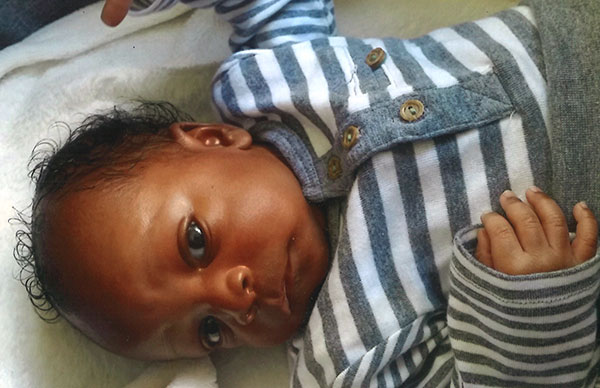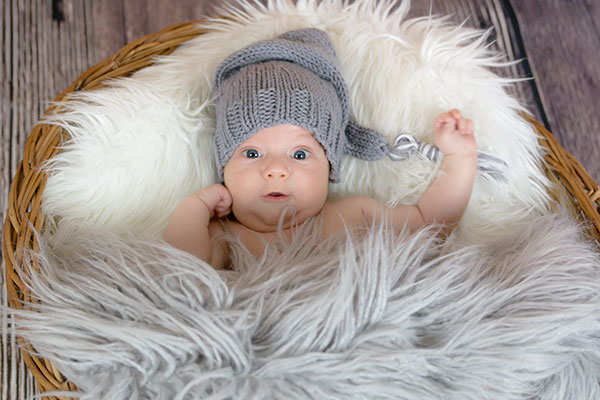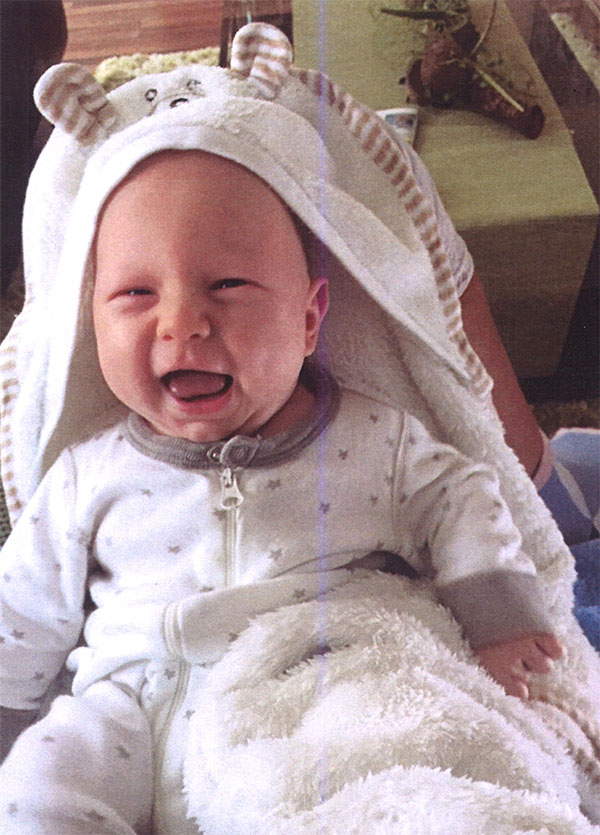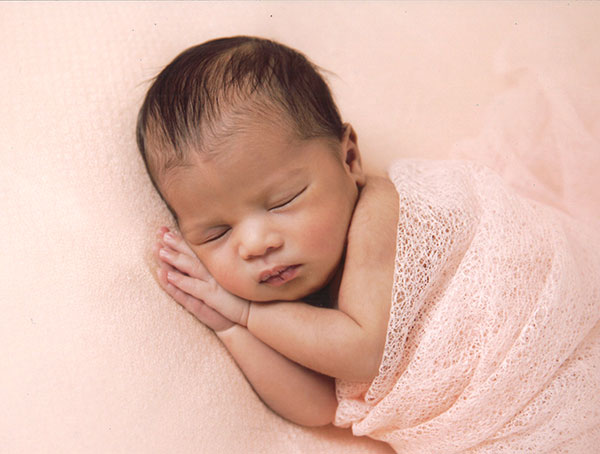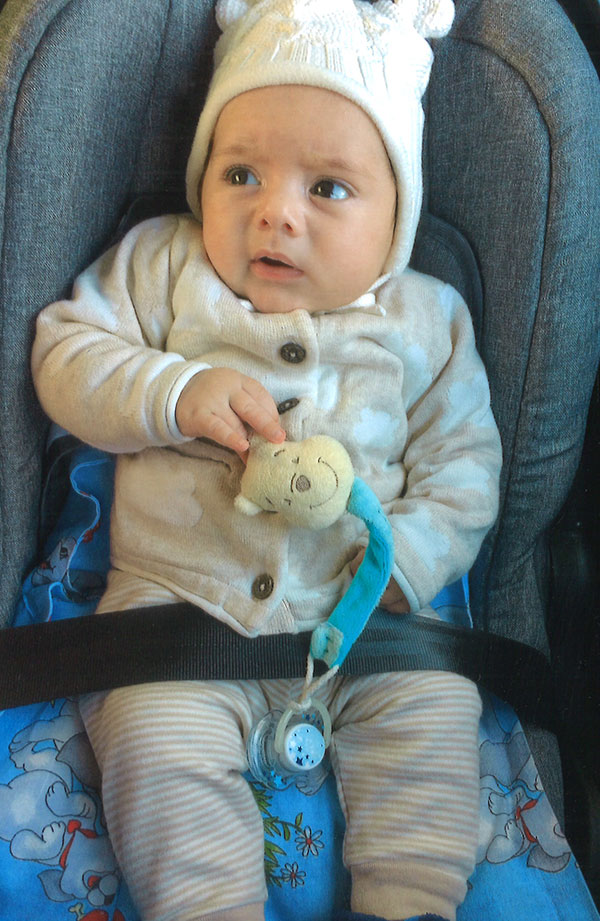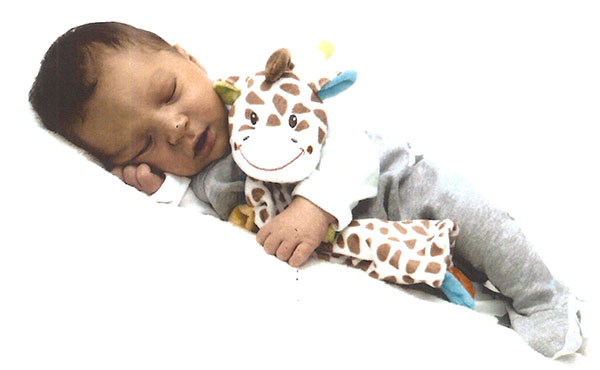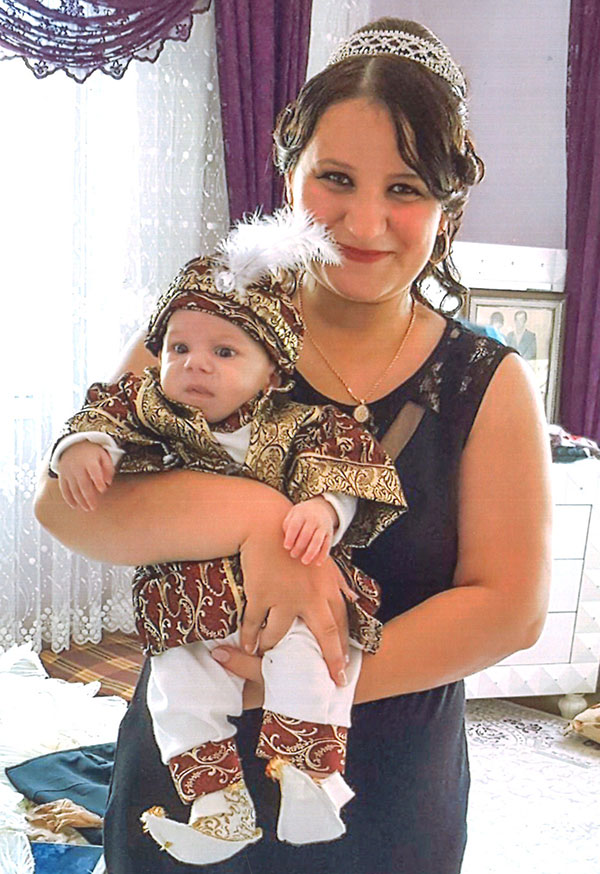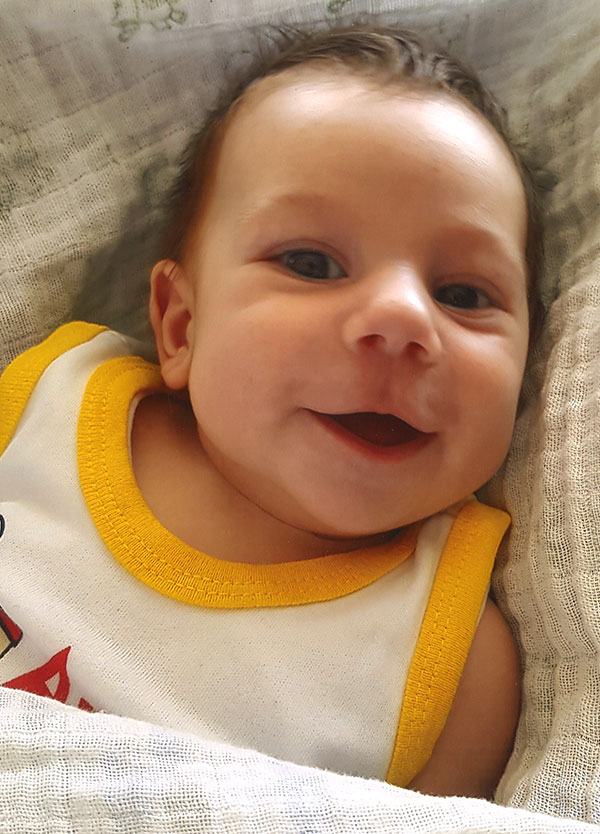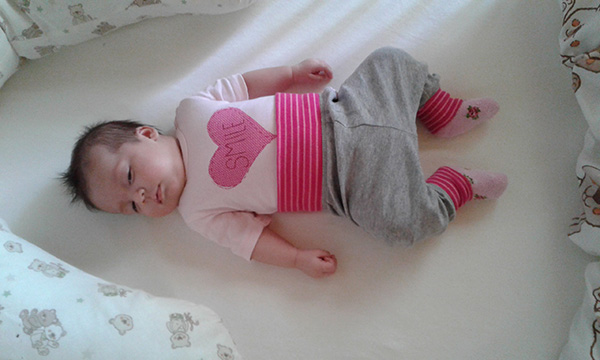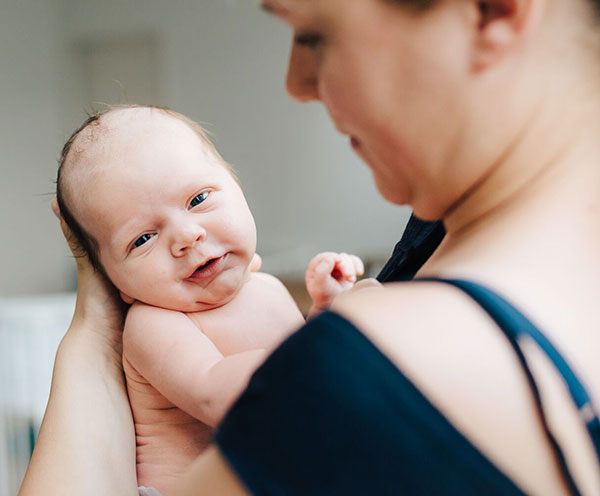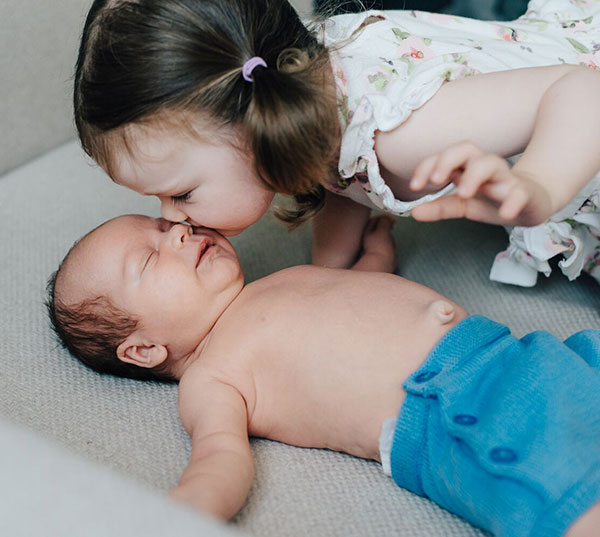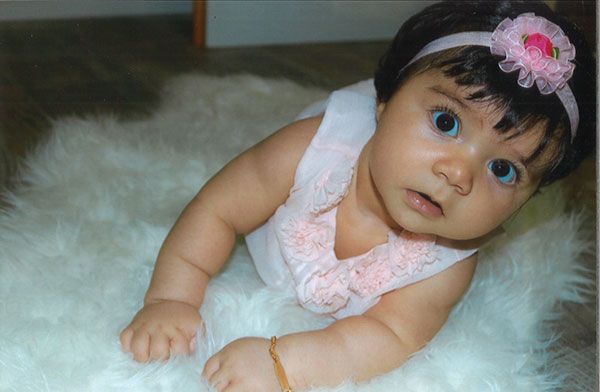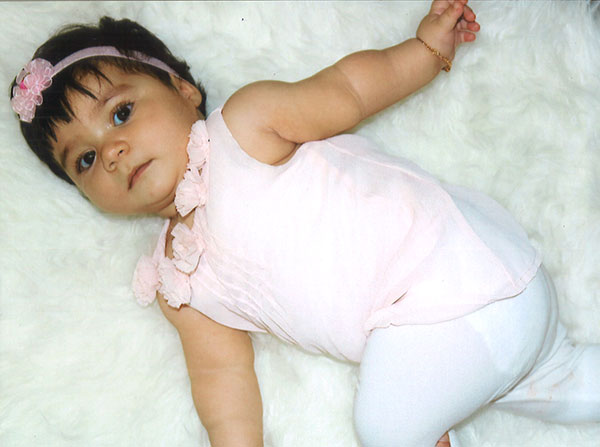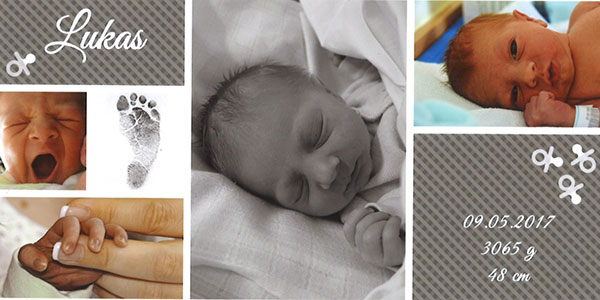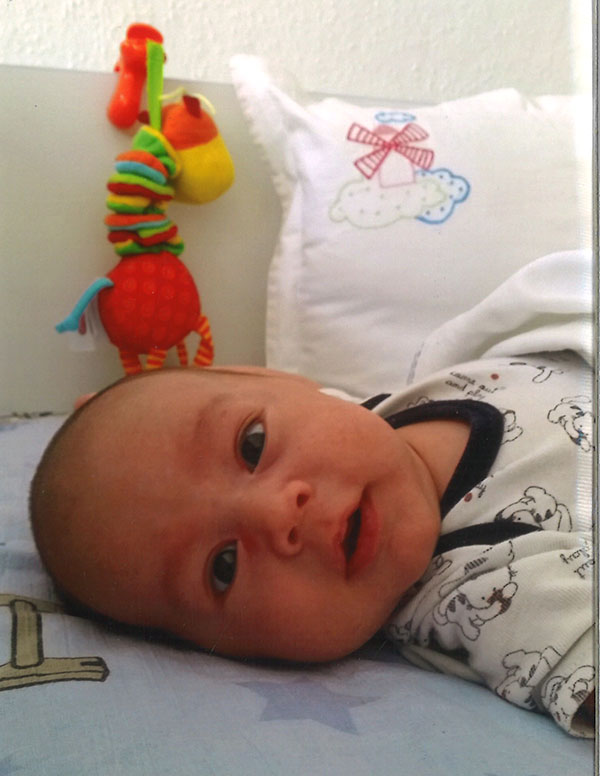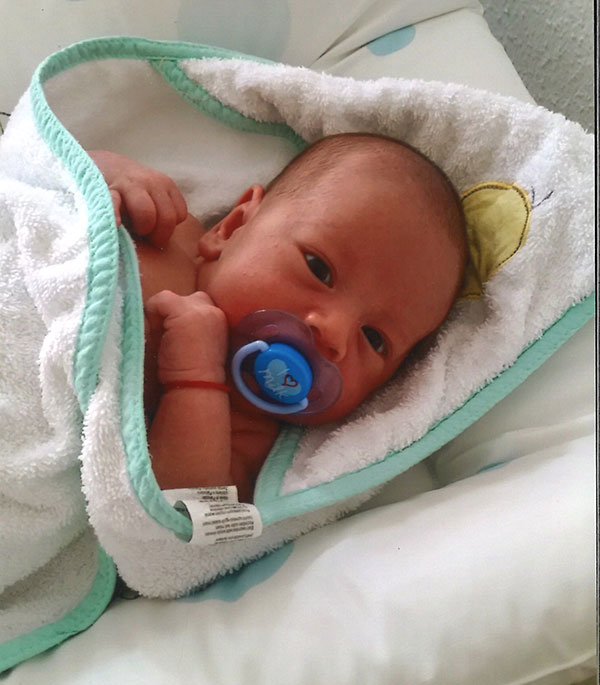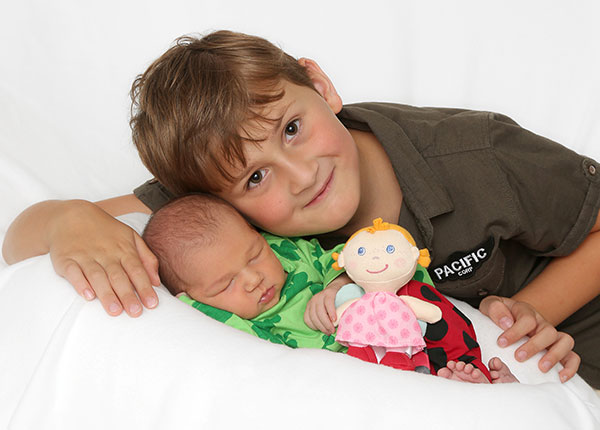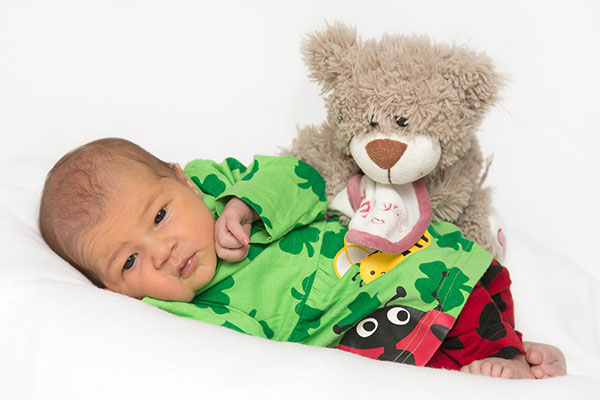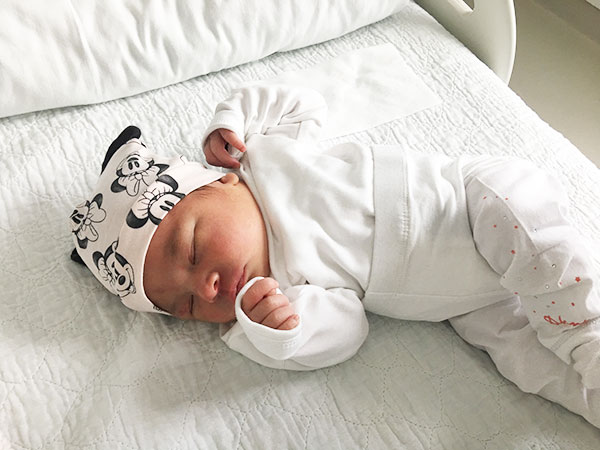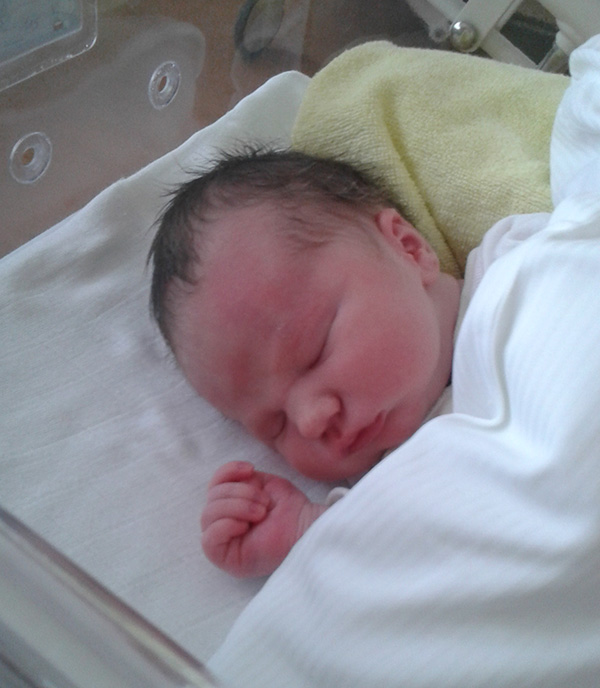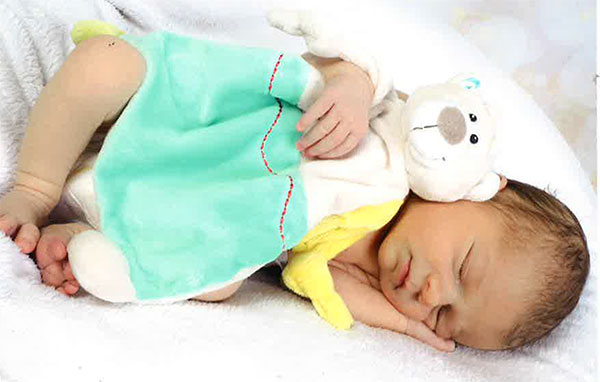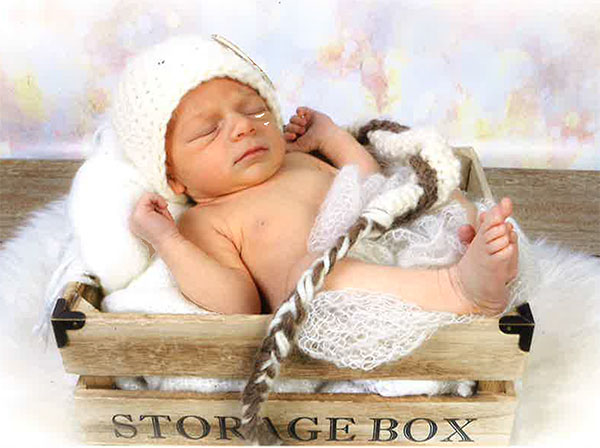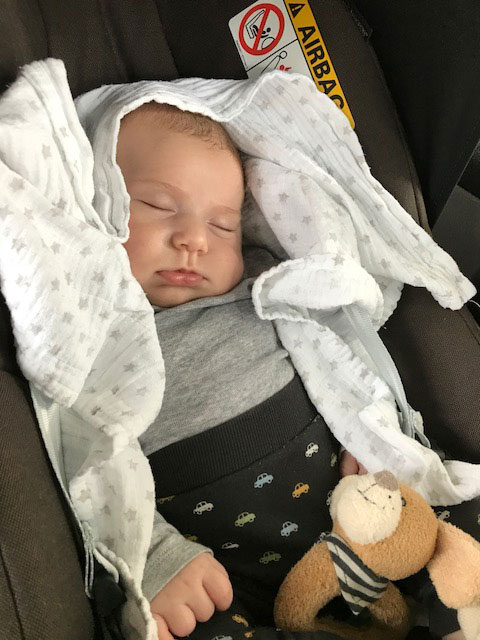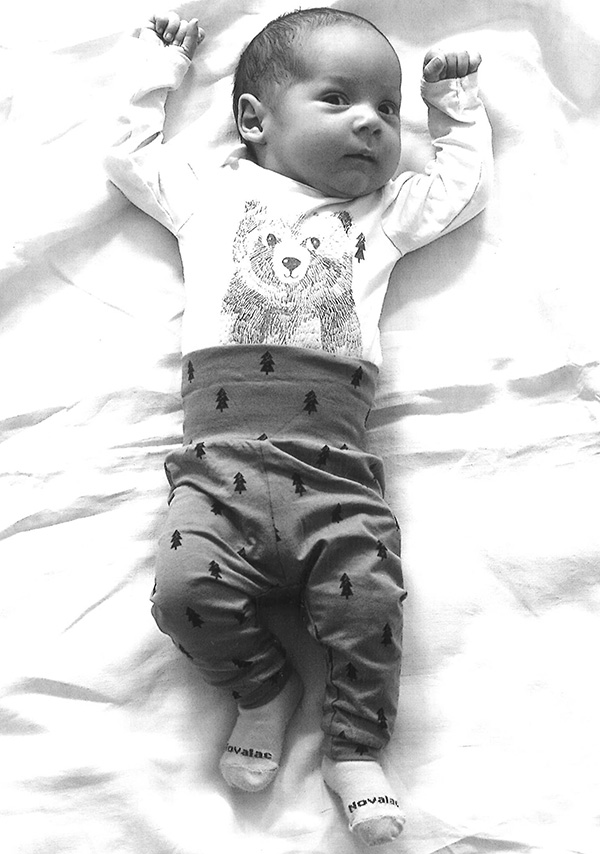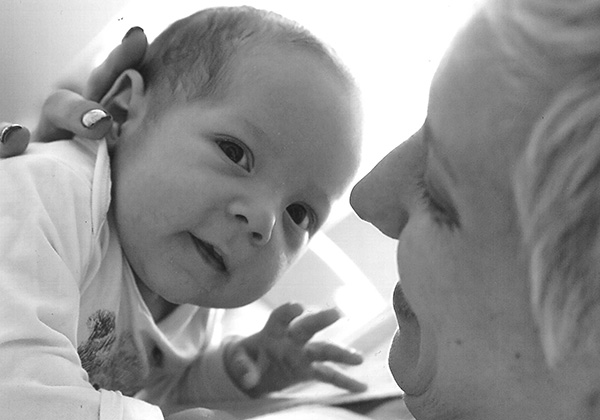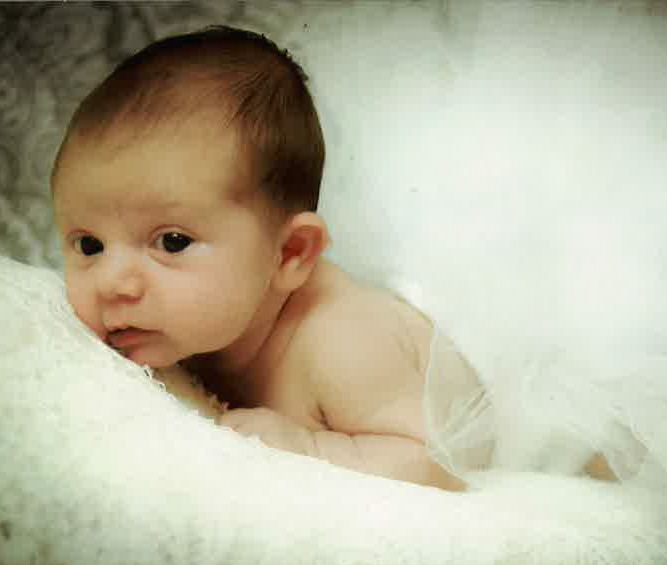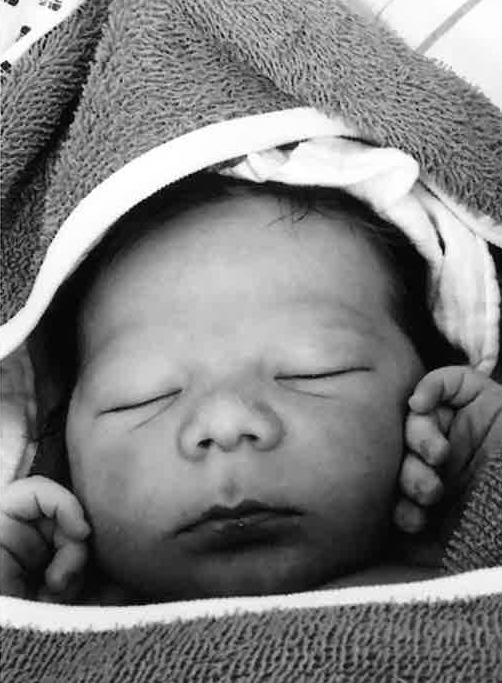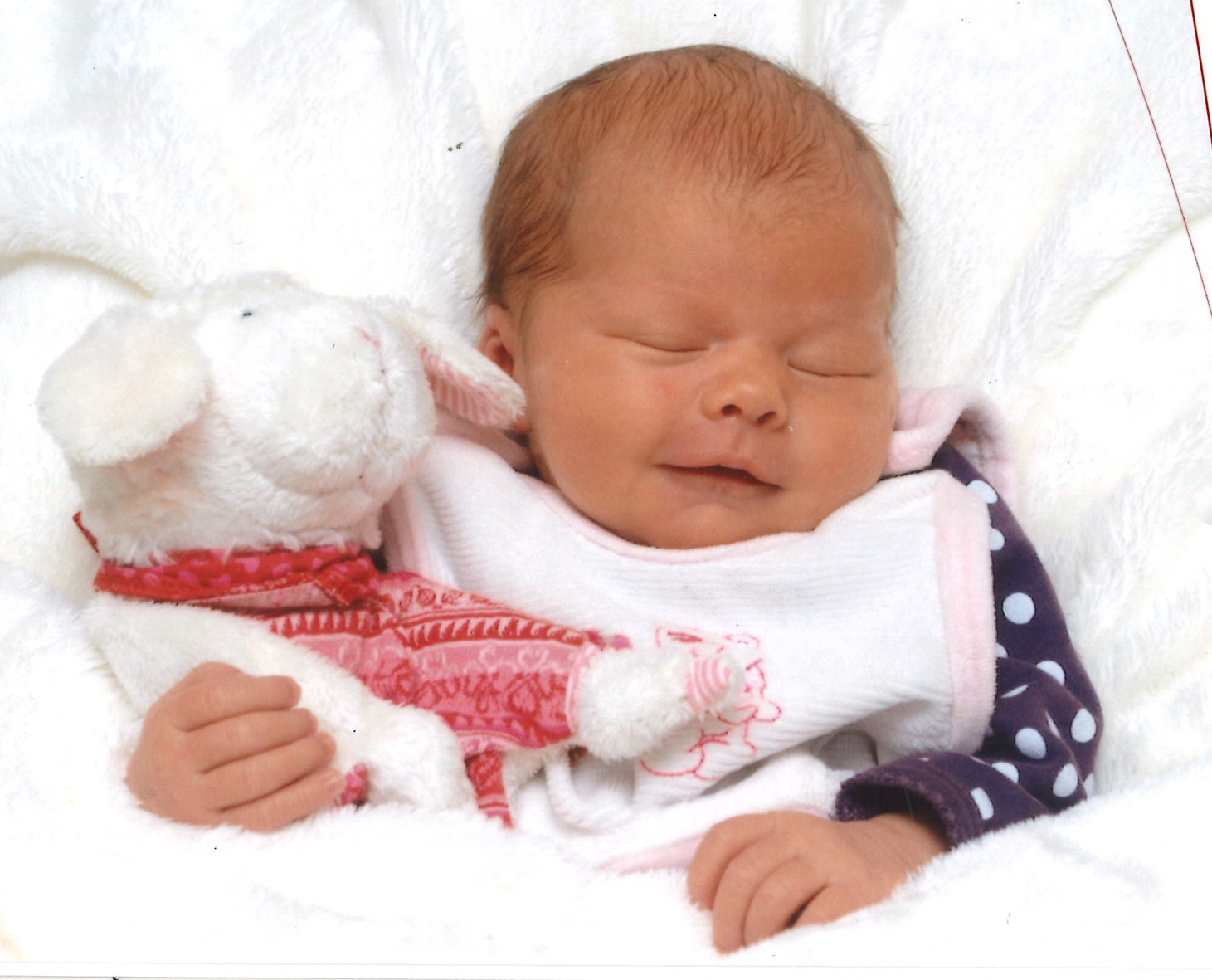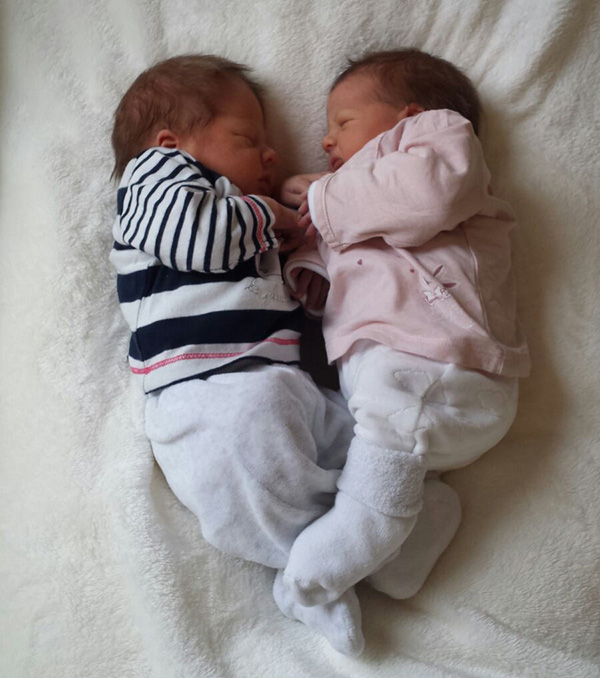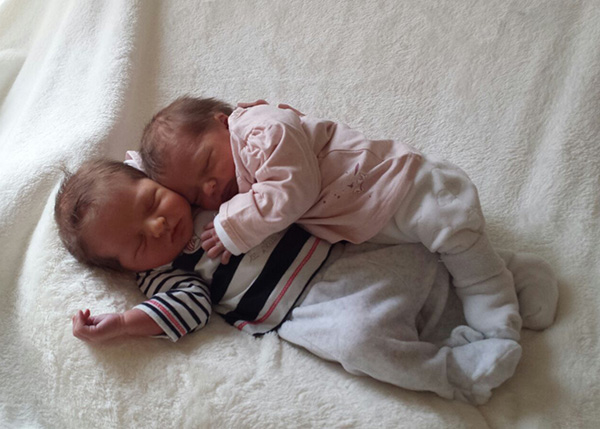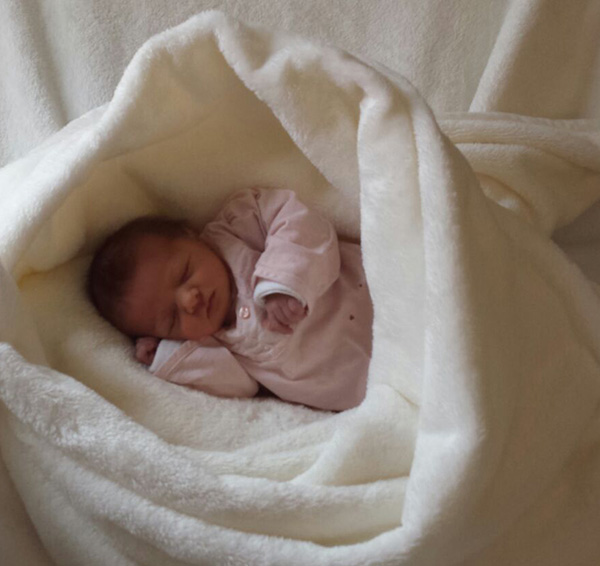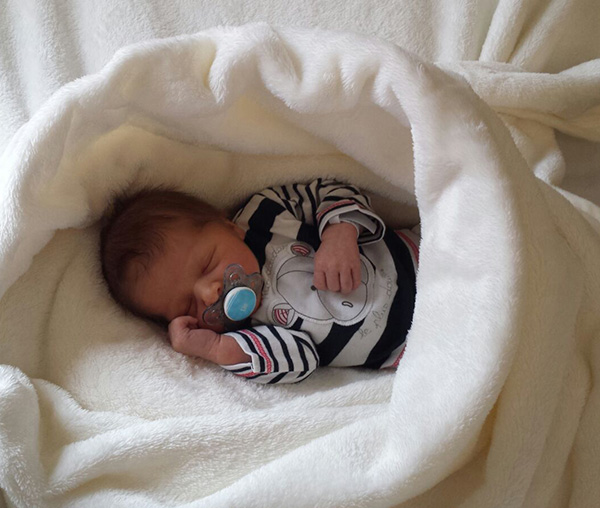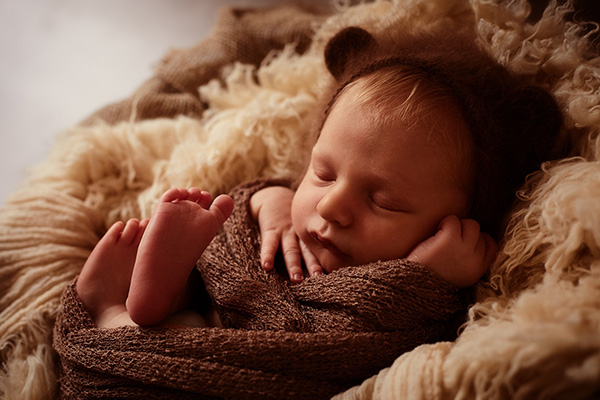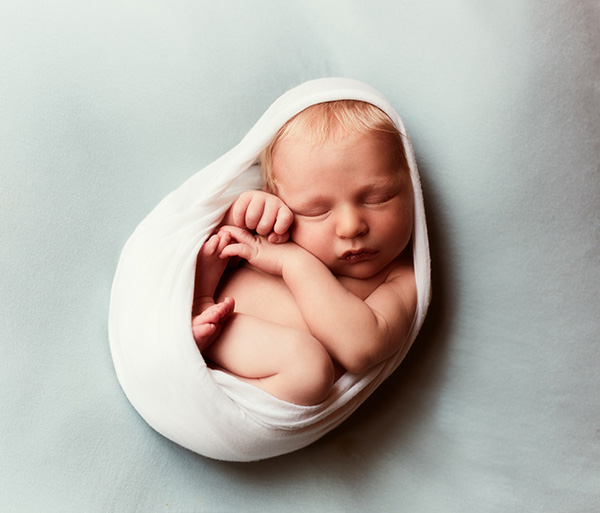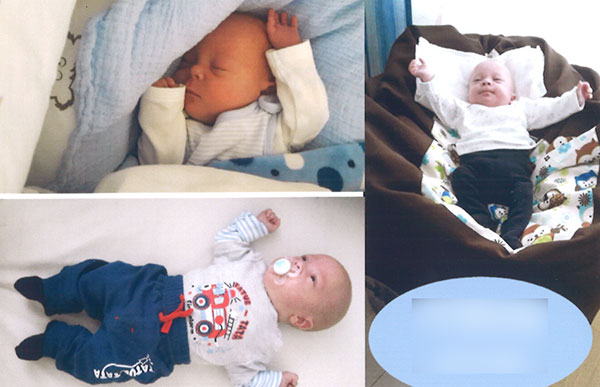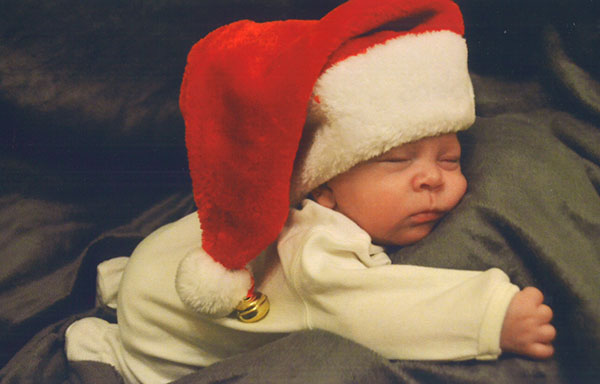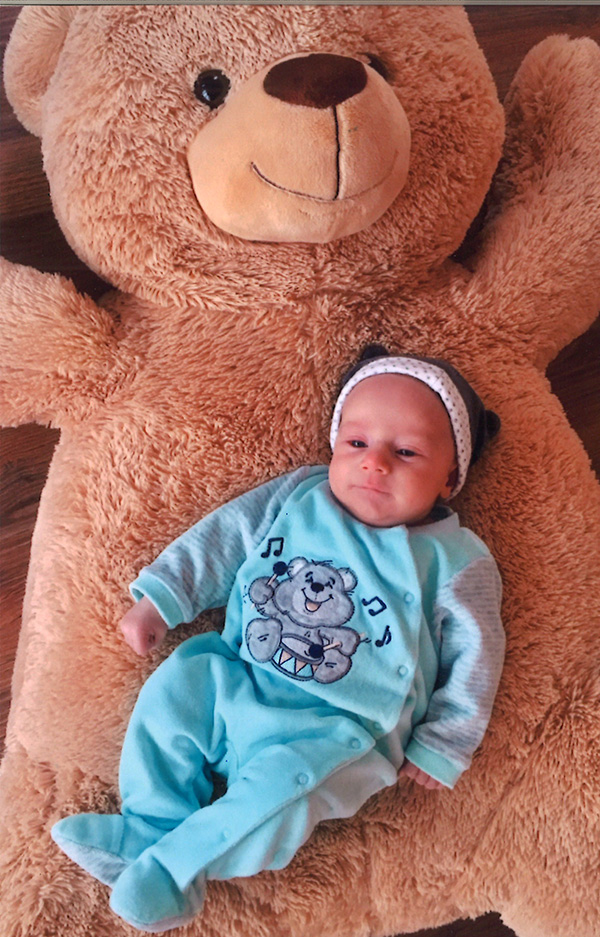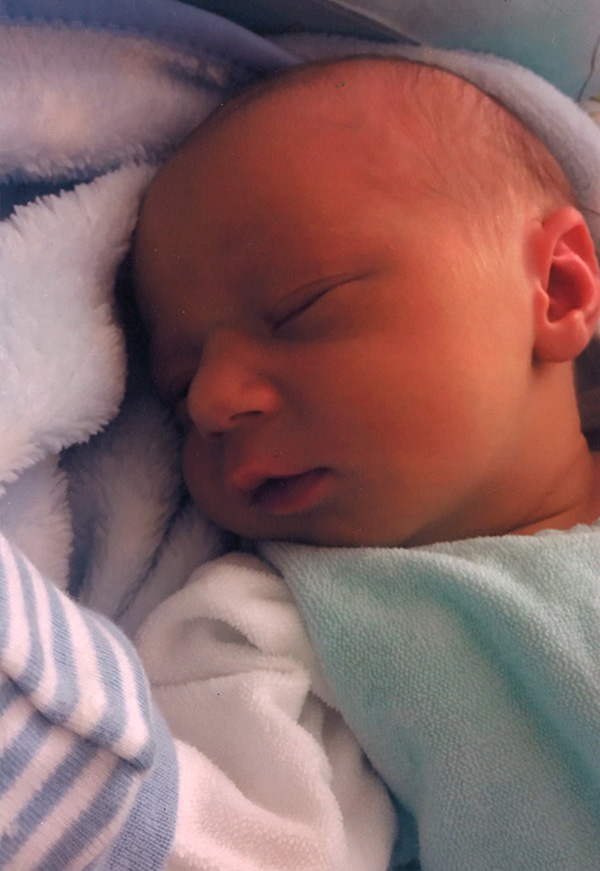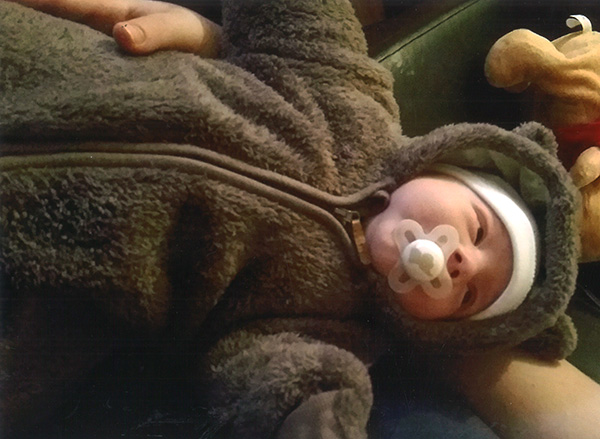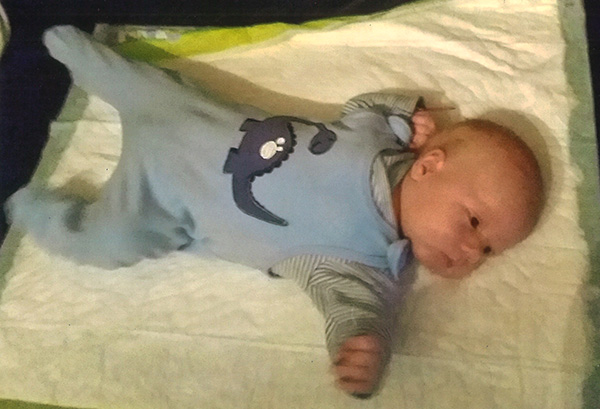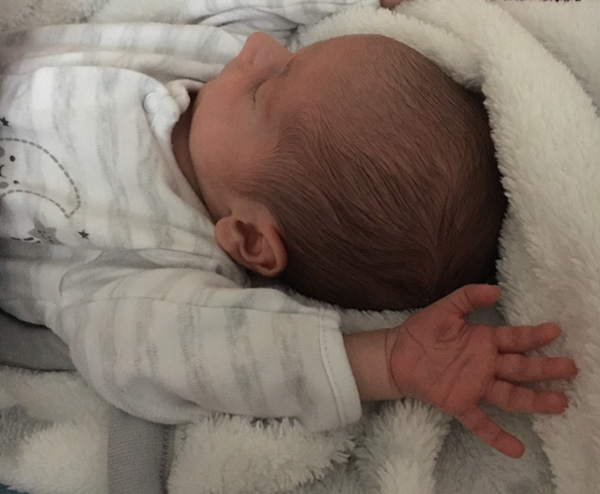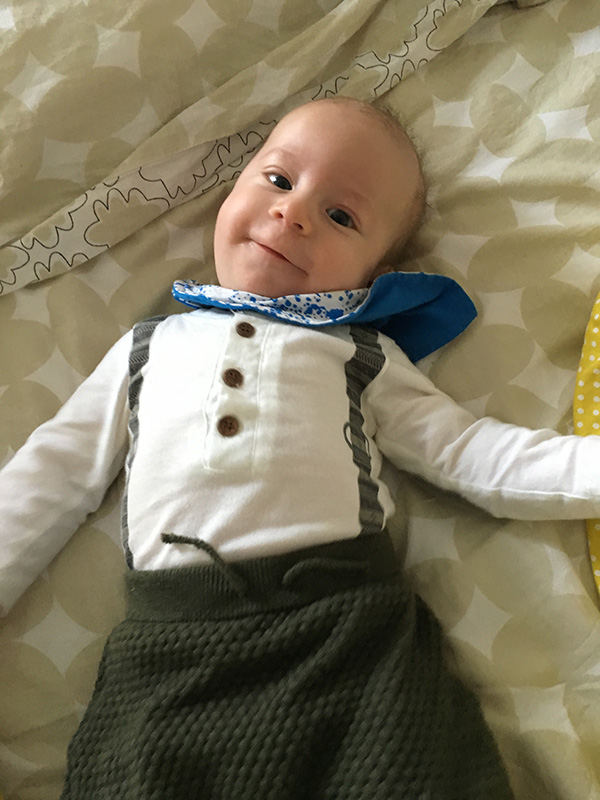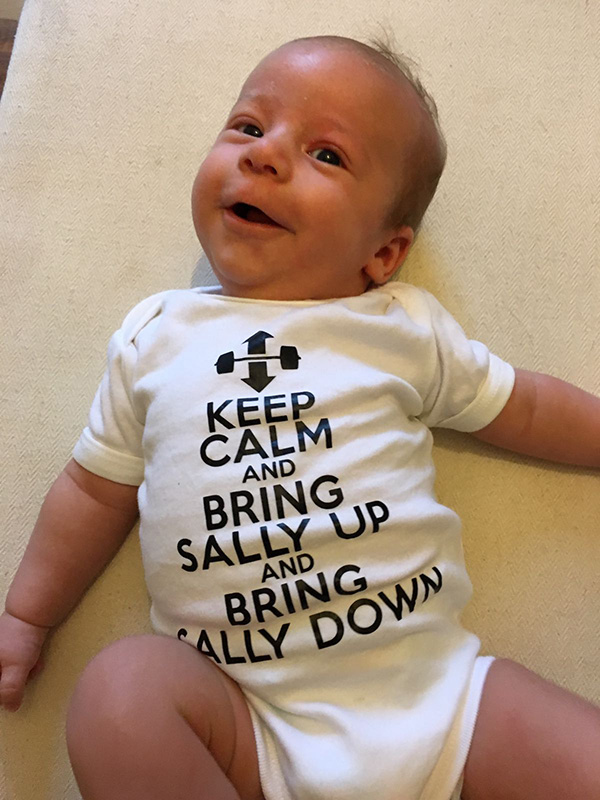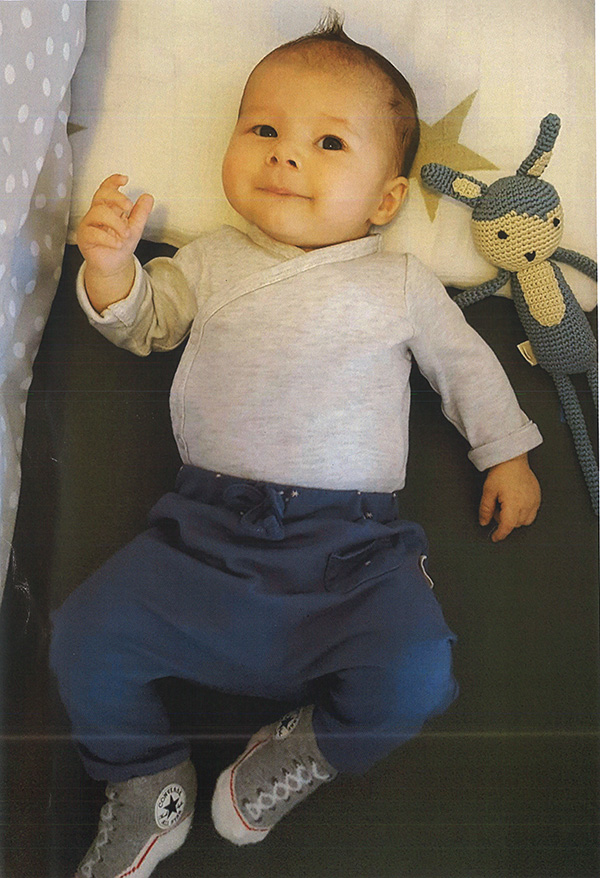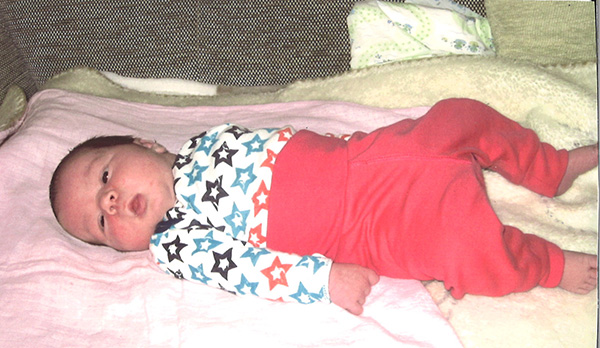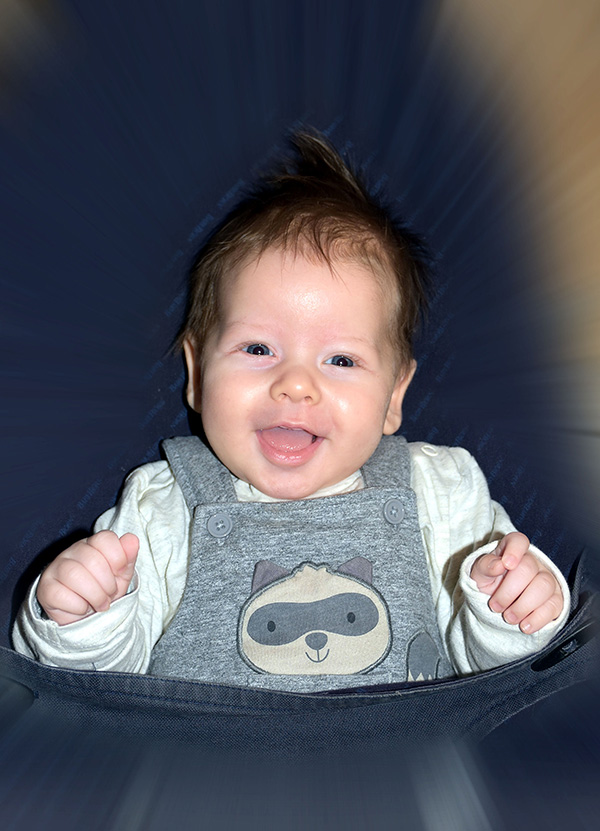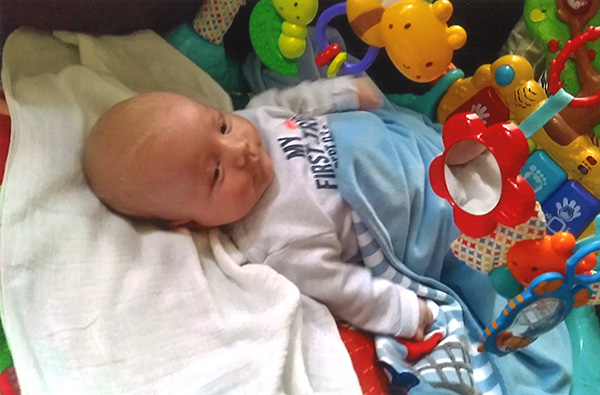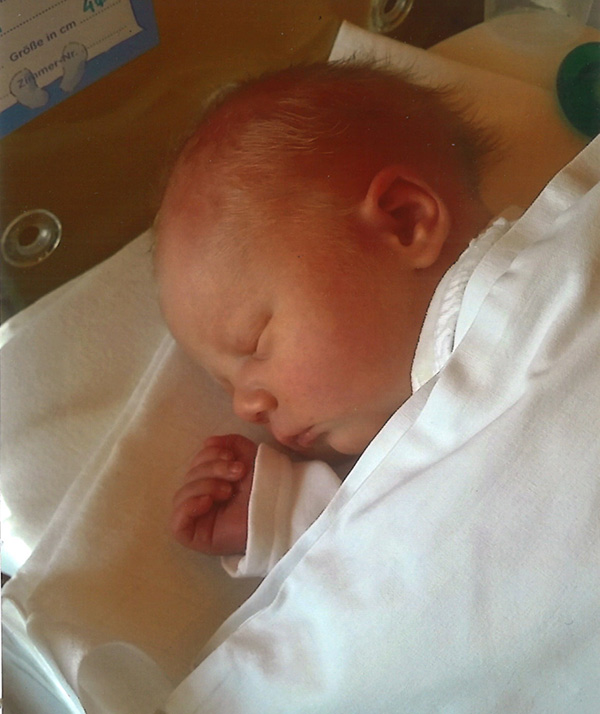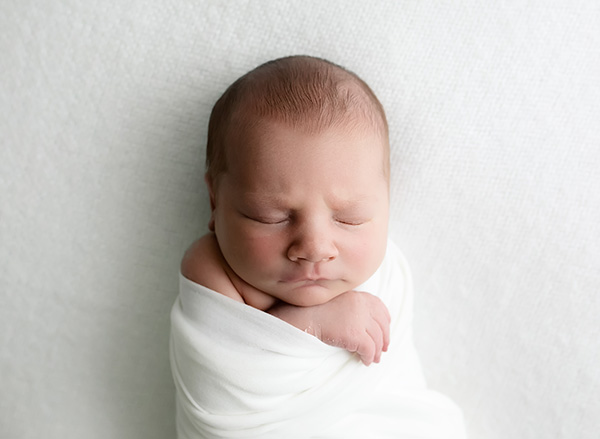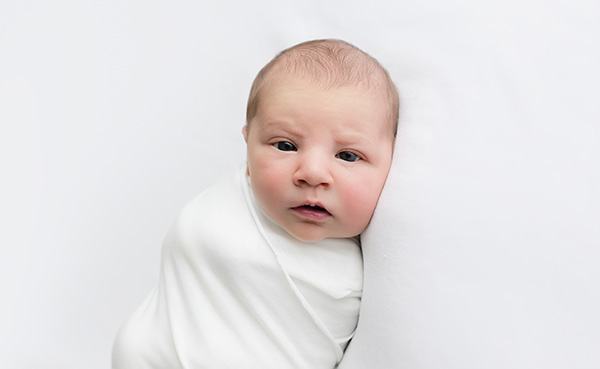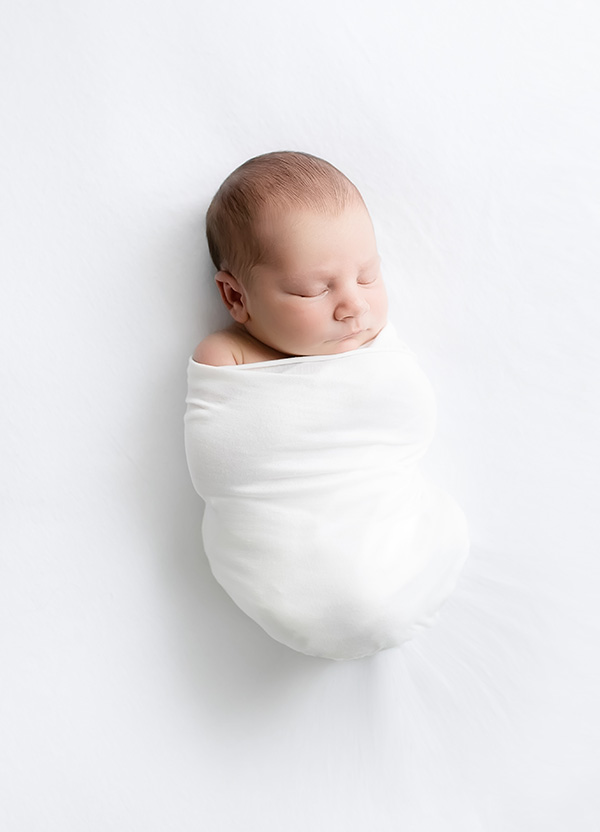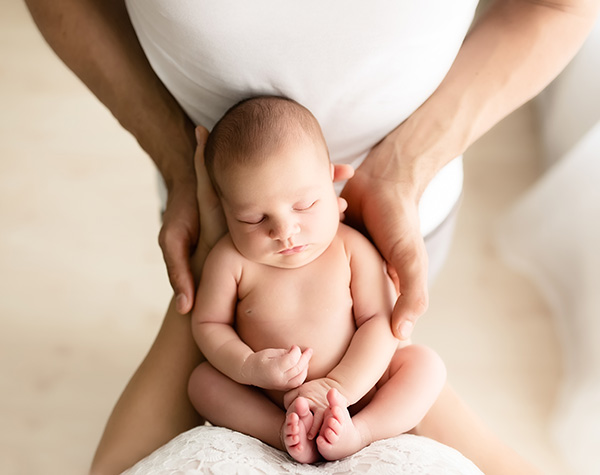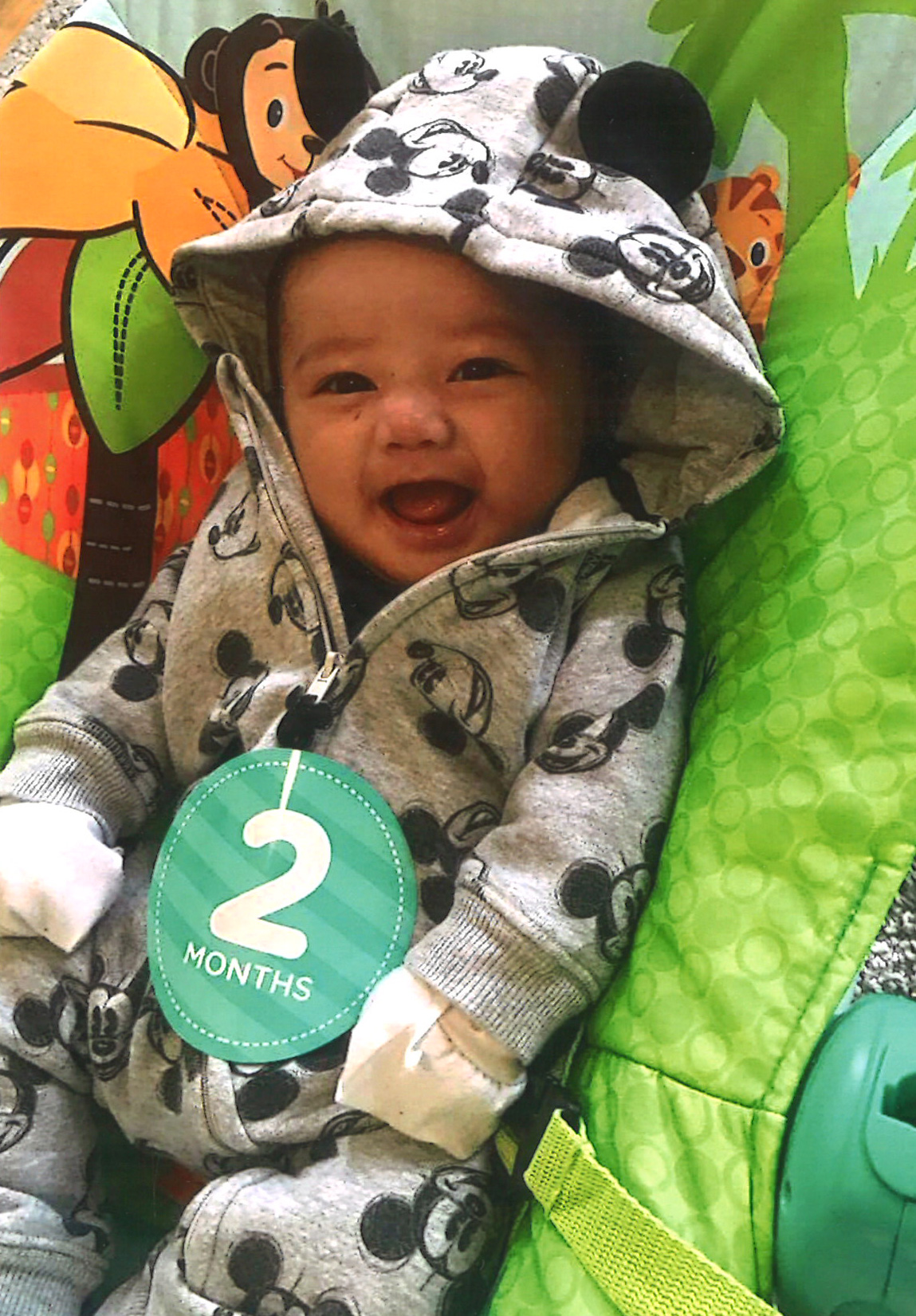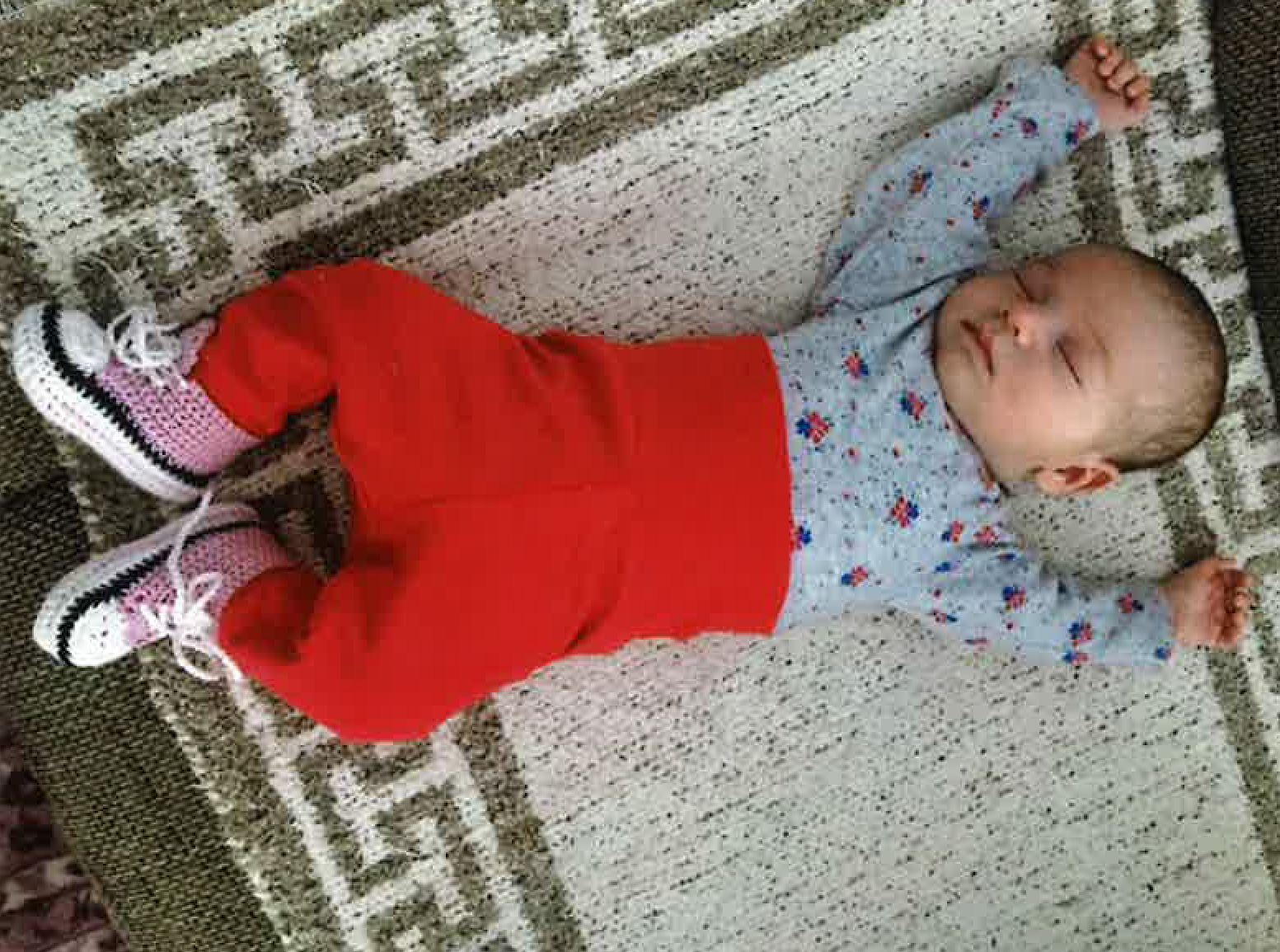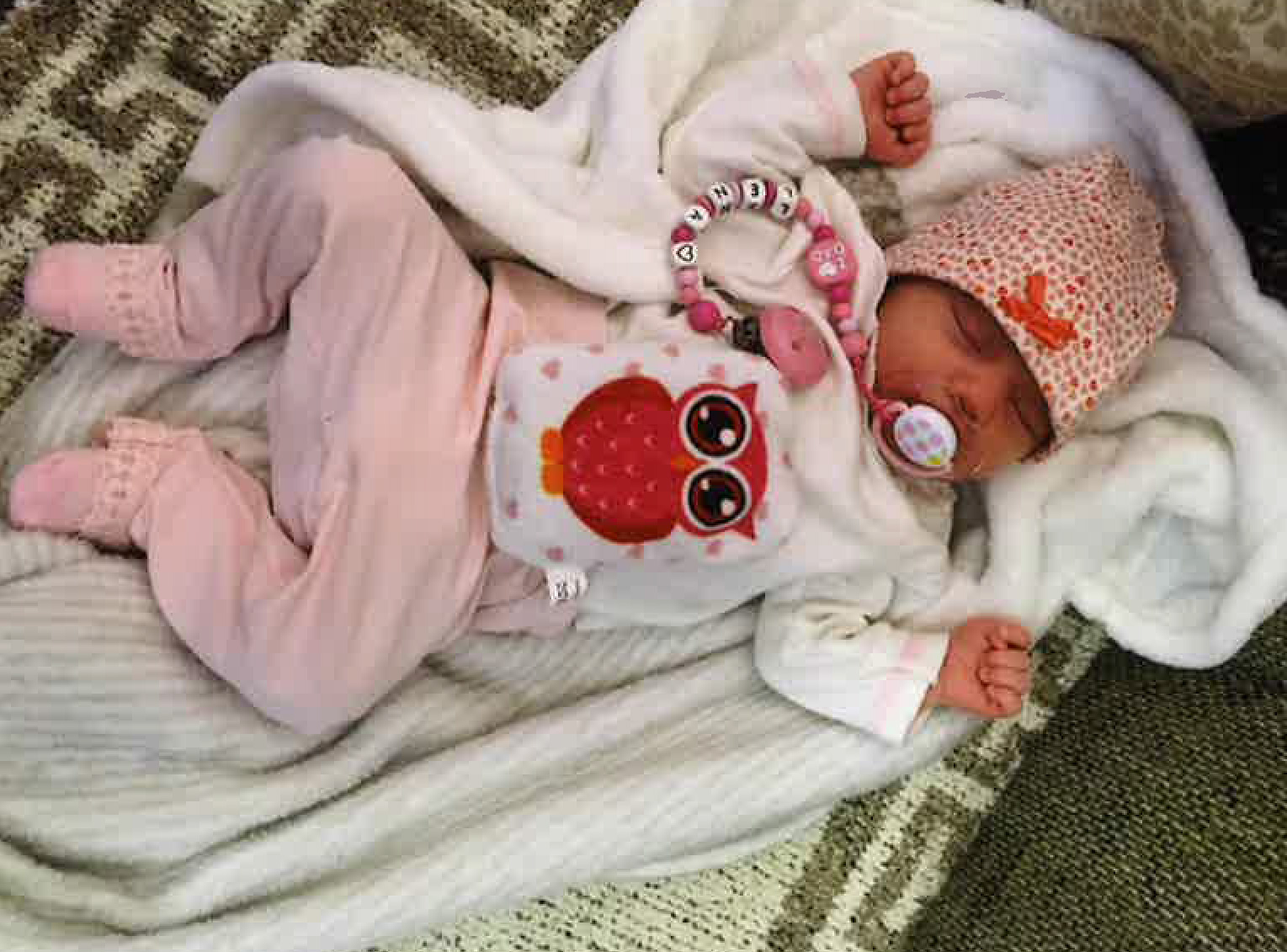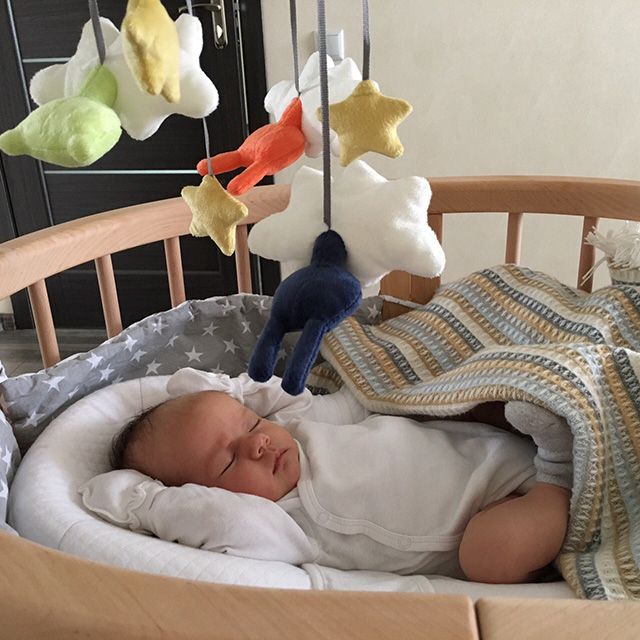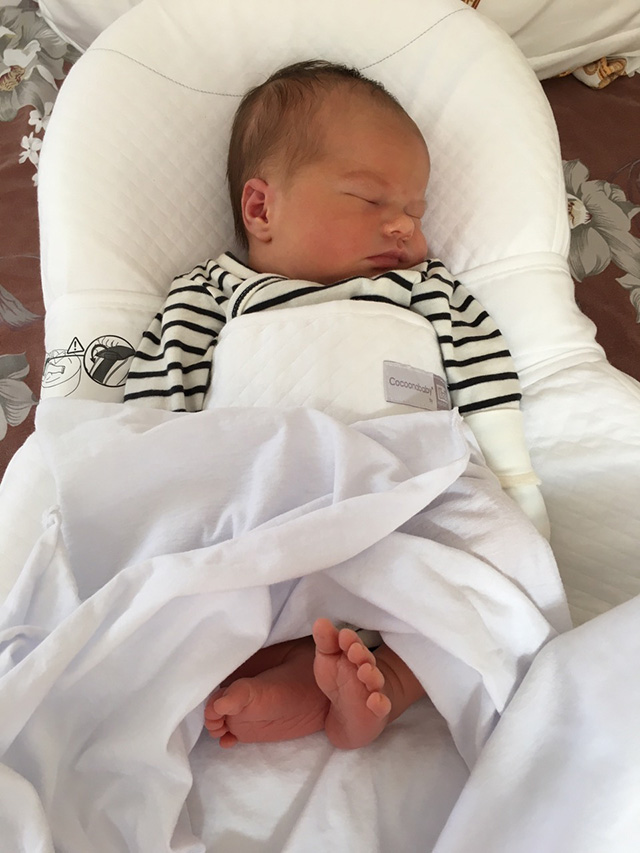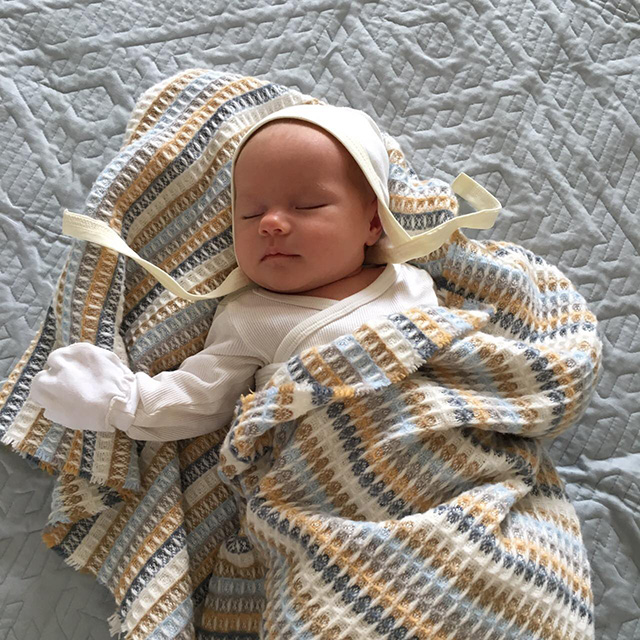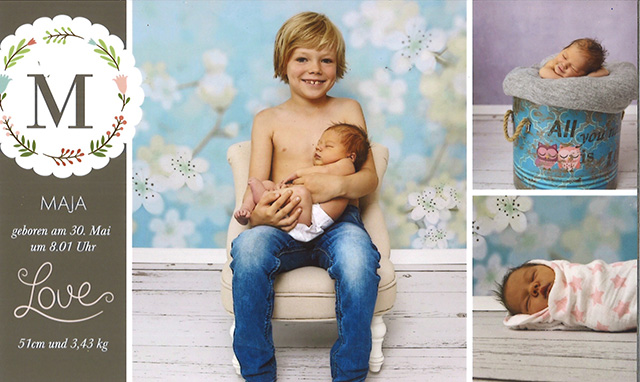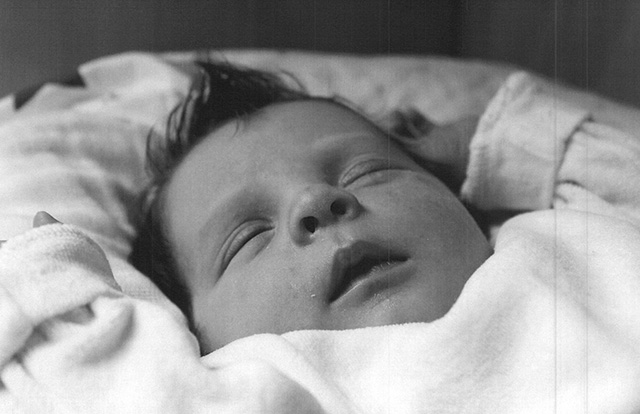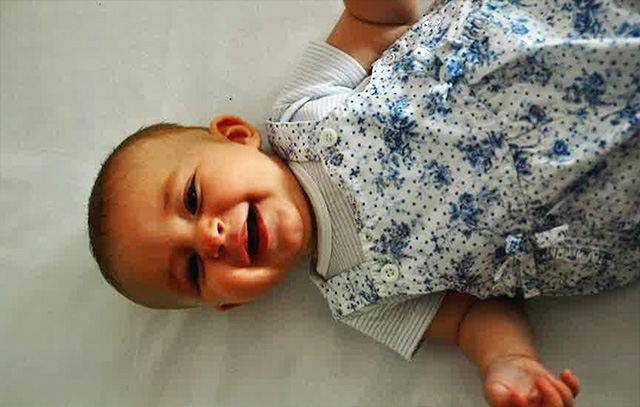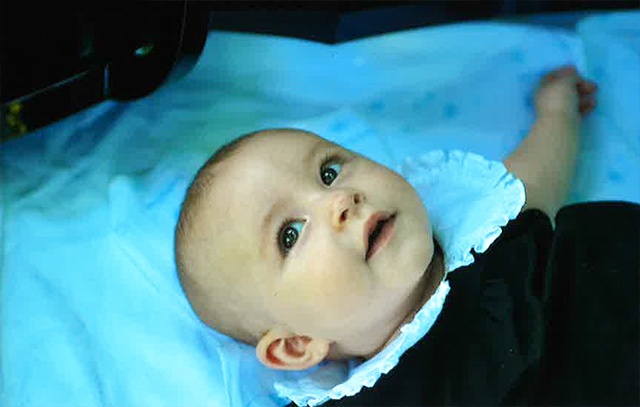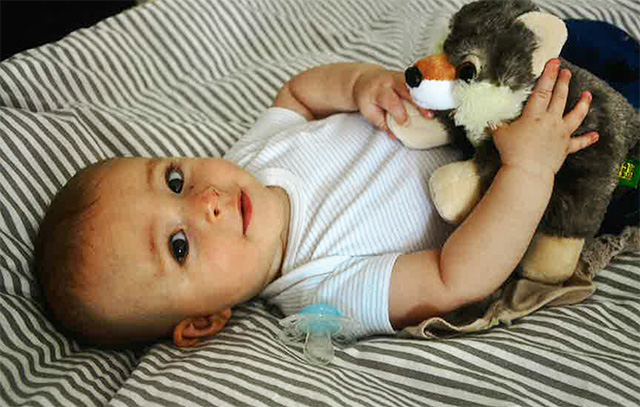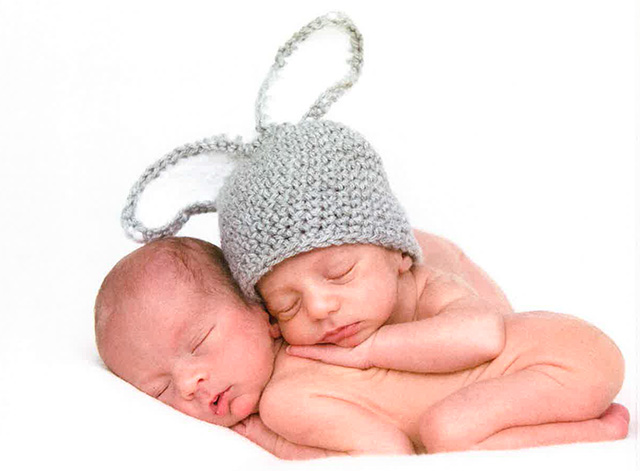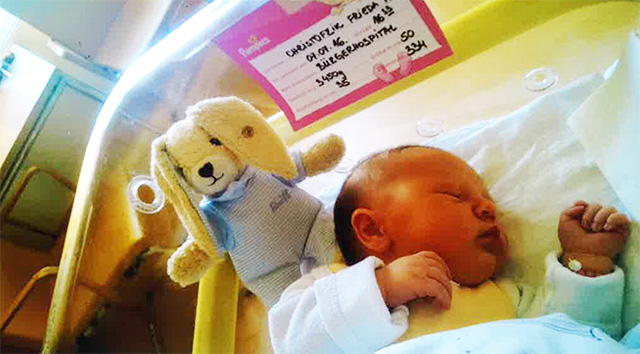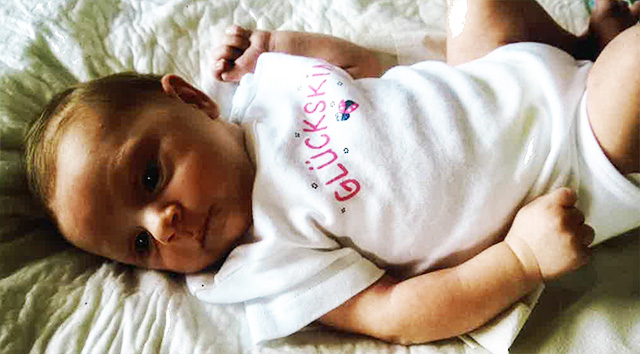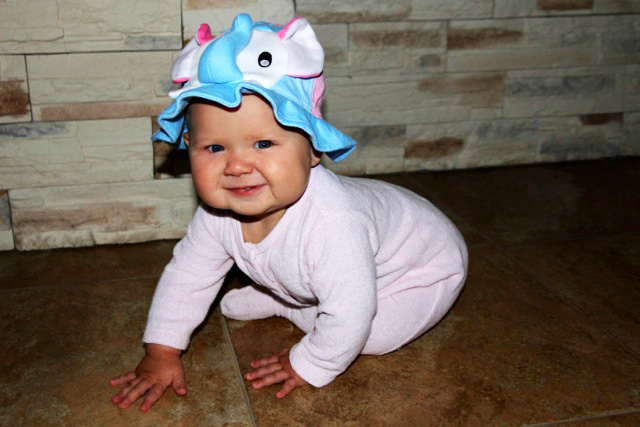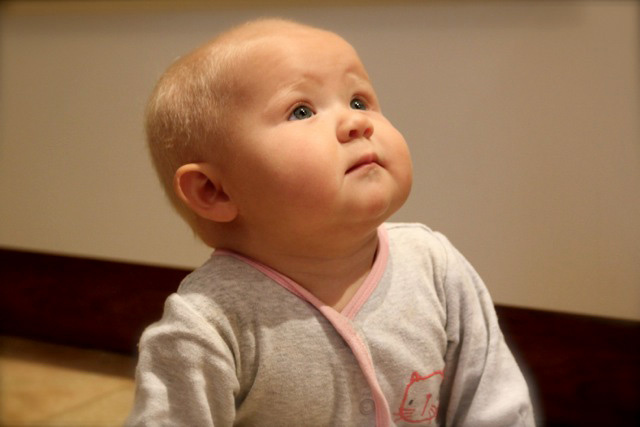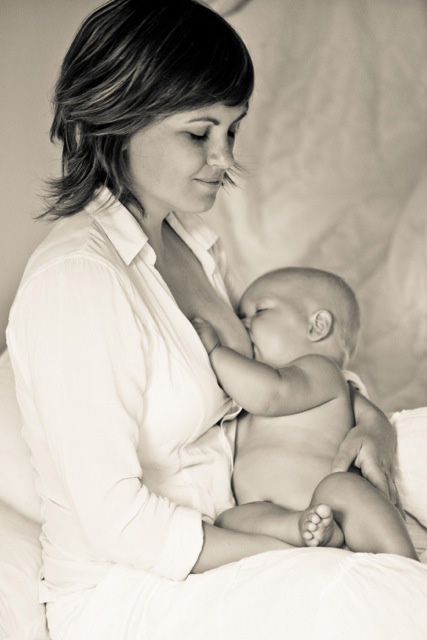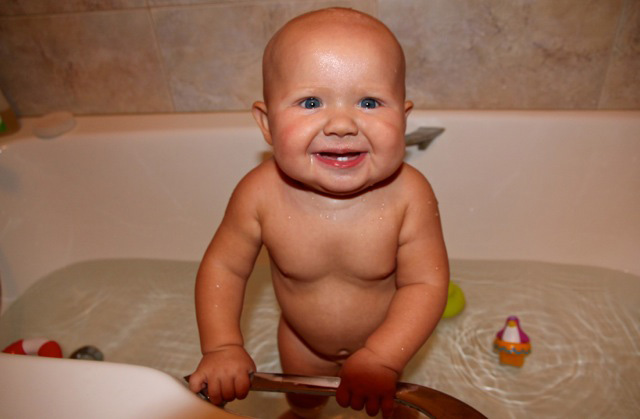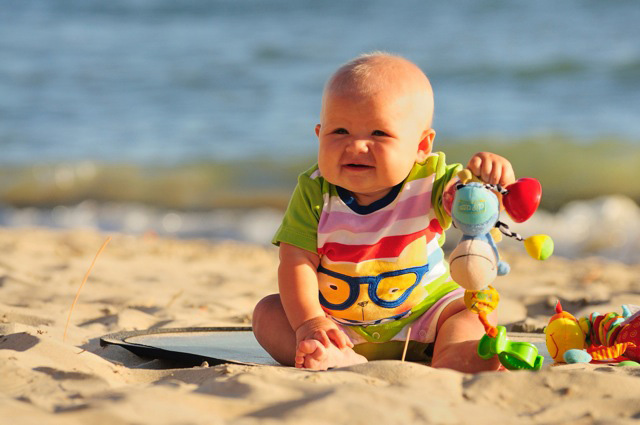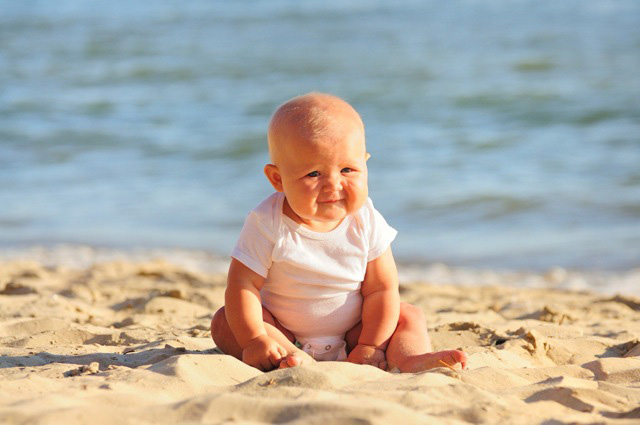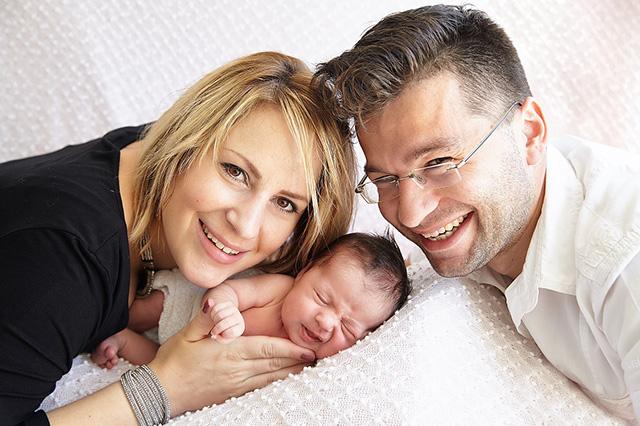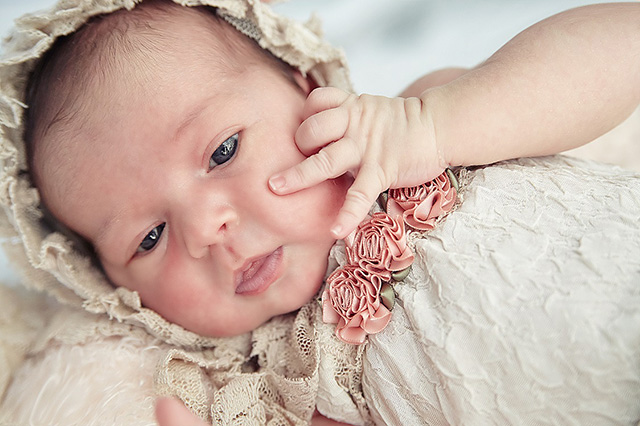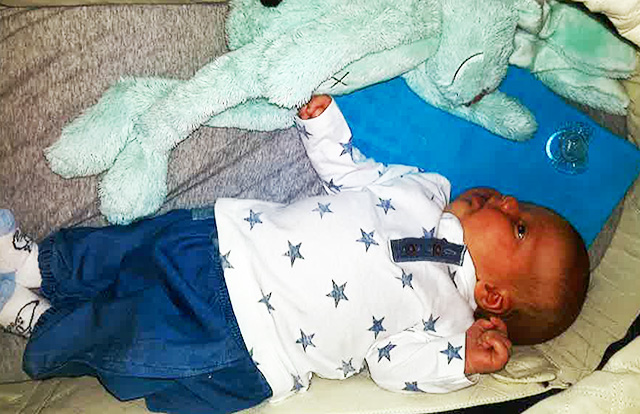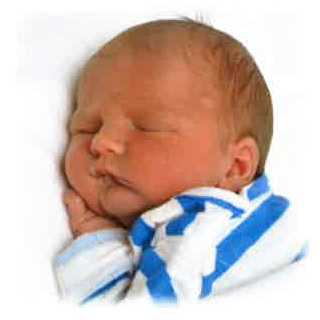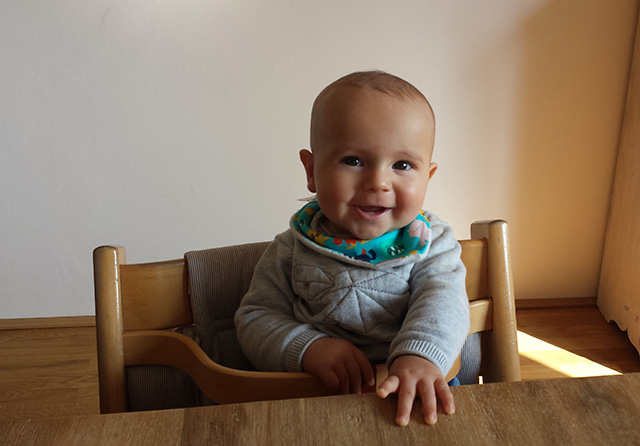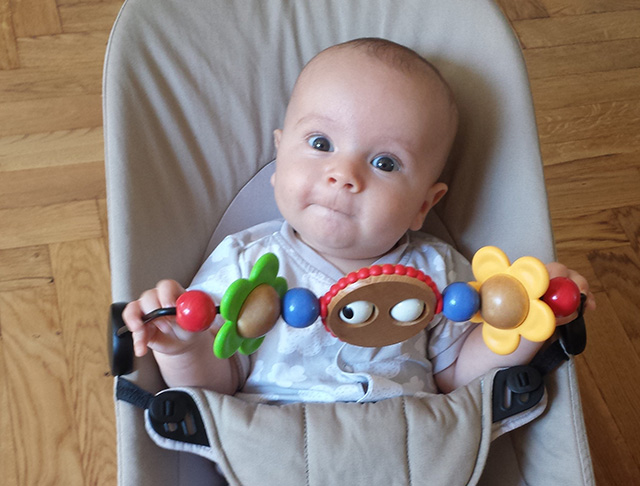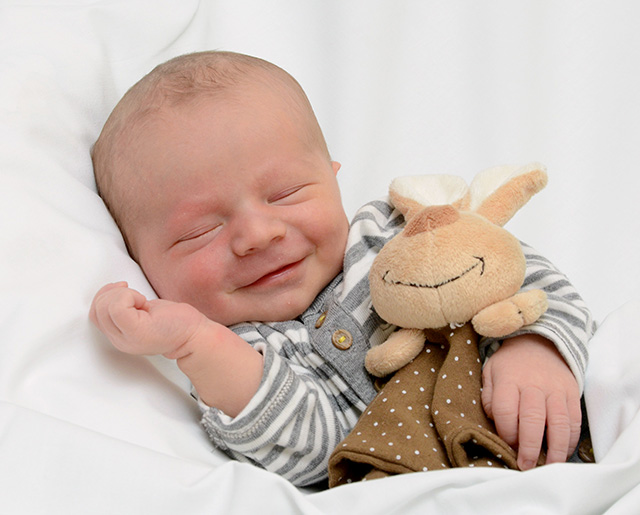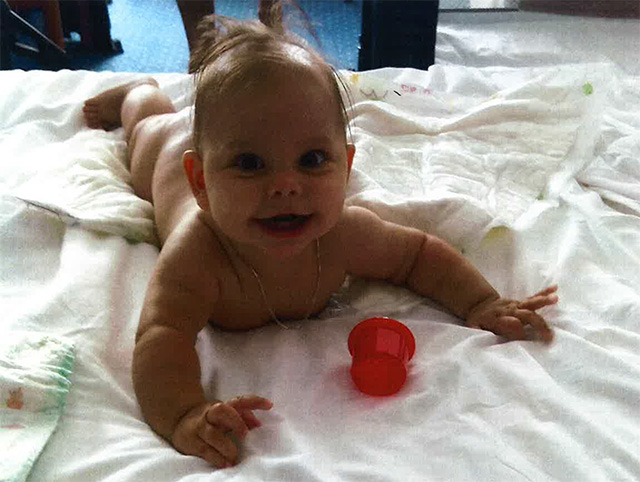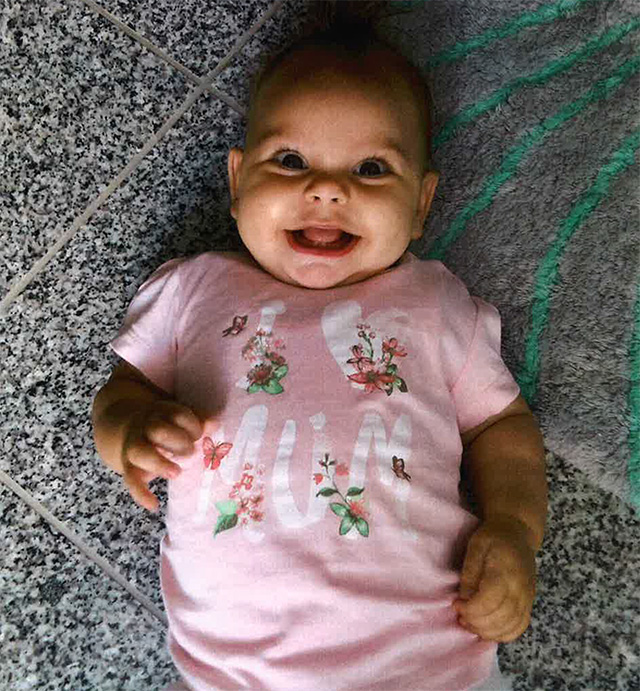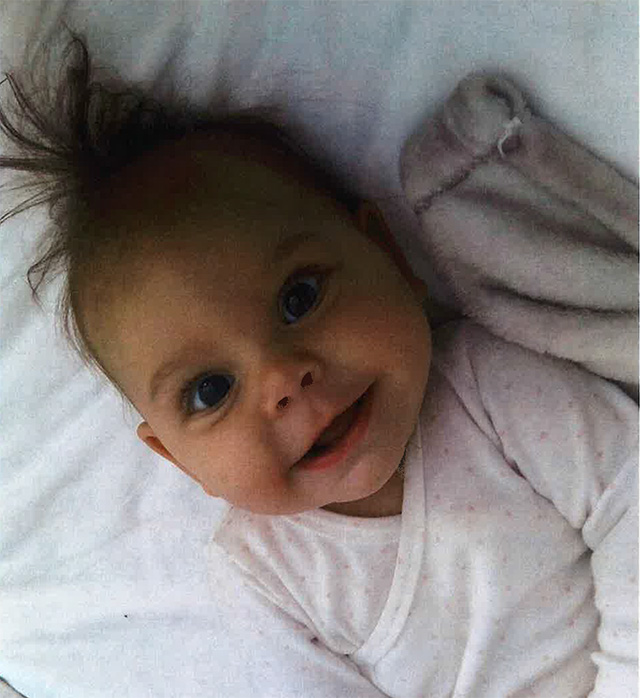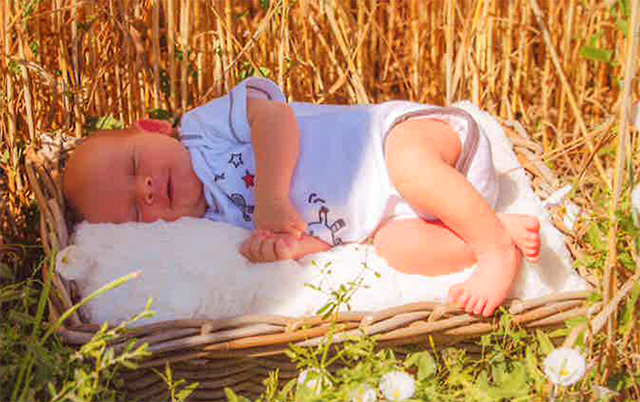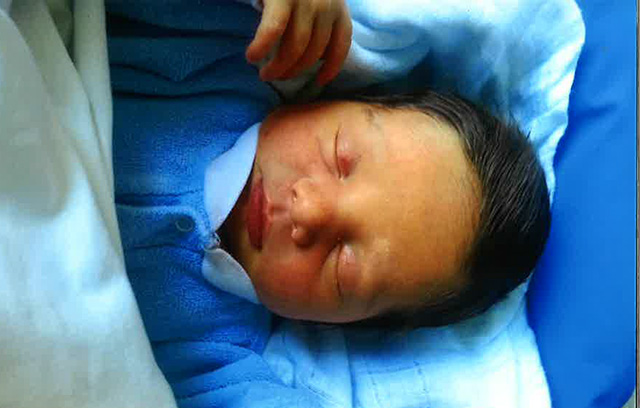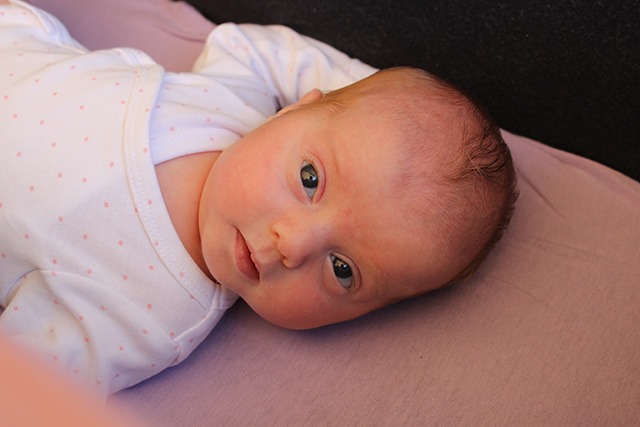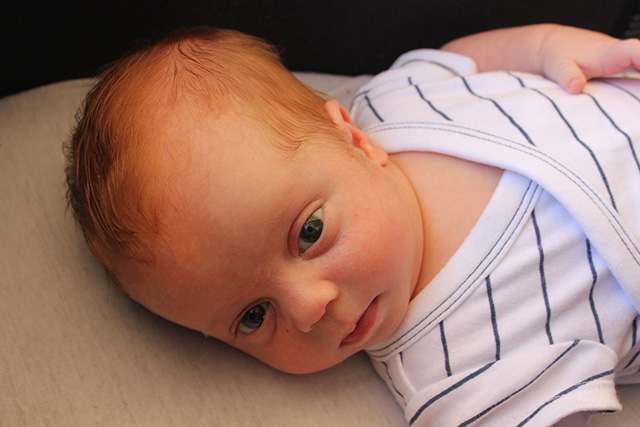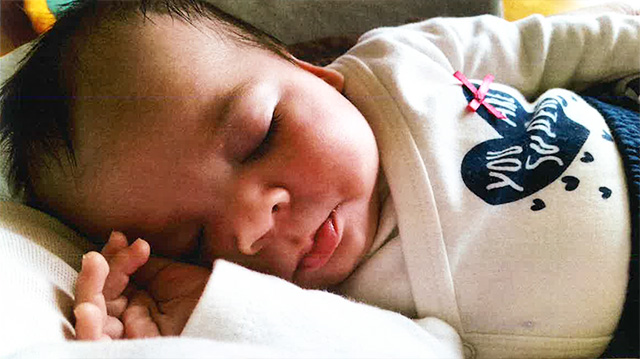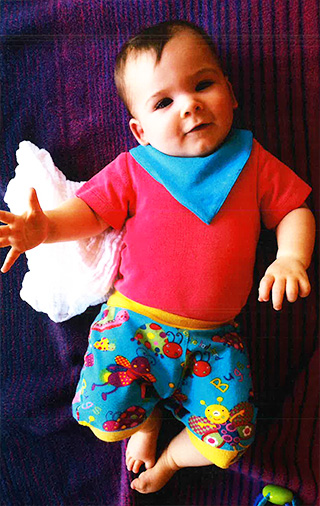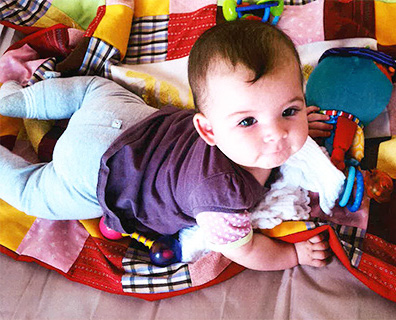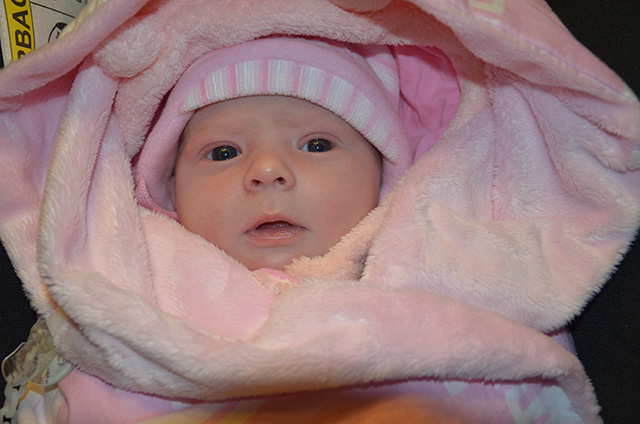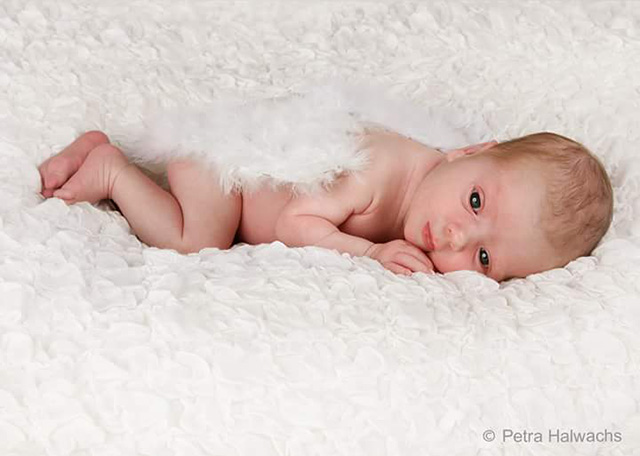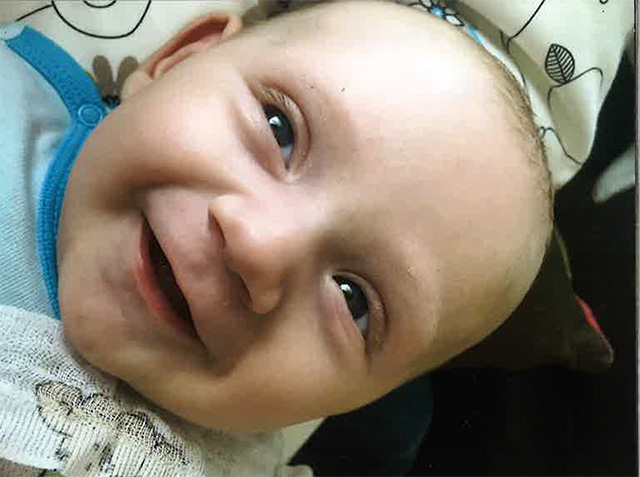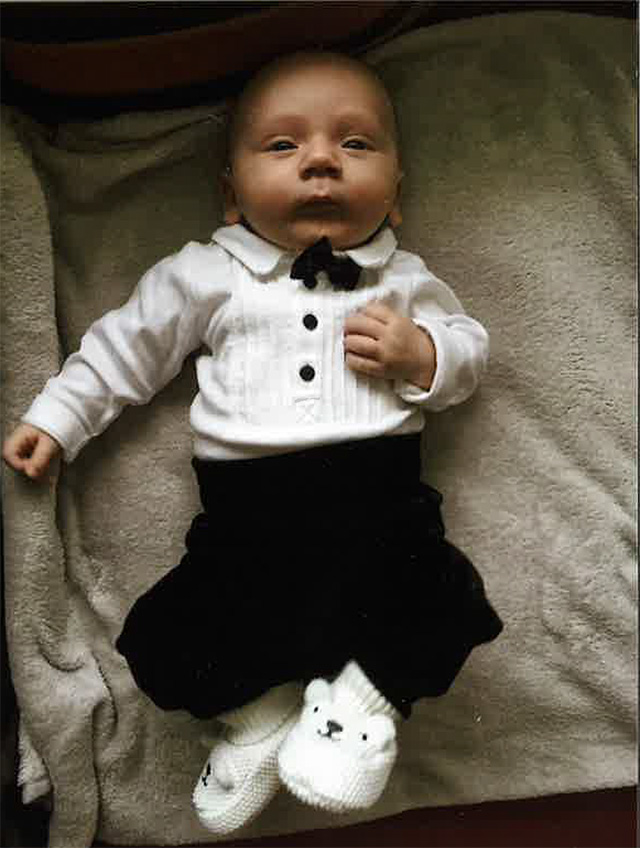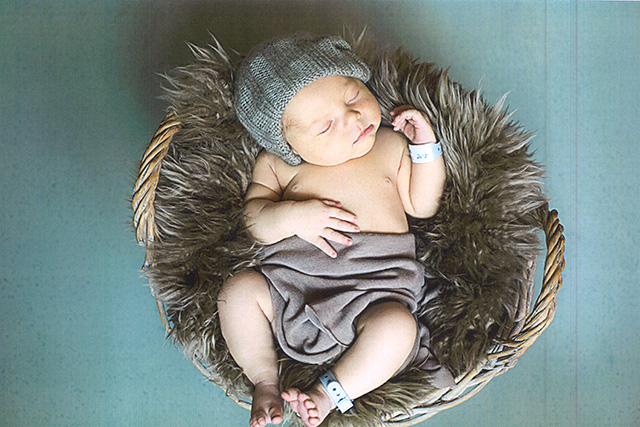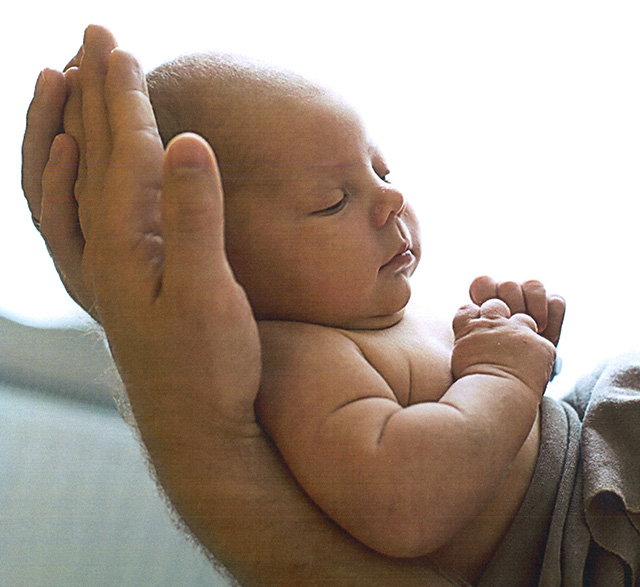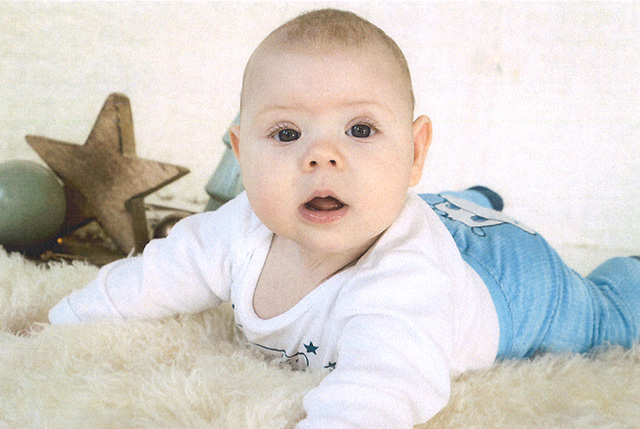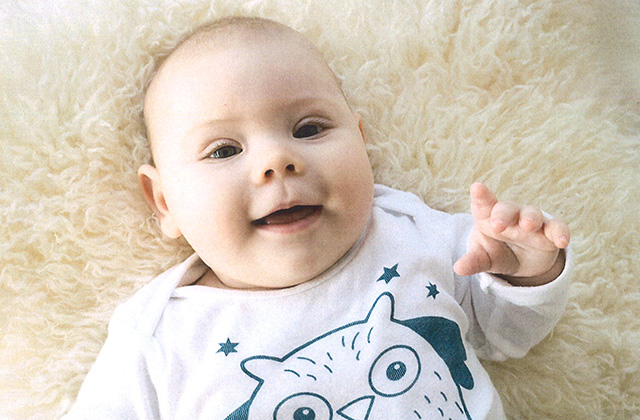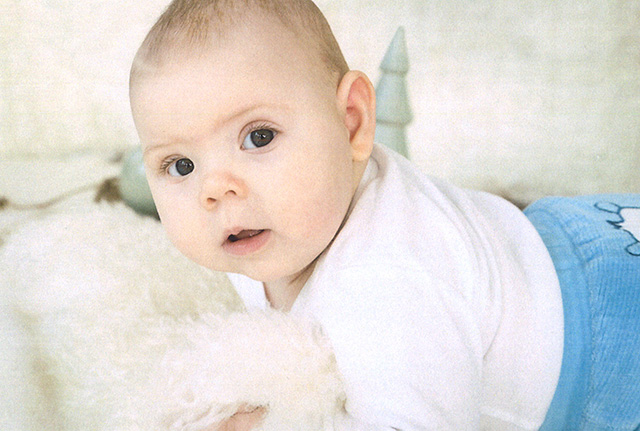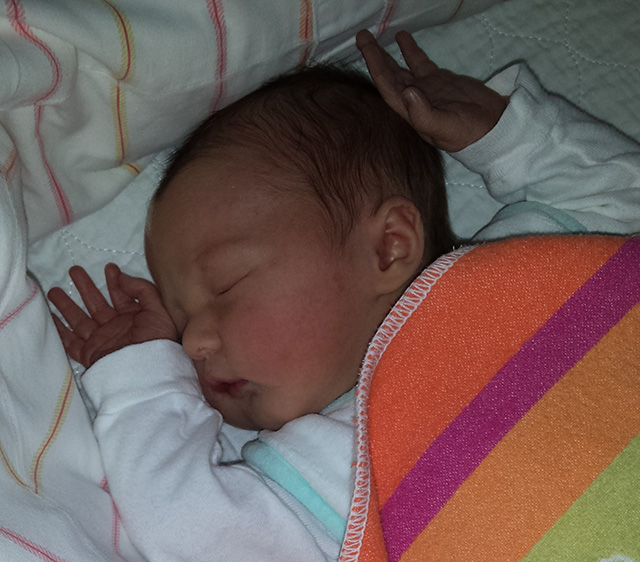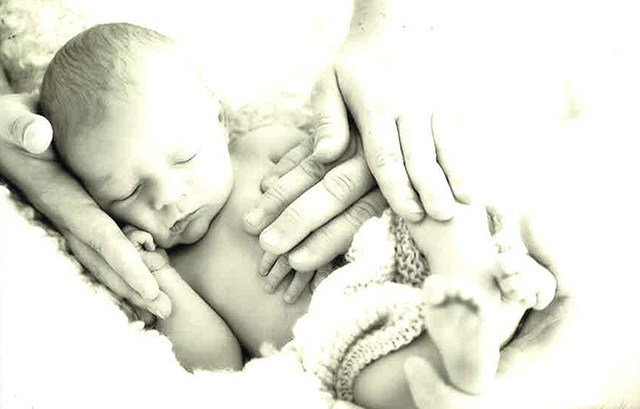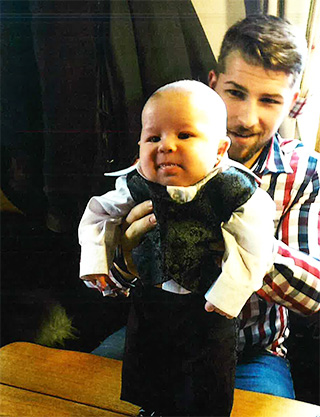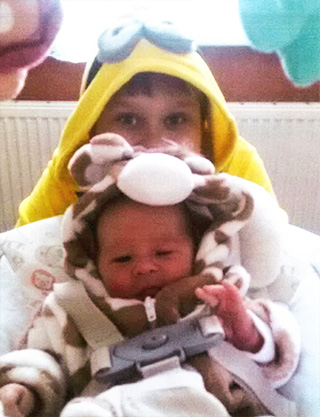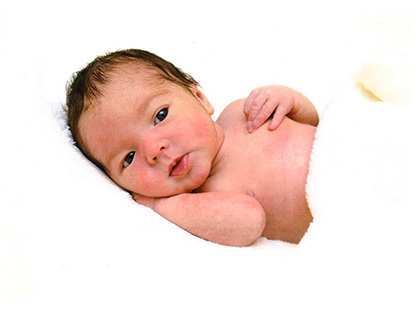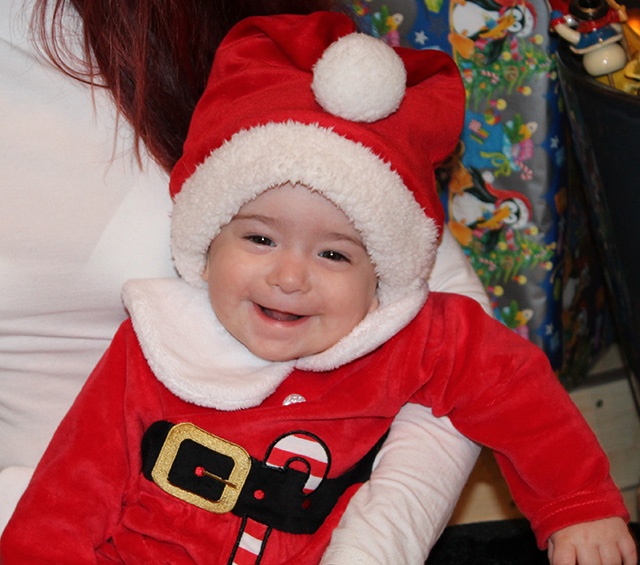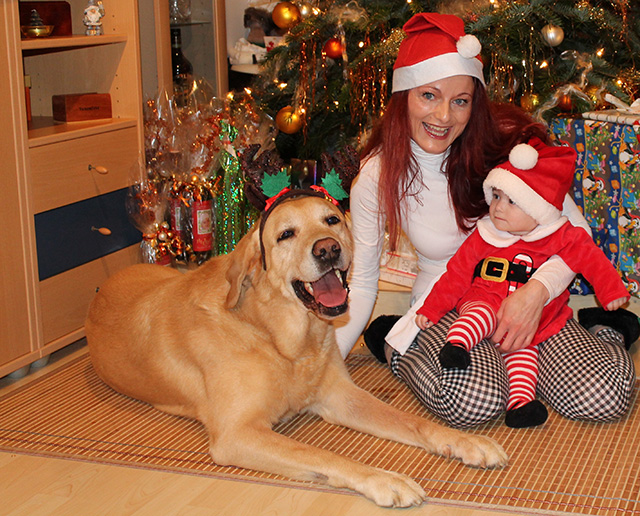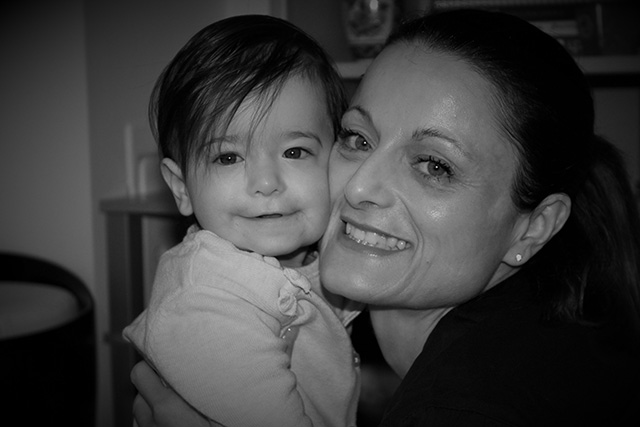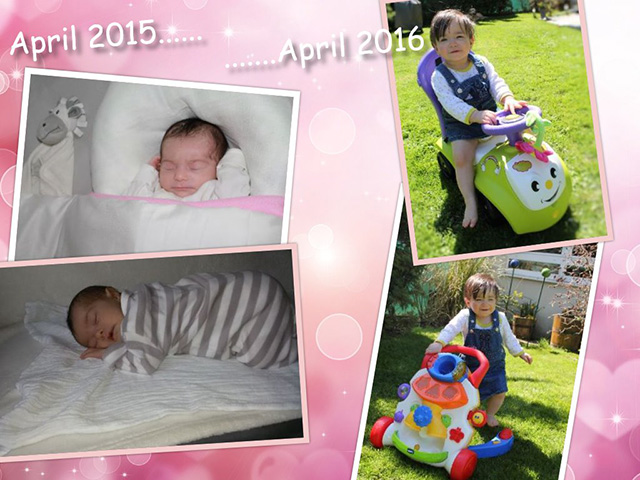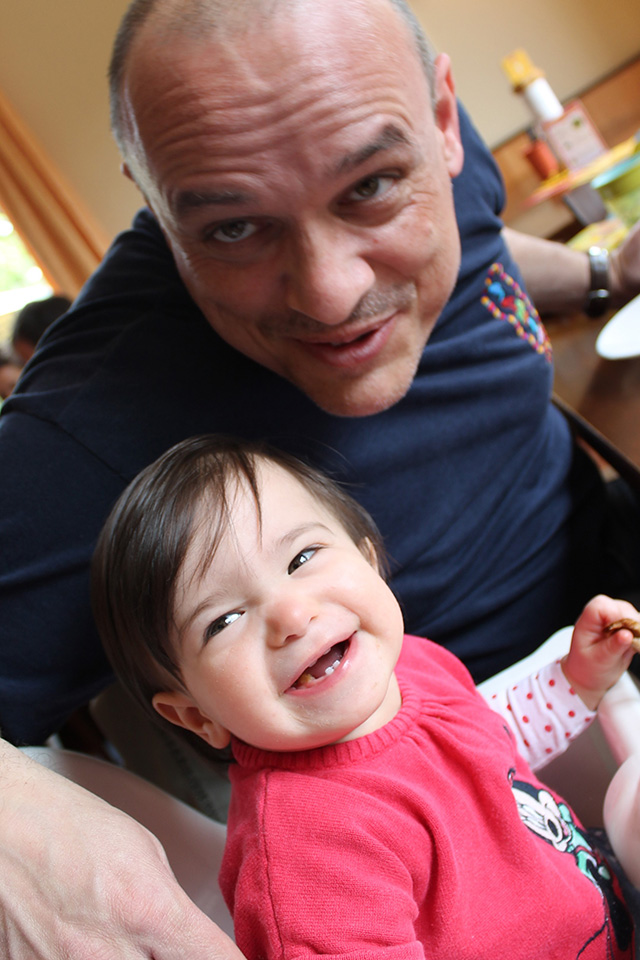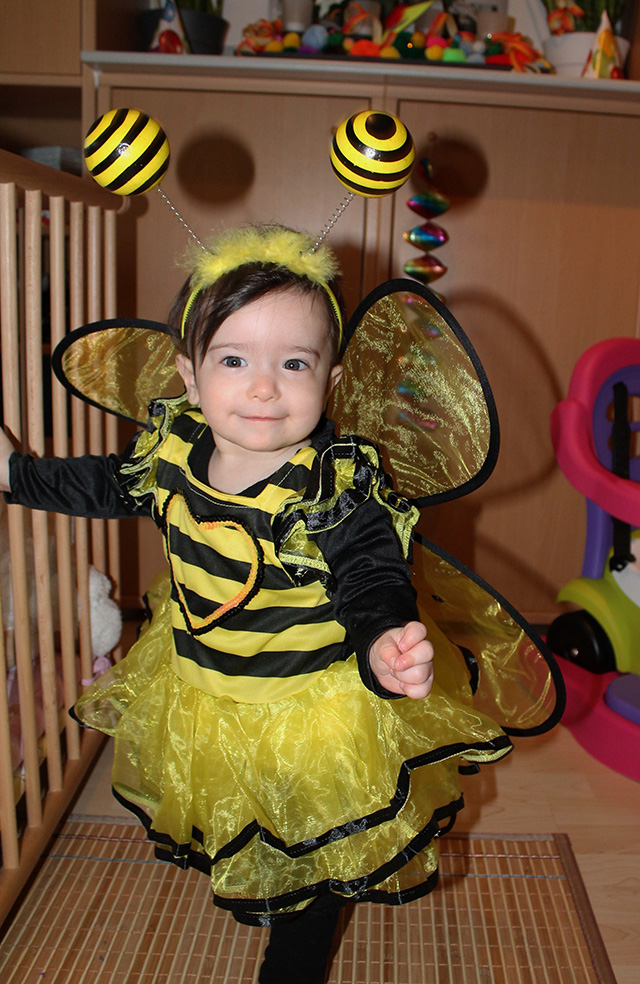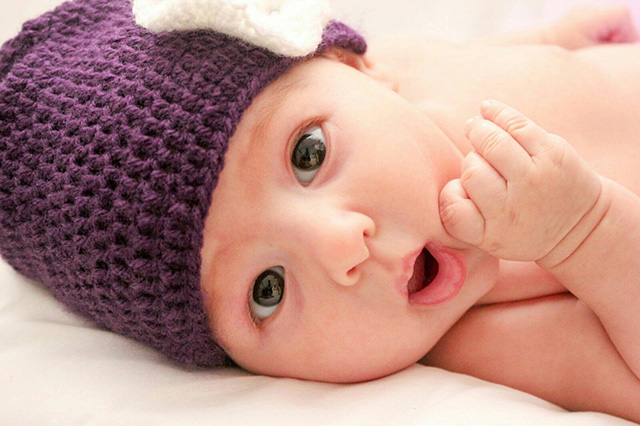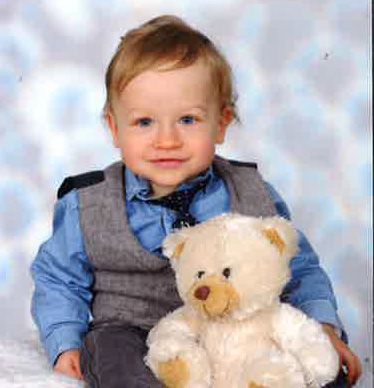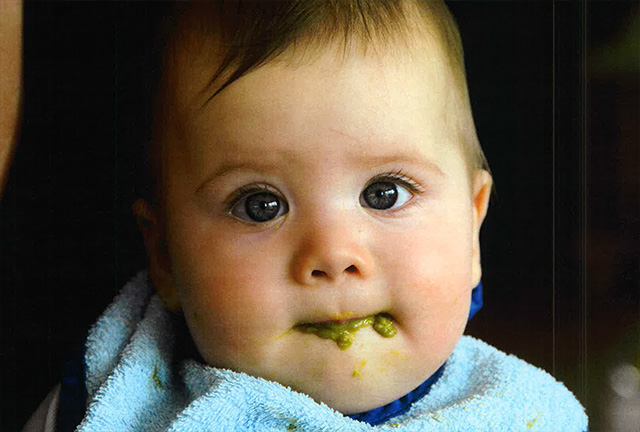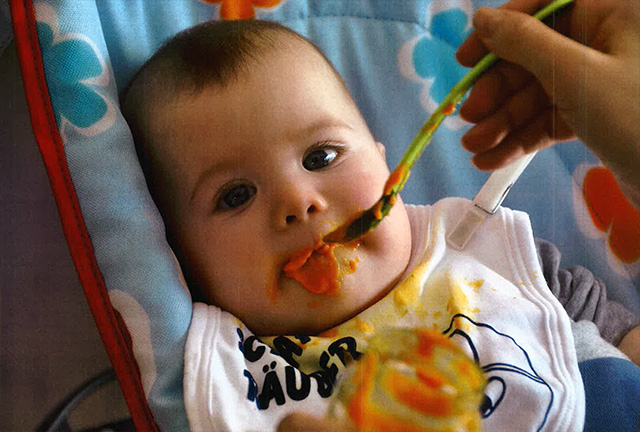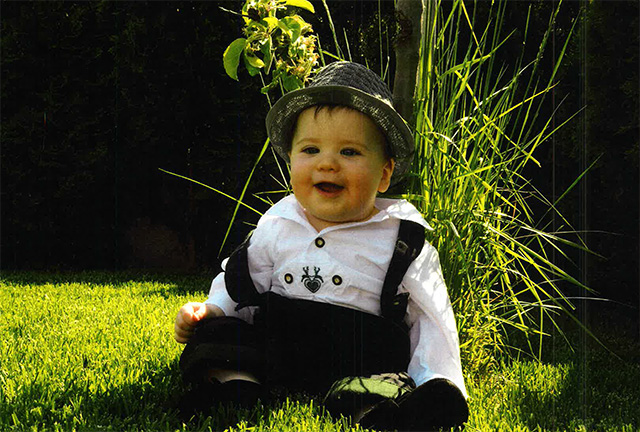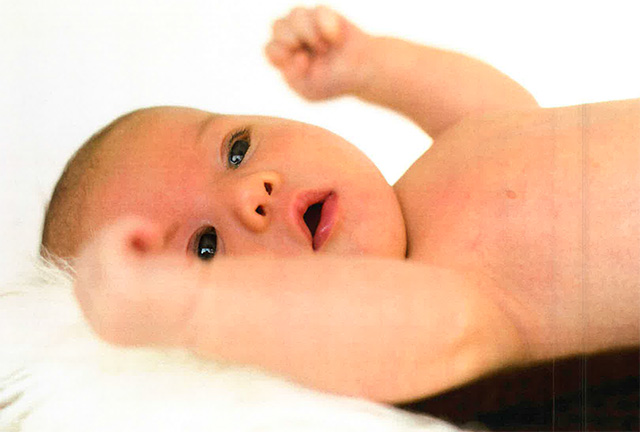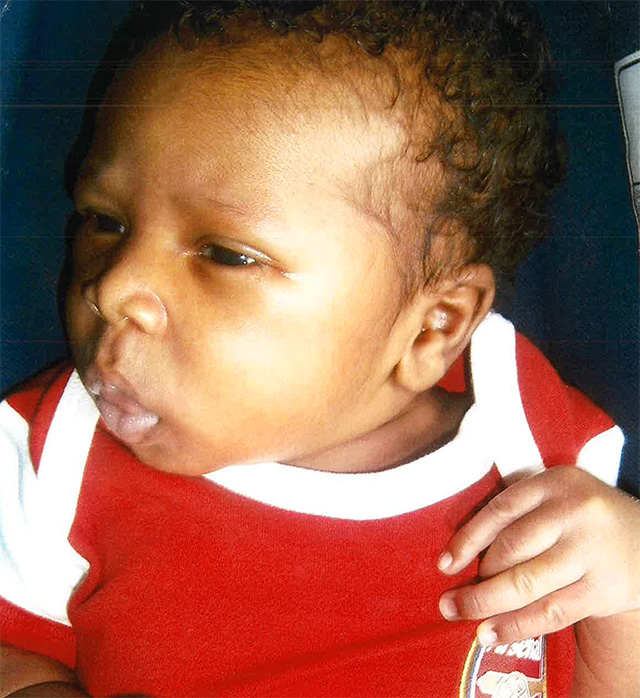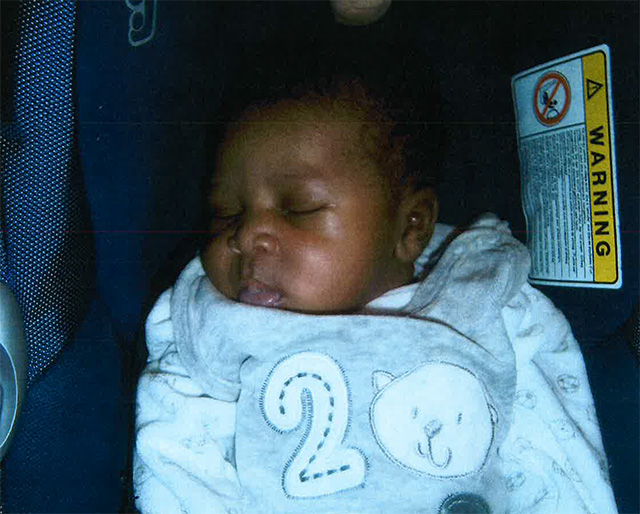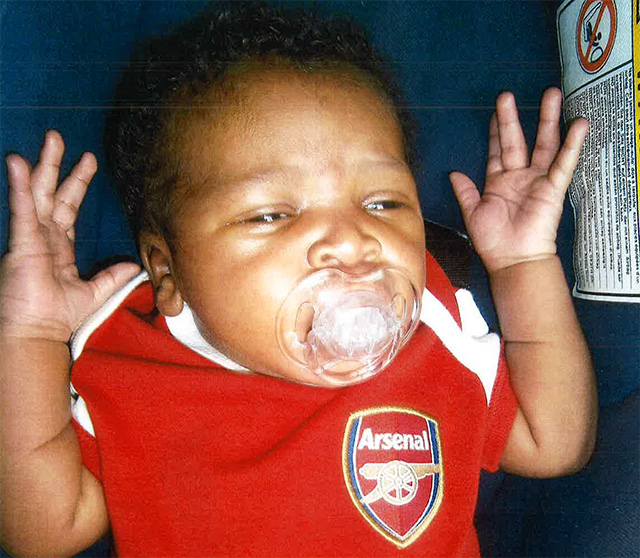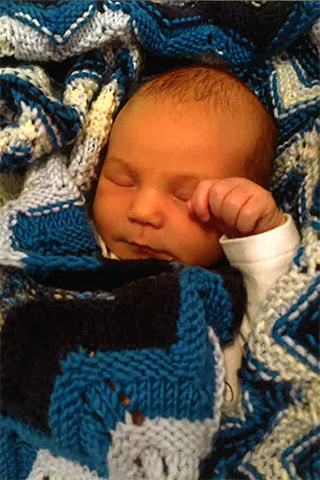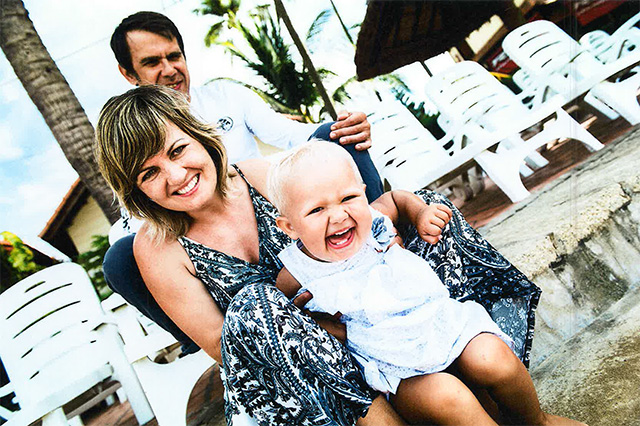Univ. Professor Dr.
Wilfried Feichtinger
* 1950 † 2021
From the first “test-tube baby,” to preimplantation diagnostics, all the way to the depths of the human microbiome: Wilfried Feichtinger contributed to the milestones of reproductive medicine. On the history and future of human reproduction.
The Wunschbaby Institute Feichtinger was founded in 1983 as the first private fertility clinic worldwide by the pioneer Professor Wilfried Feichtinger. Since then, more than 15,000 babies have been born thanks to treatment at the Institute.
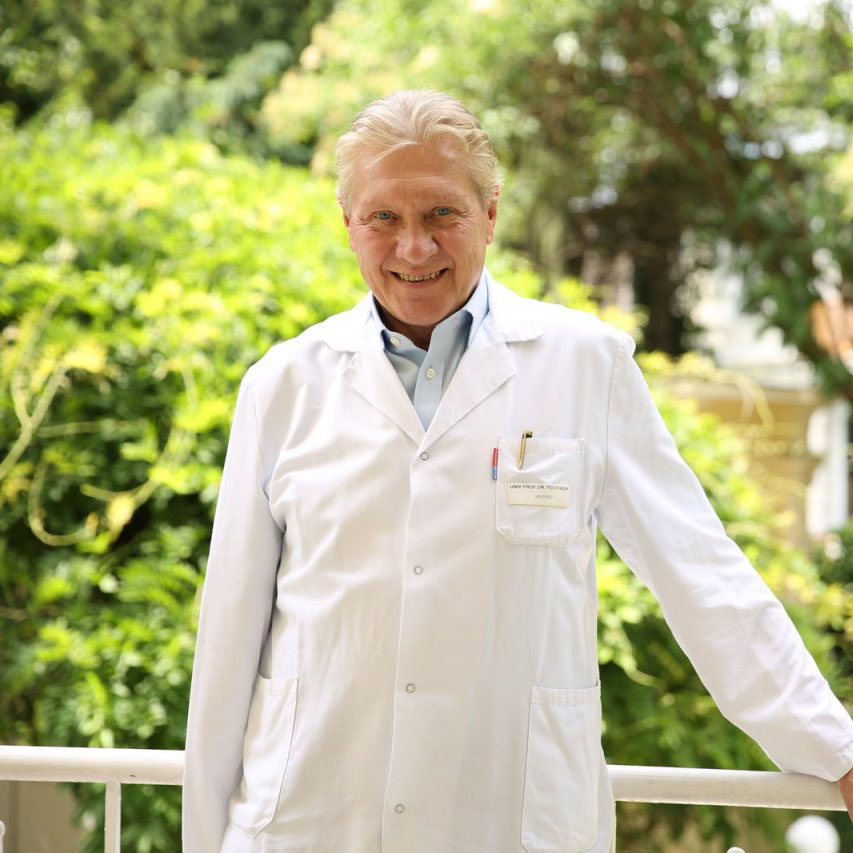
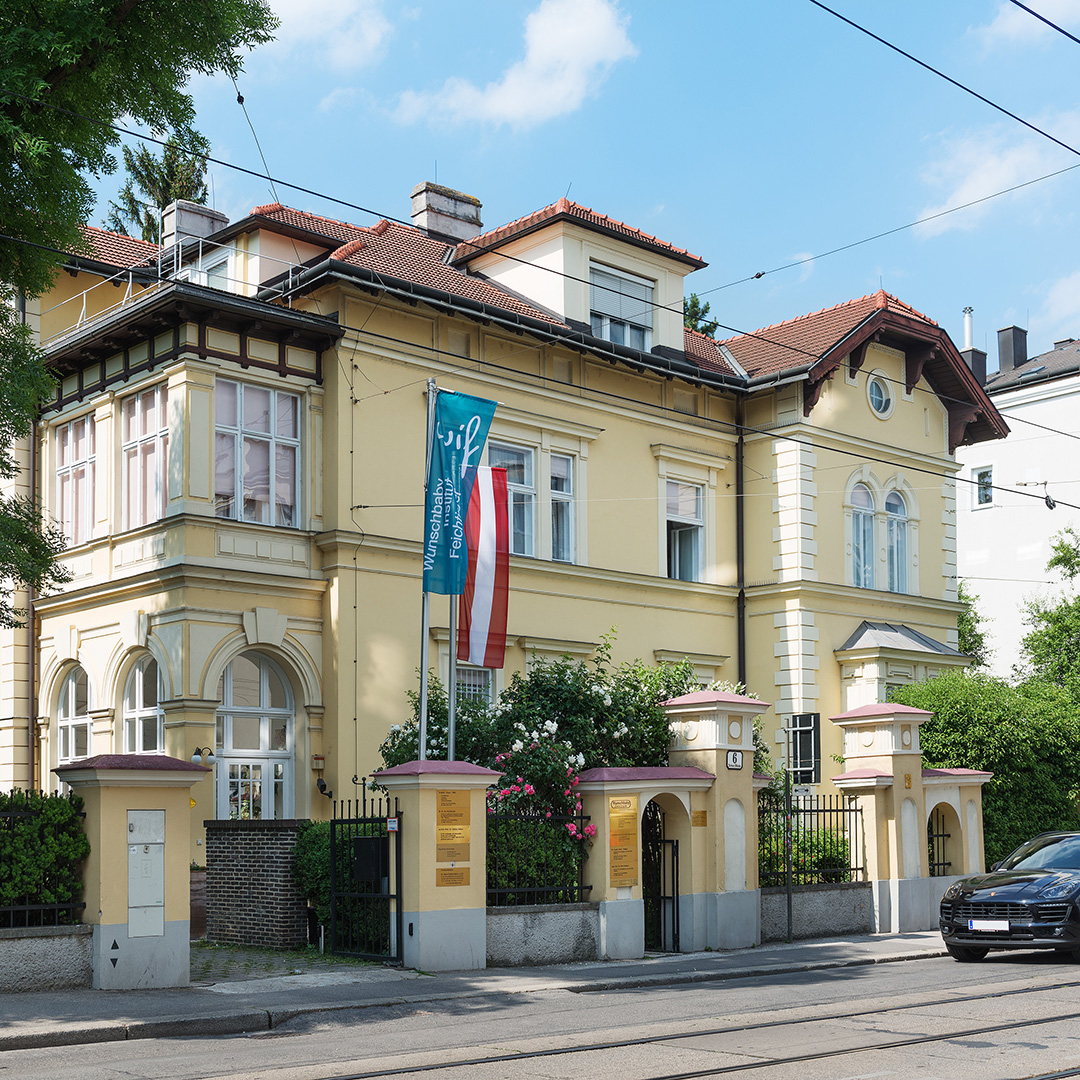
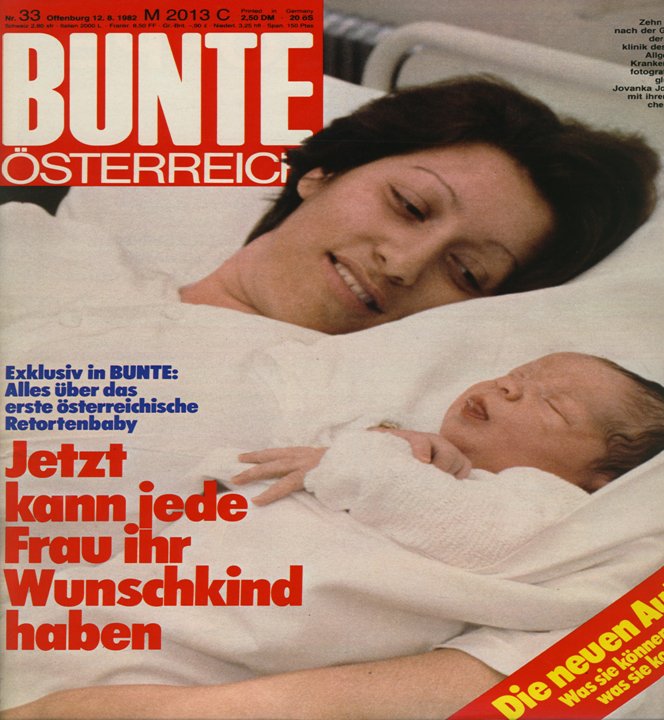
Professor Dr. Wilfried Feichtinger, who founded the Wunschbaby Institute Feichtinger, performed the first successful in vitro fertilization (IVF) in Austria. He spent several decades collaborating with international partners and helping to establish fertility clinics in New York, Singapore, Budapest, Szeged, Győr, Moscow, and Yekaterinburg. His proficiency in foreign languages – in particular, his perfect Russian, English, Italian, and French – enabled him to advise couples from all over the world who wanted to have children.
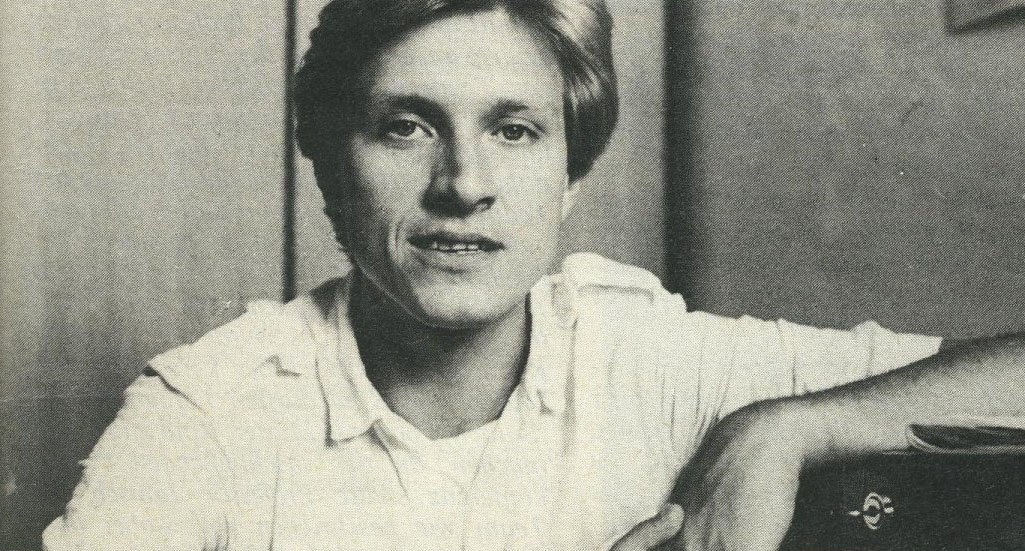
Among other things, Professor Feichtinger was an expert in the selection of the suitable method for stimulating the ovaries, the female natural (unstimulated) cycle, and treating the male reproductive system.
He was also responsible for the development of the straightforward procedure of egg cell retrieval using an ultrasound probe (which is now the method of choice worldwide), and he was the inventor and co-developer of transvaginal ultrasound.
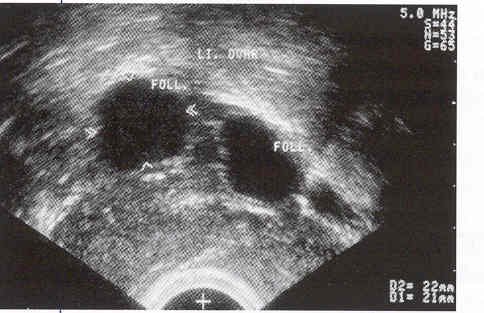
![]()
![]()
![]()
University Professor Dr. Feichtinger was also a pioneer in the field of preimplantation diagnostics, which today is a well-established procedure for determining the genetics of unfertilized and fertilized egg cells.
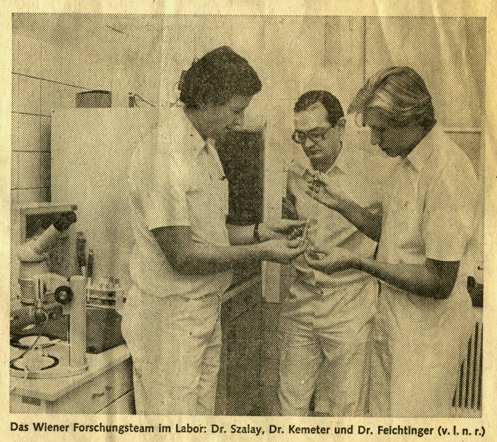
His research of the microbiome (the “good” and “bad” bacteria) in the female genital tract provided the first clues about its significance for female and male sterility.
Feichtinger’s book Kinderwunsch und Lebensplan is now in its second edition and has also been published in English by Cambridge Scholars Publishing under the title The Success Rates and Limits of Reproductive Medicine: Wanting Children and Planning Your Life. In his book, Feichtinger stresses that especially women who are pursuing careers and who want to start a family should plan ahead and not wait too long.
It goes without saying that Professor Dr. Wilfried Feichtinger was a figurehead of reproductive medicine in Austria.
Wilfried Feichtinger died after a serious illness in 2021. He is survived by 7 children, 7 grandchildren, and his wife Brigitte, with whom he was happily married for over 30 years.

About His Life
Wilfried Feichtinger was born on October 19, 1950, in Vienna. His mother’s family came from Russia (his grandfather was of Russian nobility). His father studied international business and was an accountant. His mother taught German to officers in the Russian Army during the Allied occupation.
Feichtinger grew up bilingual. He learned to speak, read, and write Russian from his Russian grandmother, among other people. After graduating from secondary school, he wanted to become a lawyer, pilot, or doctor.
His Austrian grandmother was a civil servant and told him that “no doctor has ever starved to death!”
After his neighbor took him to a lecture by the legendary anatomy professor Walter Krause, he made up his mind to study medicine.
While studying medicine, he was a trainee in gynecology twice at the Department of Obstetrics and Gynecology at the University of Vienna. There, he observed operations and births. This experience convinced him to become a gynecologist. What fascinated him most was the creation of life.
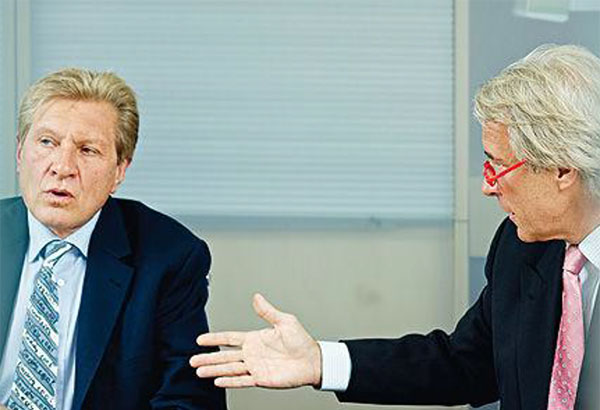
He applied for a residency at the Department of Obstetrics and Gynecology while still a student, because the waiting list was so long. Professor Peter Husslein invited him to an interview and was impressed by his interest in IVF treatments.
After 12 semesters, Feichtinger received his doctorate on May 16, 1975, and he began his internship in Baden already on May 20, 1975. He completed his internship in September 1978, after which he joined the team at the Department of Obstetrics and Gynecology at the University of Vienna.
This was followed by a stay at the Royal College of Obstetricians and Gynecologists in England, after which he presented a lecture in Vienna about the method used in the world’s first successful IVF treatment there. Professor Husslein helped him to pursue IVF in Vienna. With his help, Feichtinger applied for a research grant to establish an IVF center at the Department. The funds from this grant enabled him to assemble a team that he led until 1983, when after the first several successful IVF births, he decided to leave the center and found his own private clinic.
When he was still a resident at the Department of Obstetrics and Gynecology, Feichtinger spent several weeks in Togo, Africa, as part of a research project with the aim of introducing the Austrian model of the Mother-Child Booklet (Mutterkindpass) in Togo. While there, he observed not only different forms of obstetric care; he also witnessed shocking situations, all of which contributed to his expertise as an obstetrician.
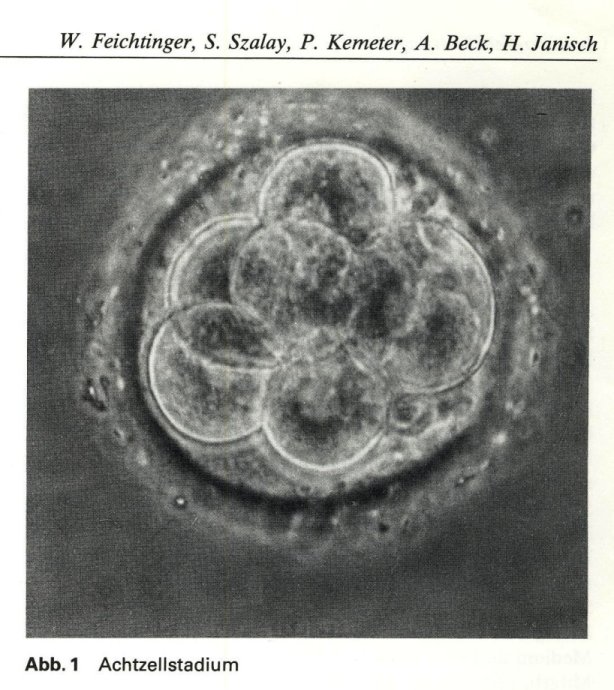
In the mid-1980s, Feichtinger developed the transvaginal ultrasound probe together with the Kretz Technik Company in Austria. This gained him international recognition, and he was soon invited to places all over the globe to carry out treatments. From that point forward, egg cells were retrieved through the vagina according to Feichtinger’s method.
In 1984, Feichtinger founded the Wunschbaby Institute Feichtinger in Vienna. The Institute is highly regarded all over the world and has helped more than 15,000 babies to be born. Run by family for families, the Institute is now under the directorship of Feichtinger’s son, Priv.-Doz. DDr. Michael Feichtinger (Priv.-Doz. is the Austrian equivalent of Associate Professor).
Wilfried Feichtinger published many books and articles in scientific journals throughout his career.
Private Life
Wilfried Feichtinger was born on October 19, 1950, in Vienna. His mother’s family came from Russia (his grandfather was from Russian nobility). His father studied international business and was an accountant. His mother taught German to officers in the Russian Army during the Allied occupation.
Professor Dr. Wilfried Feichtinger was married to his wife Brigitte and had 7 children and 7 grandchildren.
He met his first wife Christl during the orientation for prospective students at the University of Vienna. Their son Wolfgang was born in 1977. Wolfgang has a degree in engineering and works as a garden landscaper specializing in roof terraces.
In 1979, Feichtinger fell in love with Karin, who was a medical student. He and Christl divorced, and he and Karin were married in 1980. Their son Georg was born in 1981. Their daughter Sonja was born in 1983. Sonja is married to a tax advisor from Canada and works as a lawyer in Vancouver specializing in EU law.
Feichtinger and his current wife Brigitte, who was a stewardess, found each other on a flight to Vienna on his way home from a conference. They already knew each other from childhood through their parents. Brigitte was the love of his life.
Feichtinger and Karin divorced in 1985. Feichtinger and Brigitte’s son Michael was born in 1987. Their daughter Katharina was born one year later in 1988. Katharina is now a social worker and lives in Kärnten.
In 1988, Feichtinger and his family lived for several months in New York City, where he was a visiting professor at the Albert Einstein College of Medicine. Feichtinger successfully established IVF there, resulting in the first “test-tube baby” to be born in New York. He was also responsible for the first IVF birth in Singapore in 1987.
Daughter Lisa was born in 1990. Lisa is now a geneticist and works at the Wunschbaby Institute Feichtinger. Her husband Christian Wallner is also the director of finance at the Institute.
In 1999, daughter Susanna was born. Susanna is currently studying medicine at the Sigmund Freud University of Vienna and is also an emergency medical technician. She also works part-time at the Wunschbaby Institute Feichtinger.
Wilfried Feichtinger was a passionate singer, and he performed the role of Prince Malcolm several times in the opera “Macbeth” by Guiseppe Verdi at the Neuwaldegg Opera Festival. In 2014, he had a solo performance at a charity gala for children with special needs at the Vienna City Hall.
Feichtinger was also an avid traveler.
He owned a small farm near Semmering, where he liked to spend a lot of time with his family and to cook, especially Russian cuisine.
Über 15.000 Geburten










